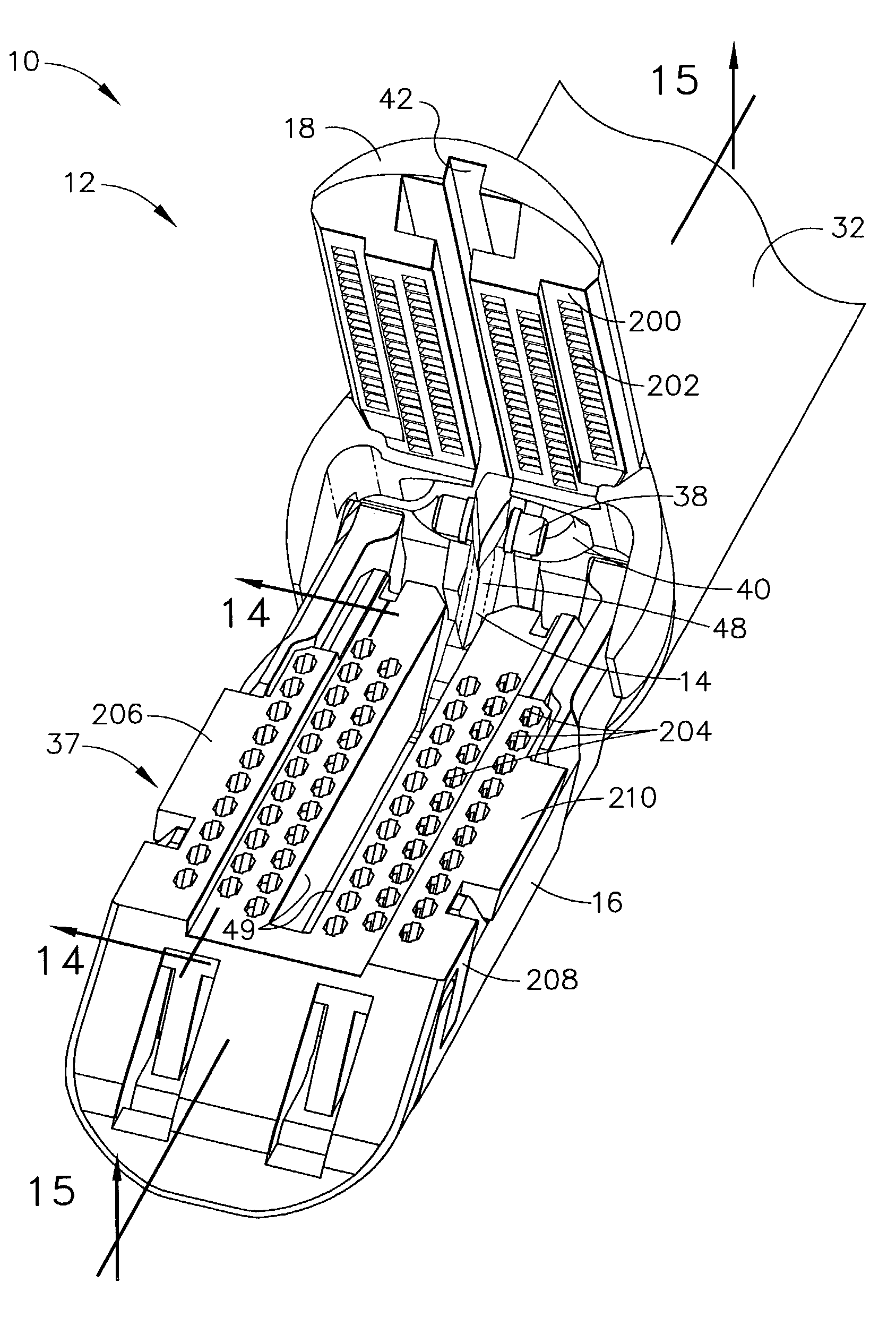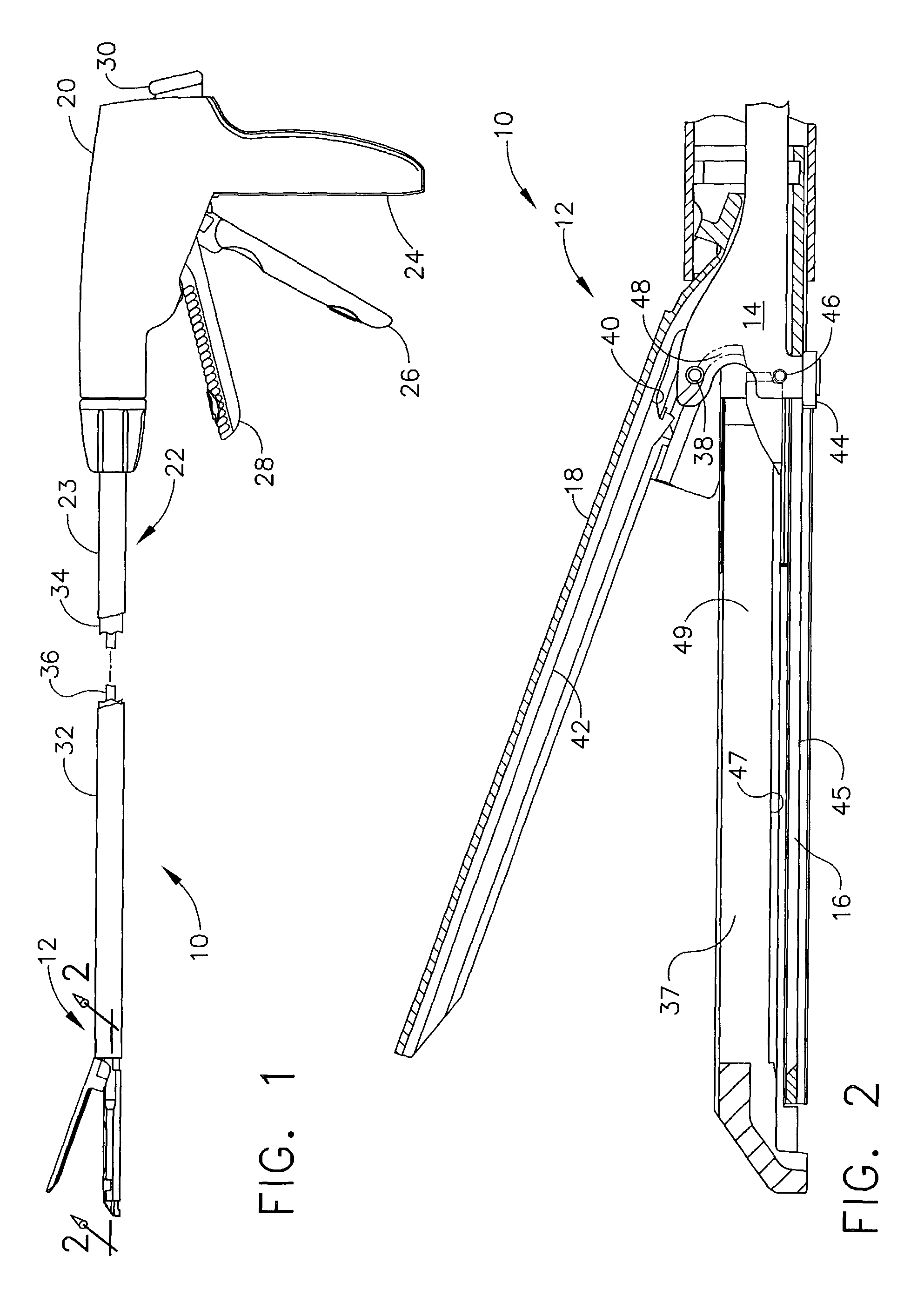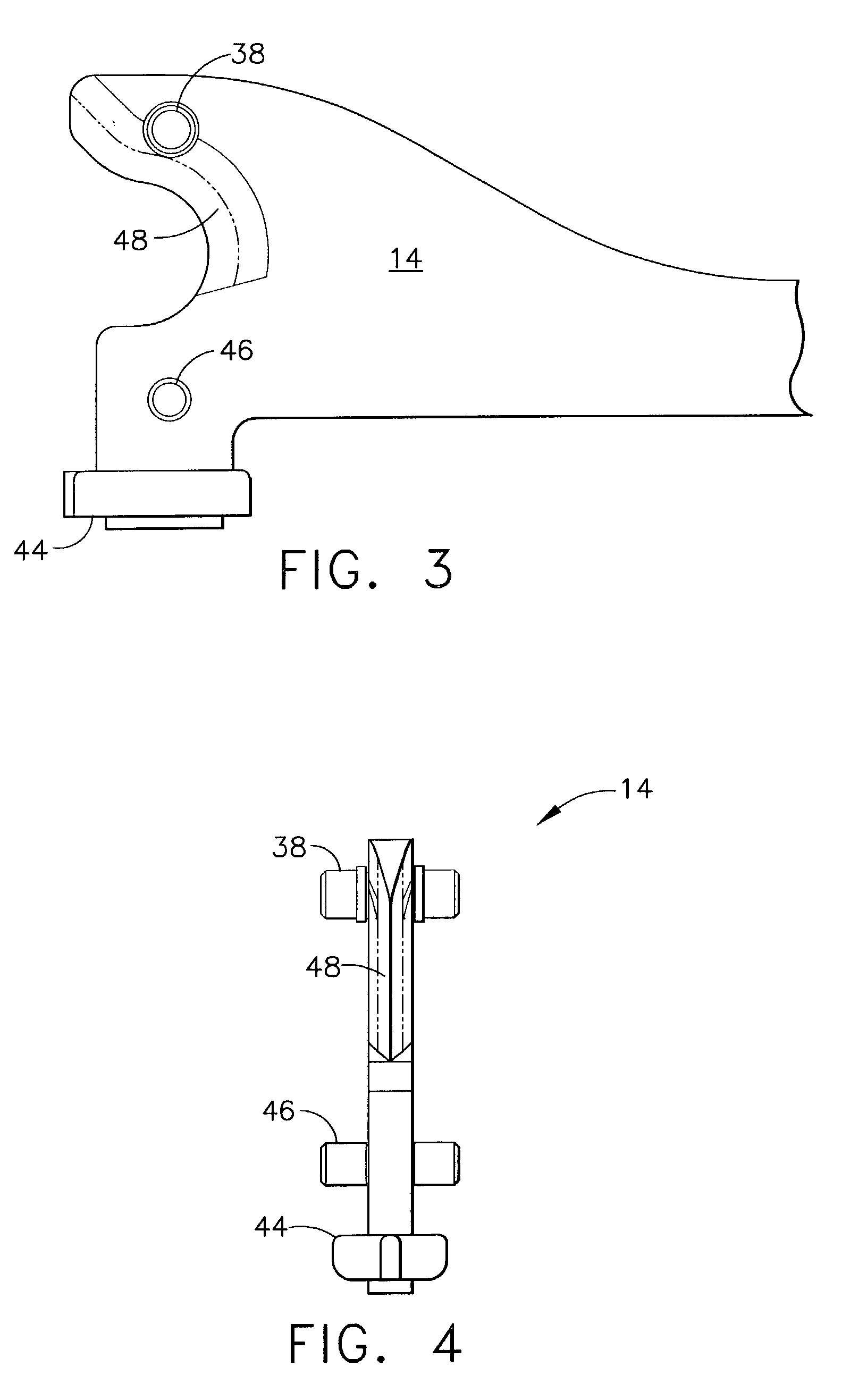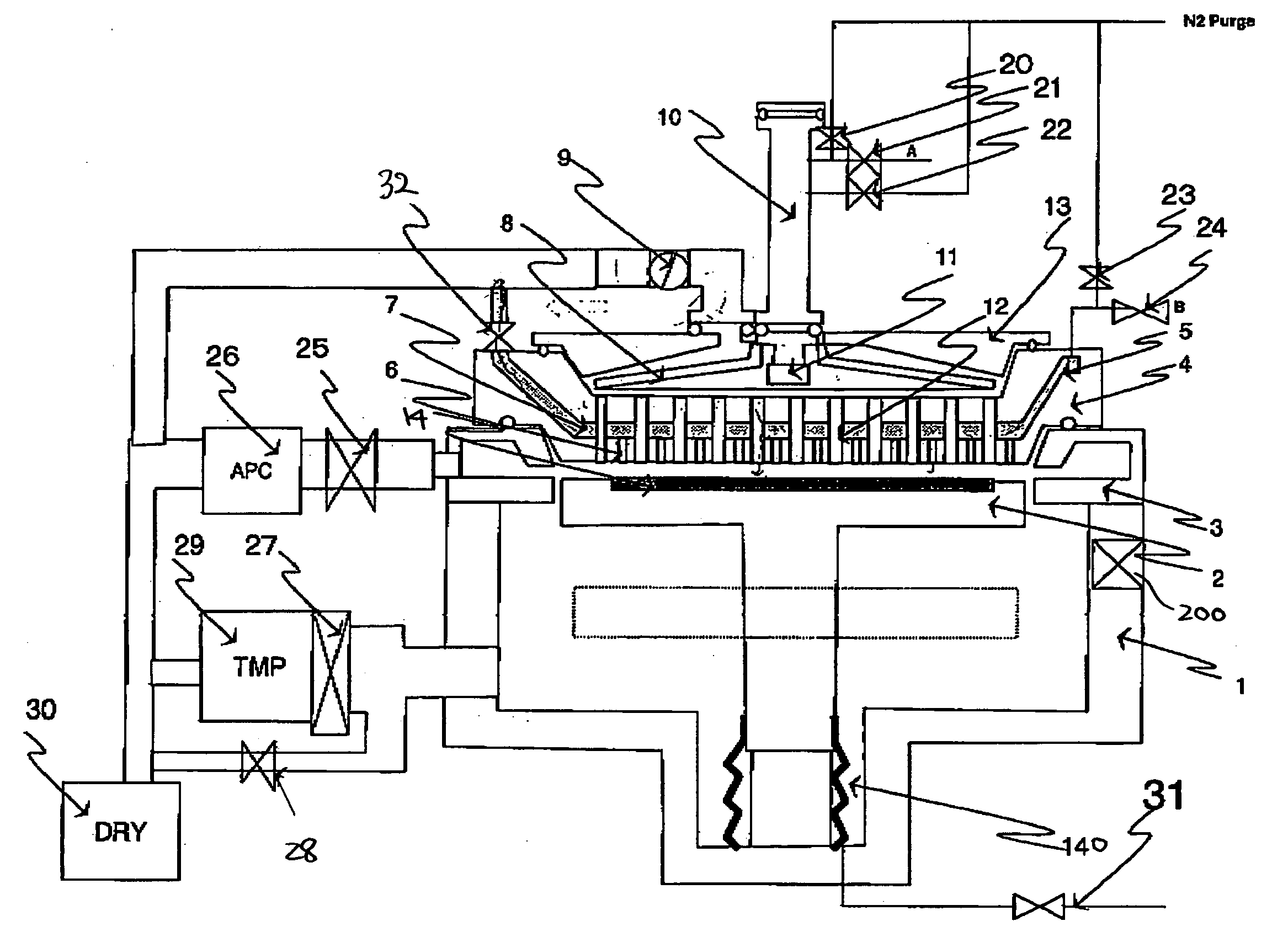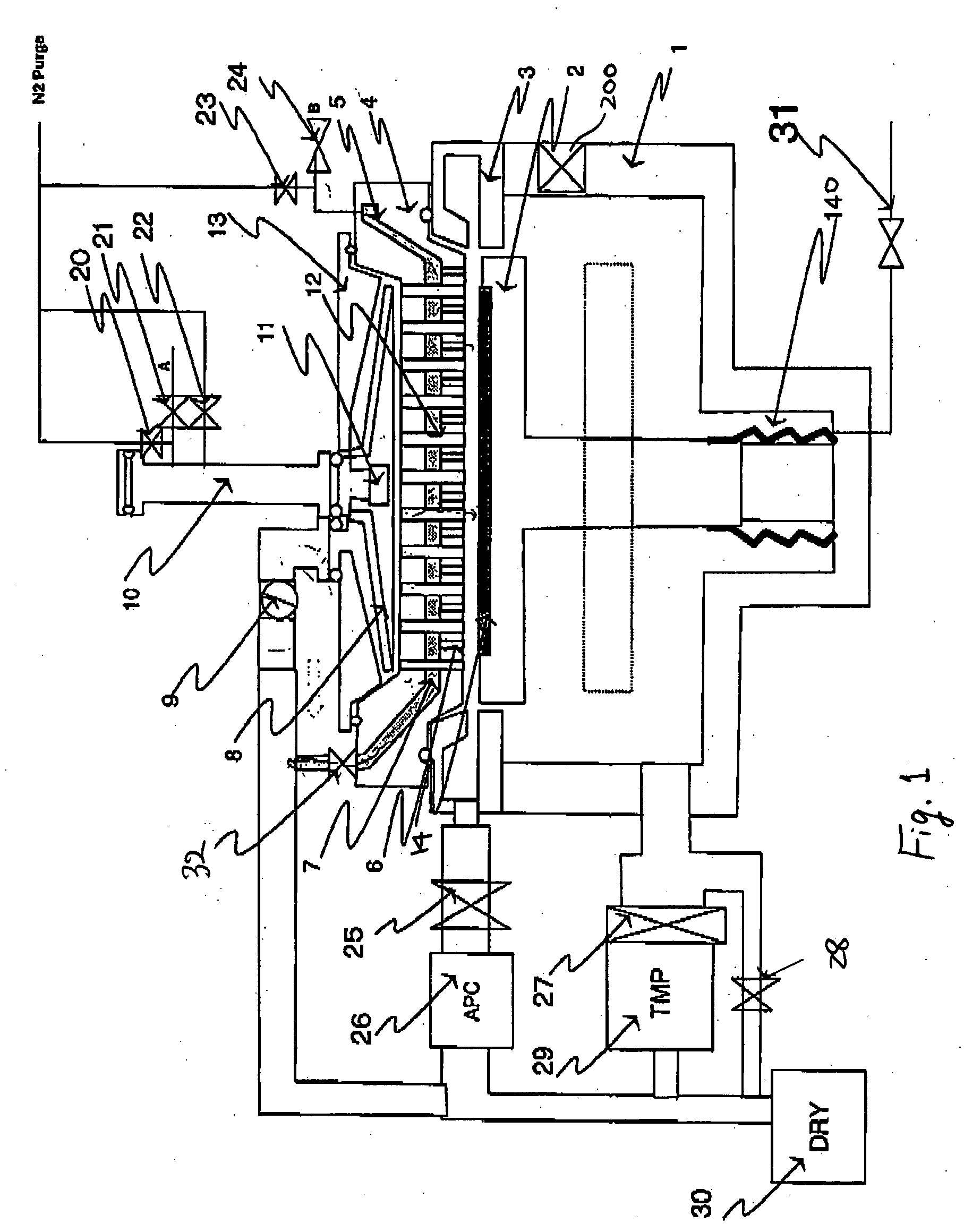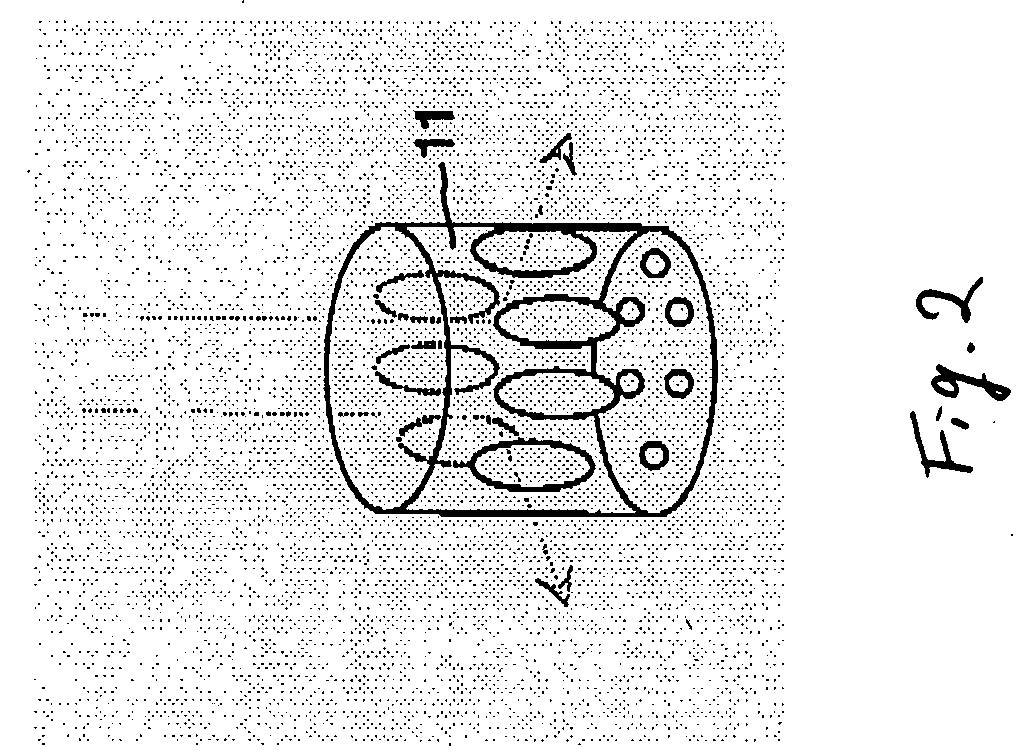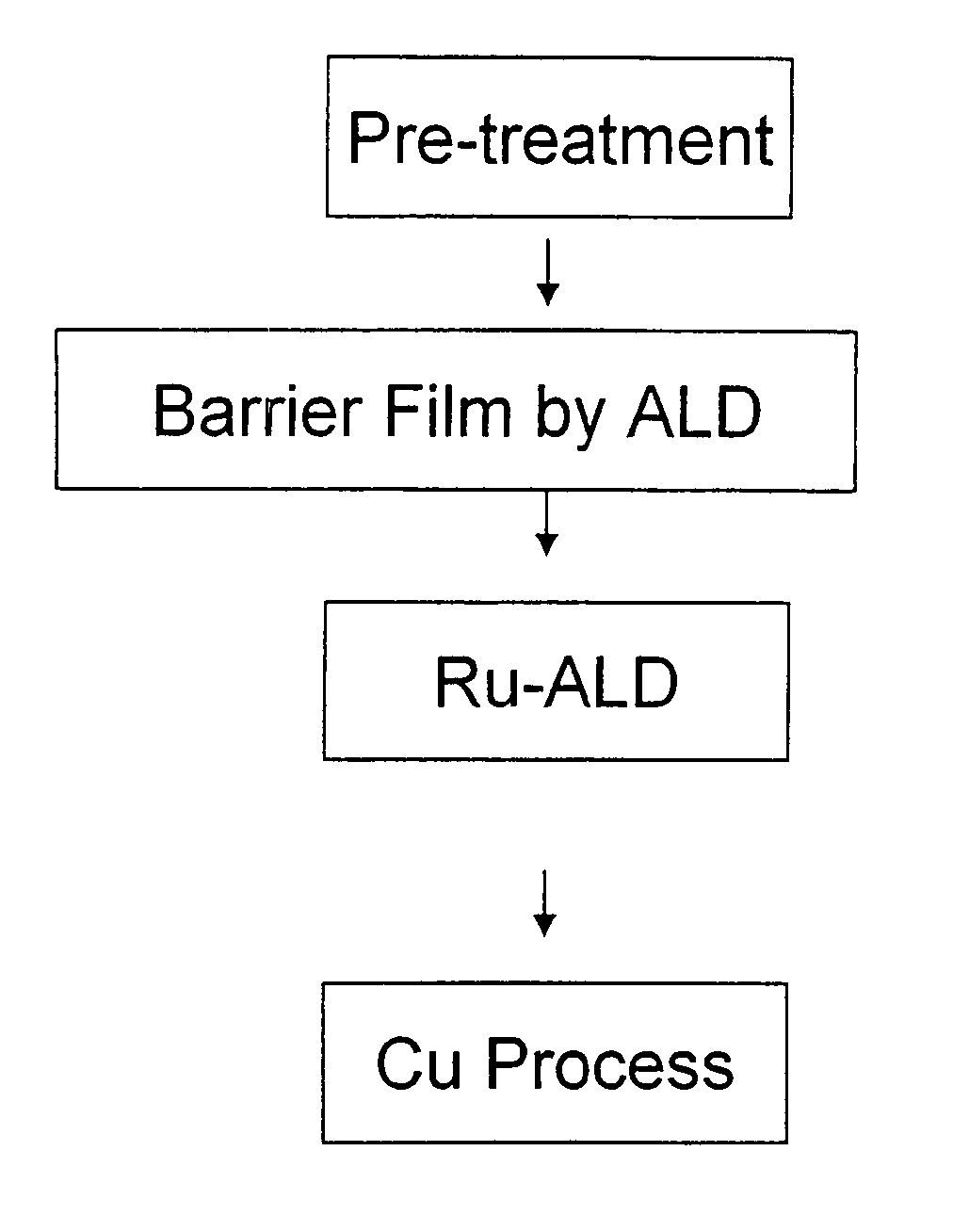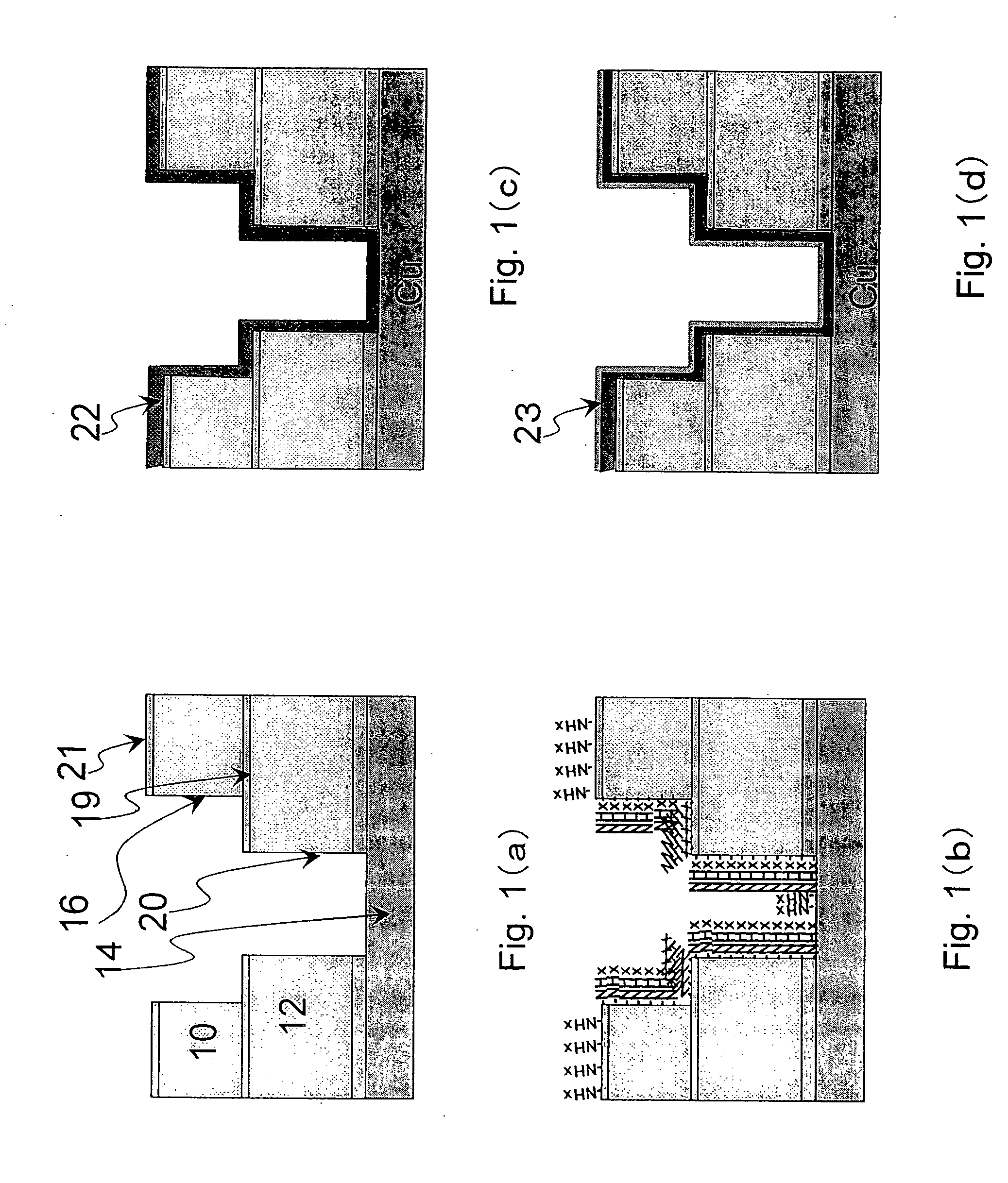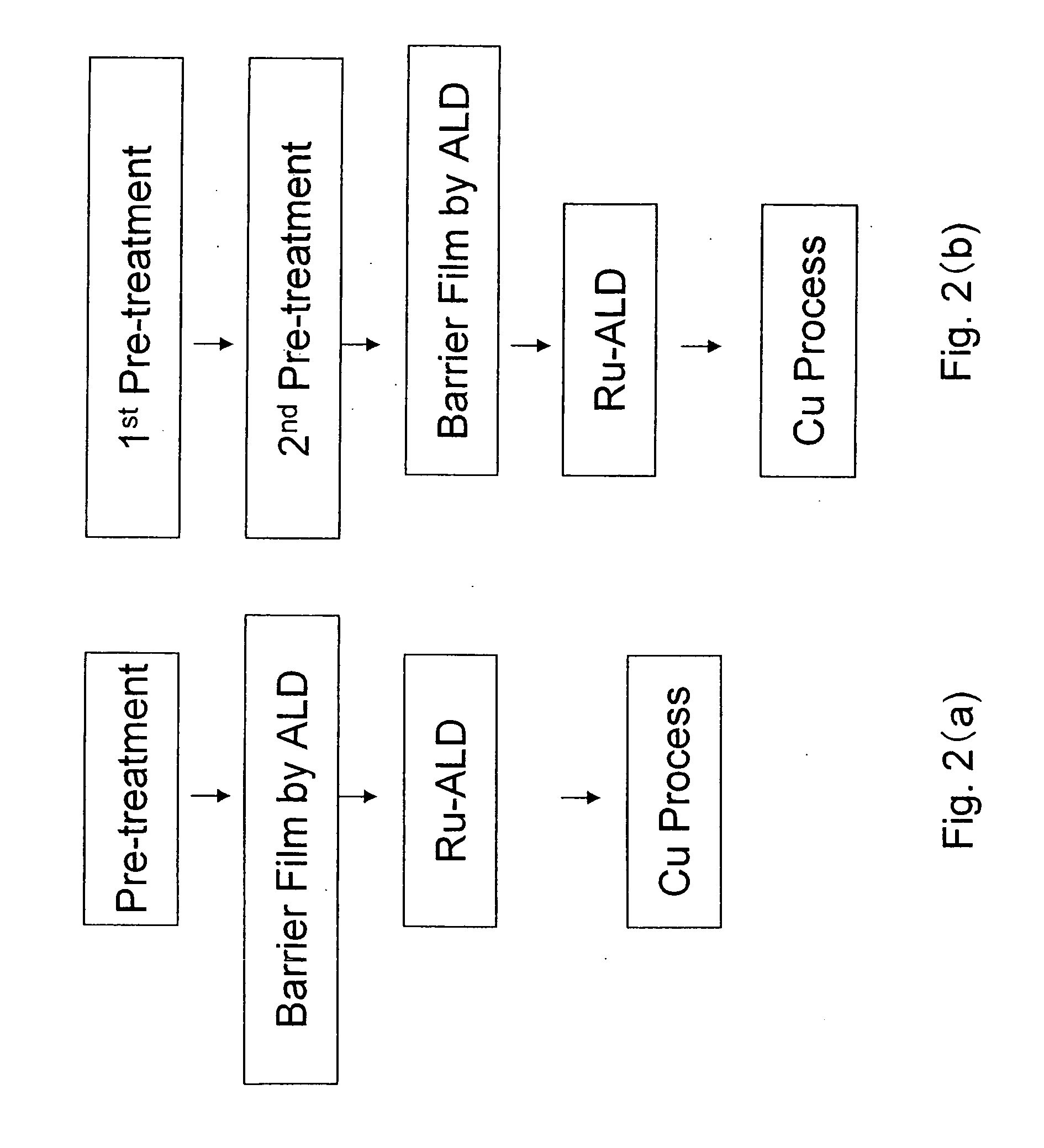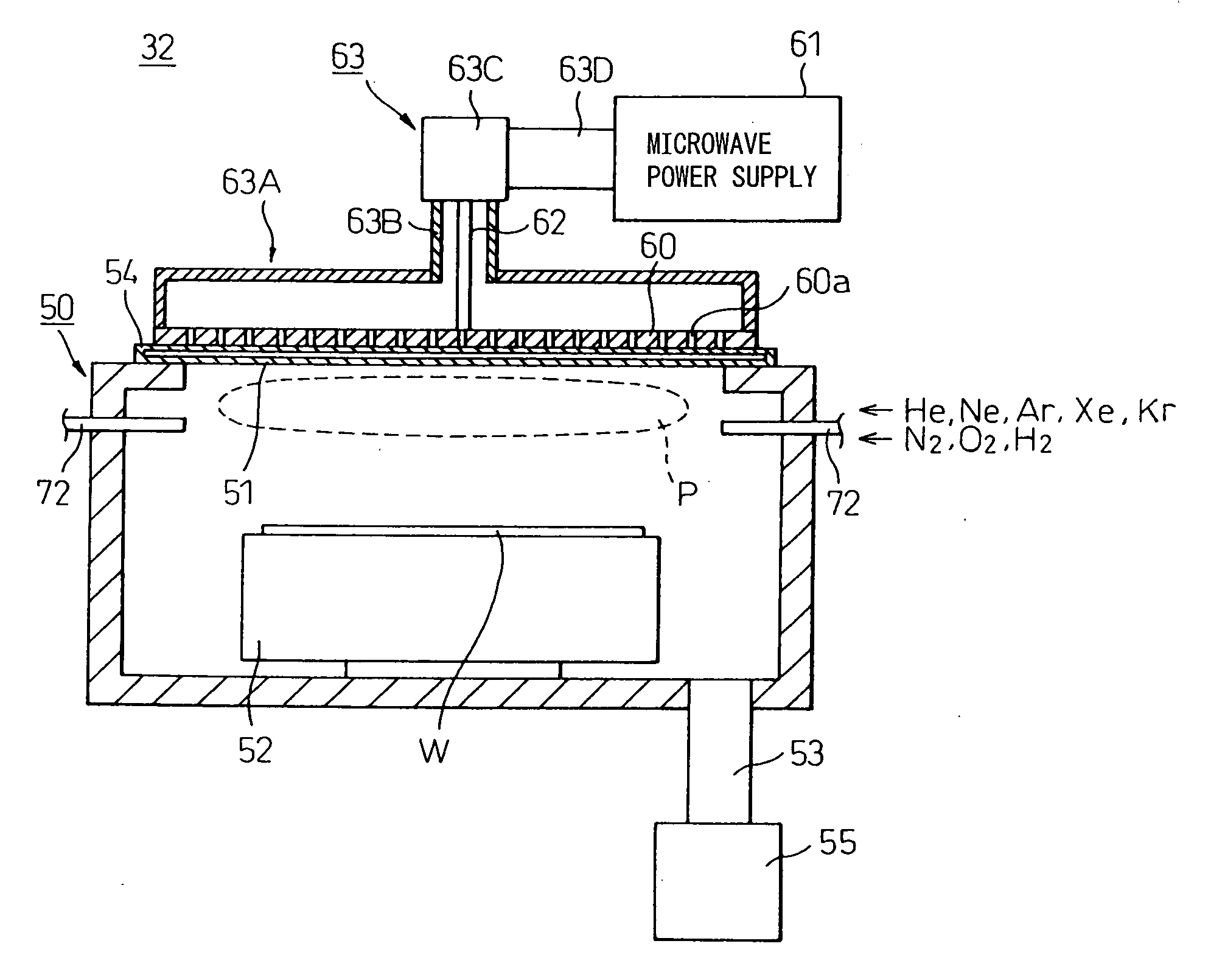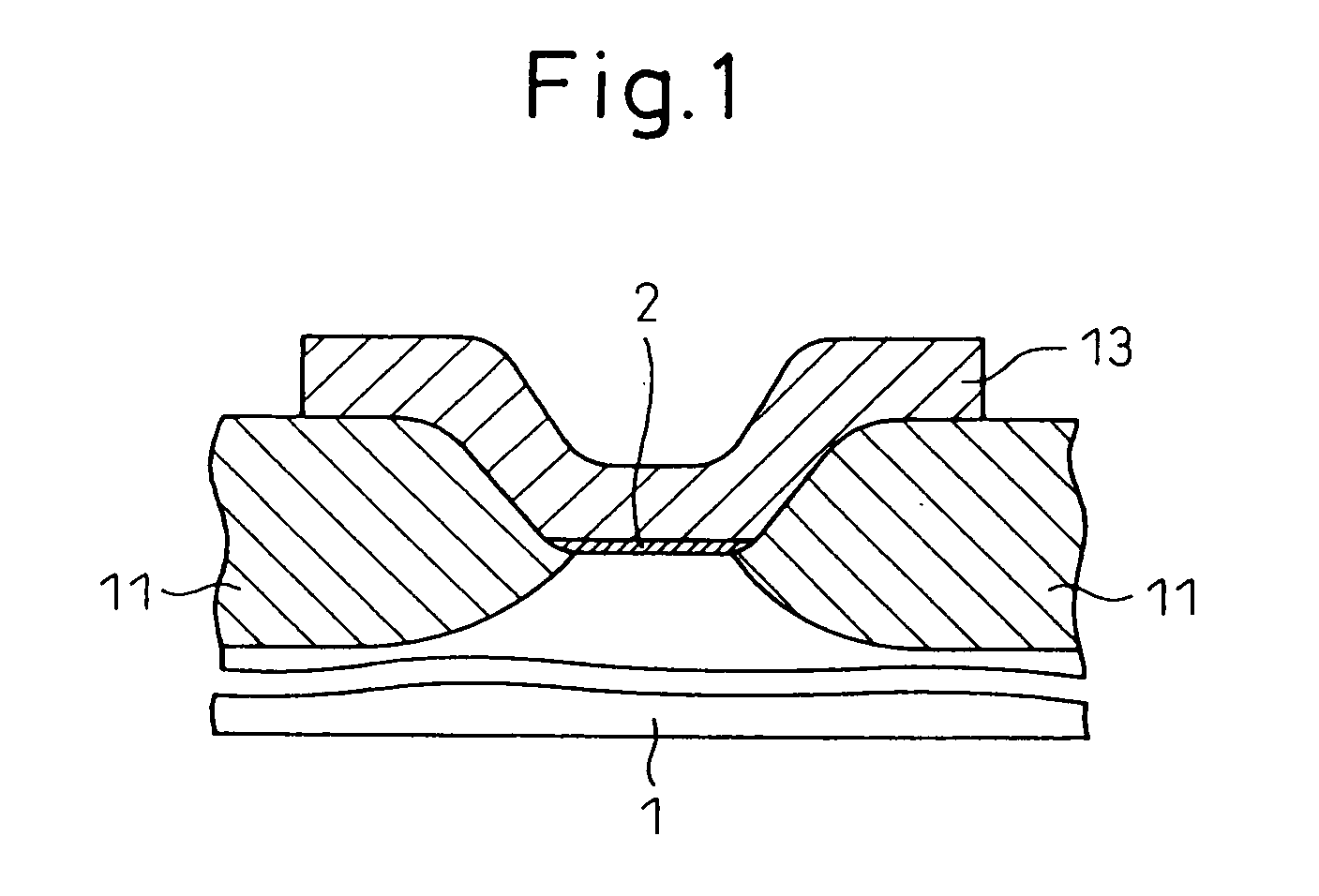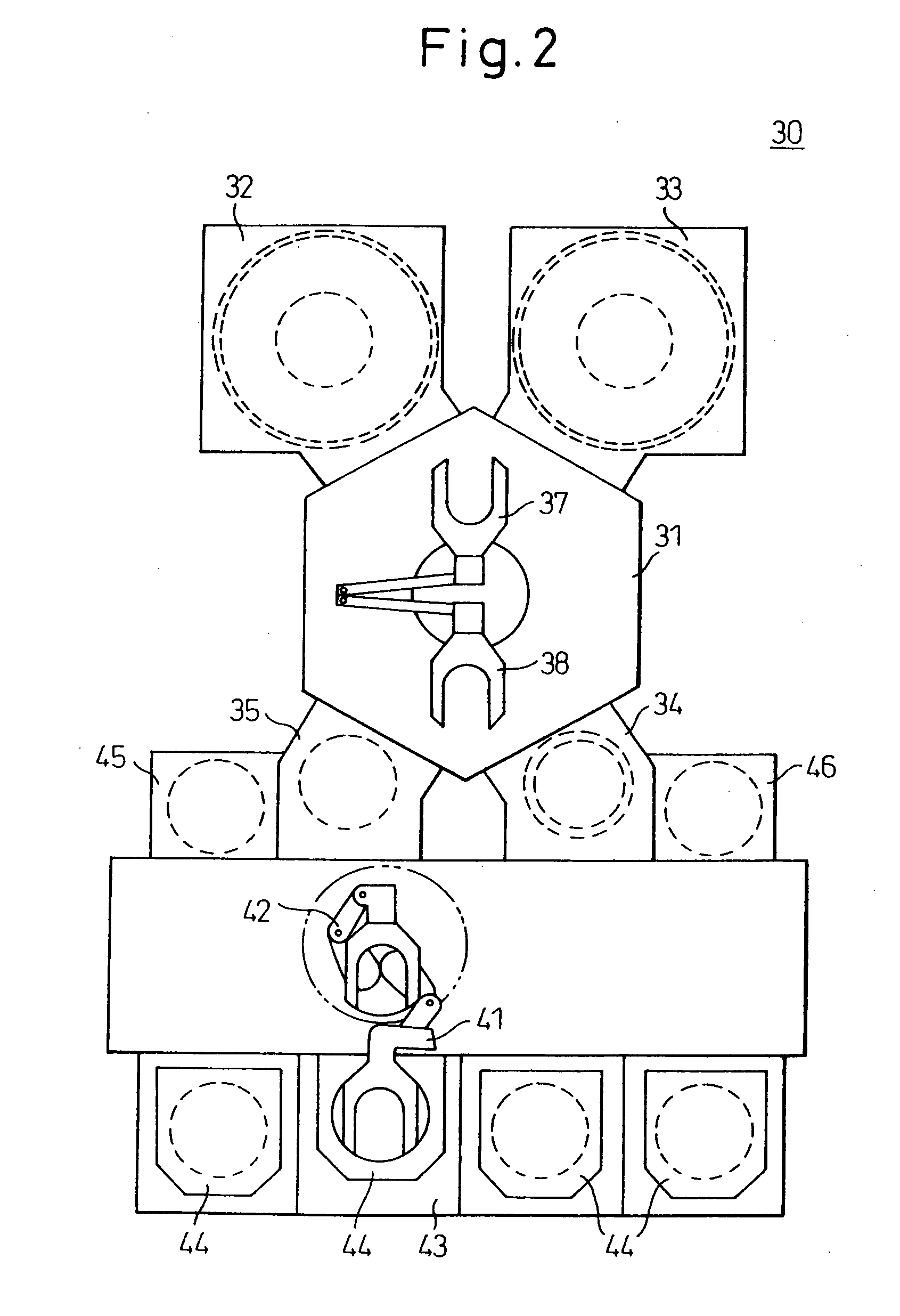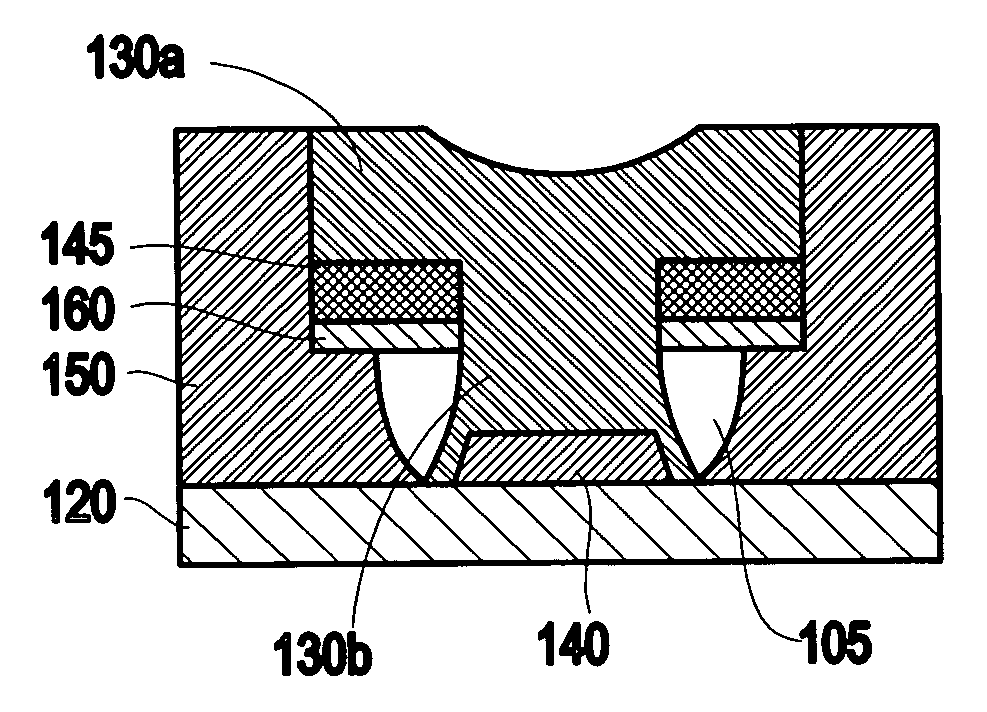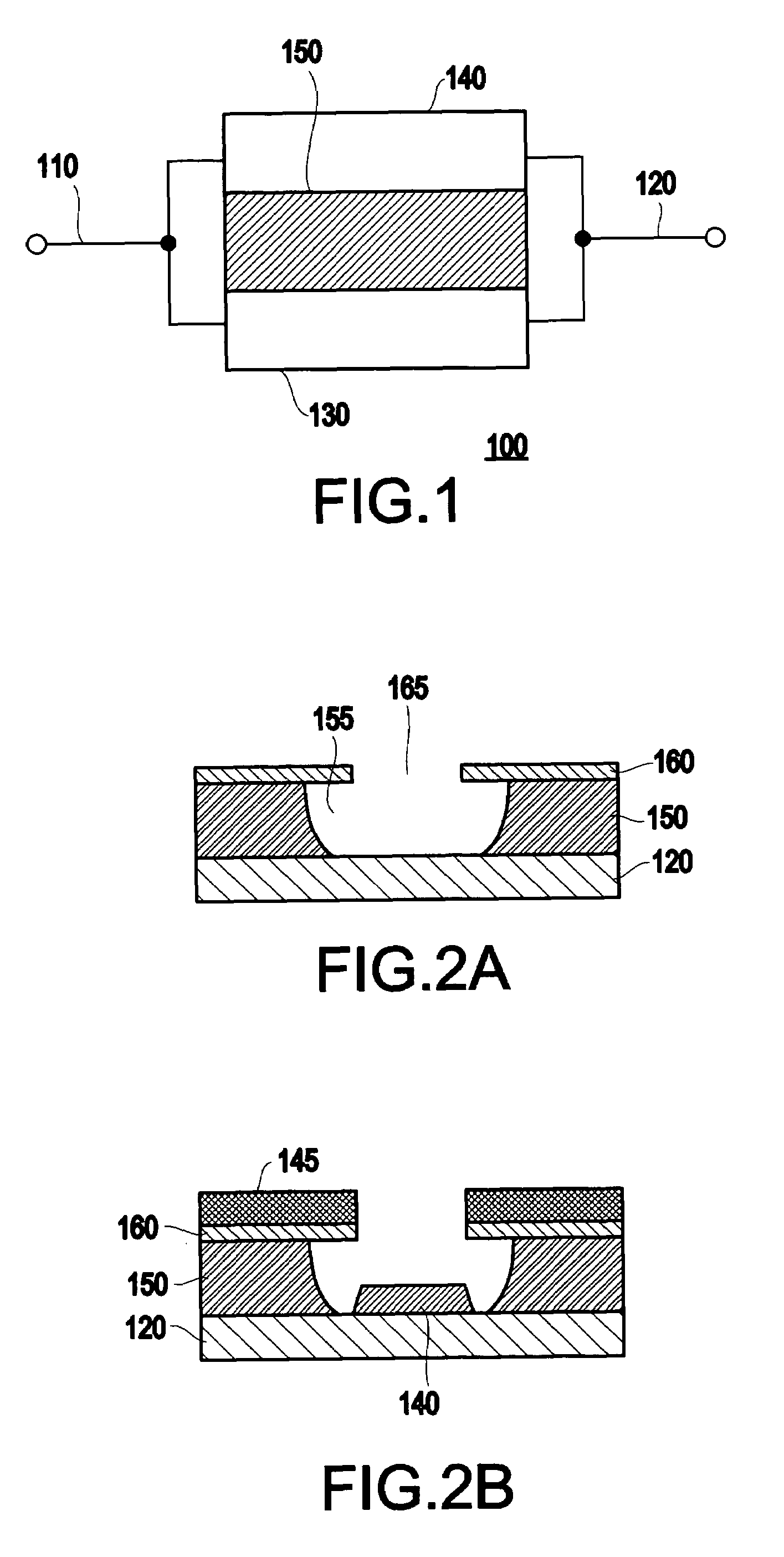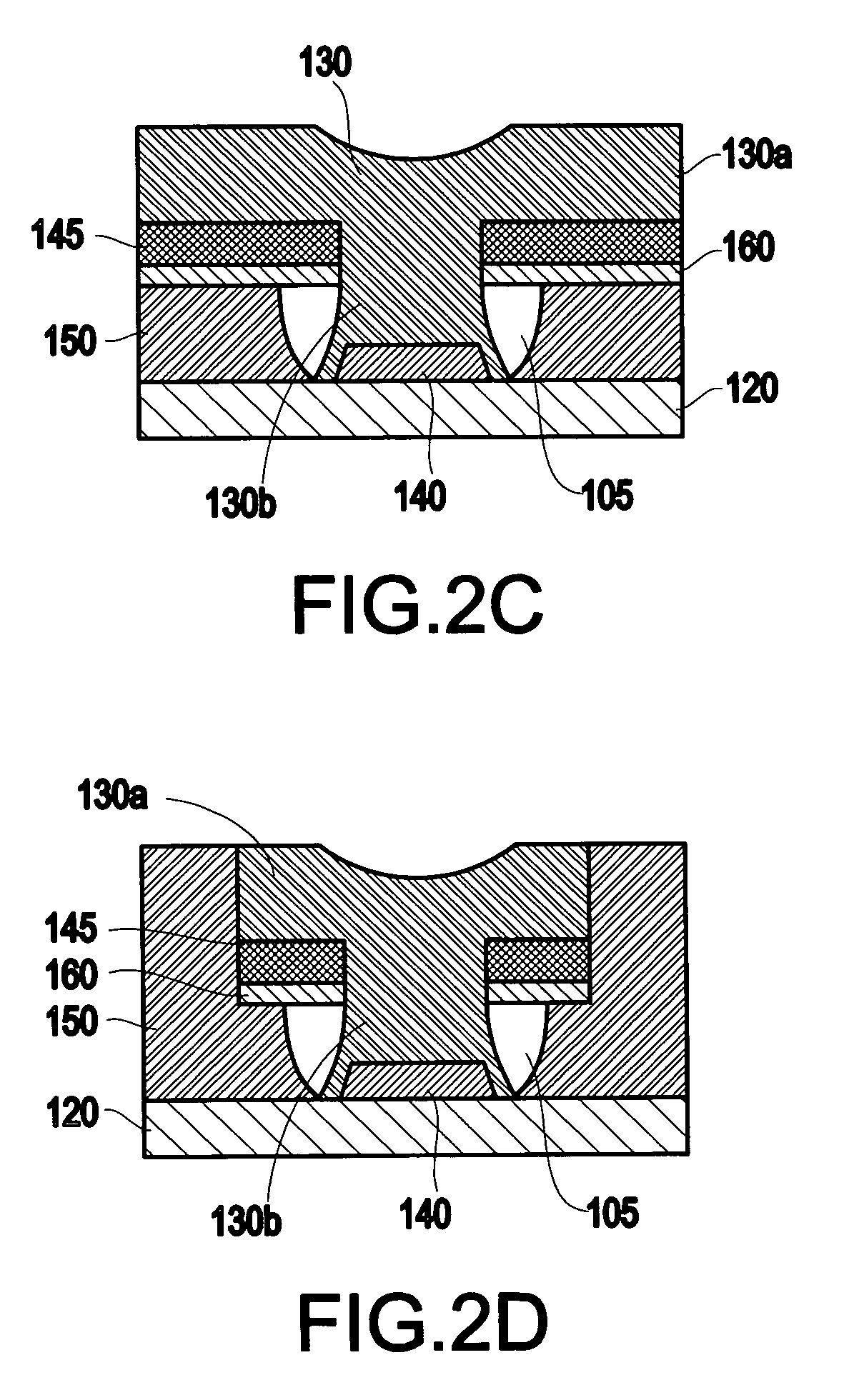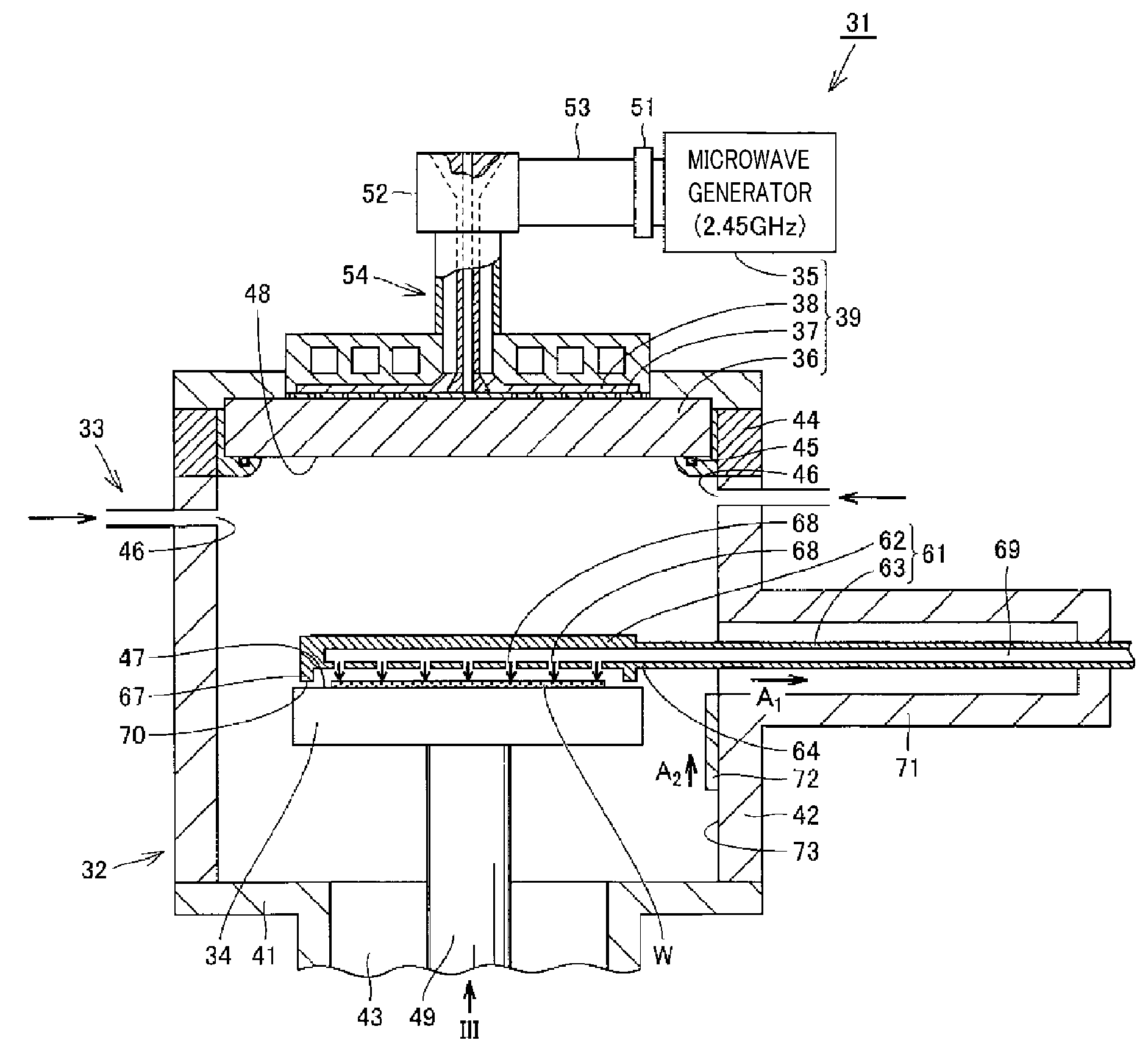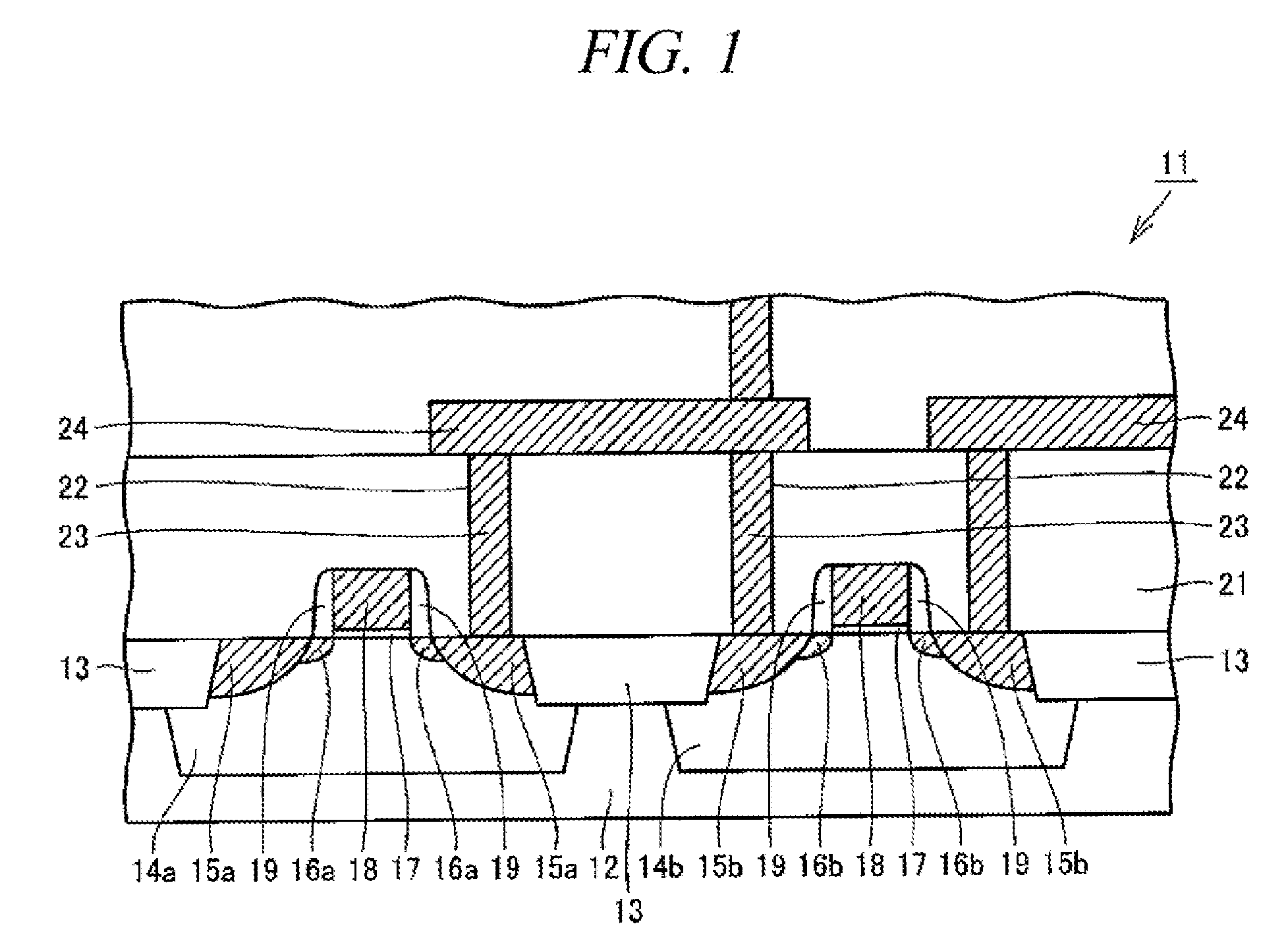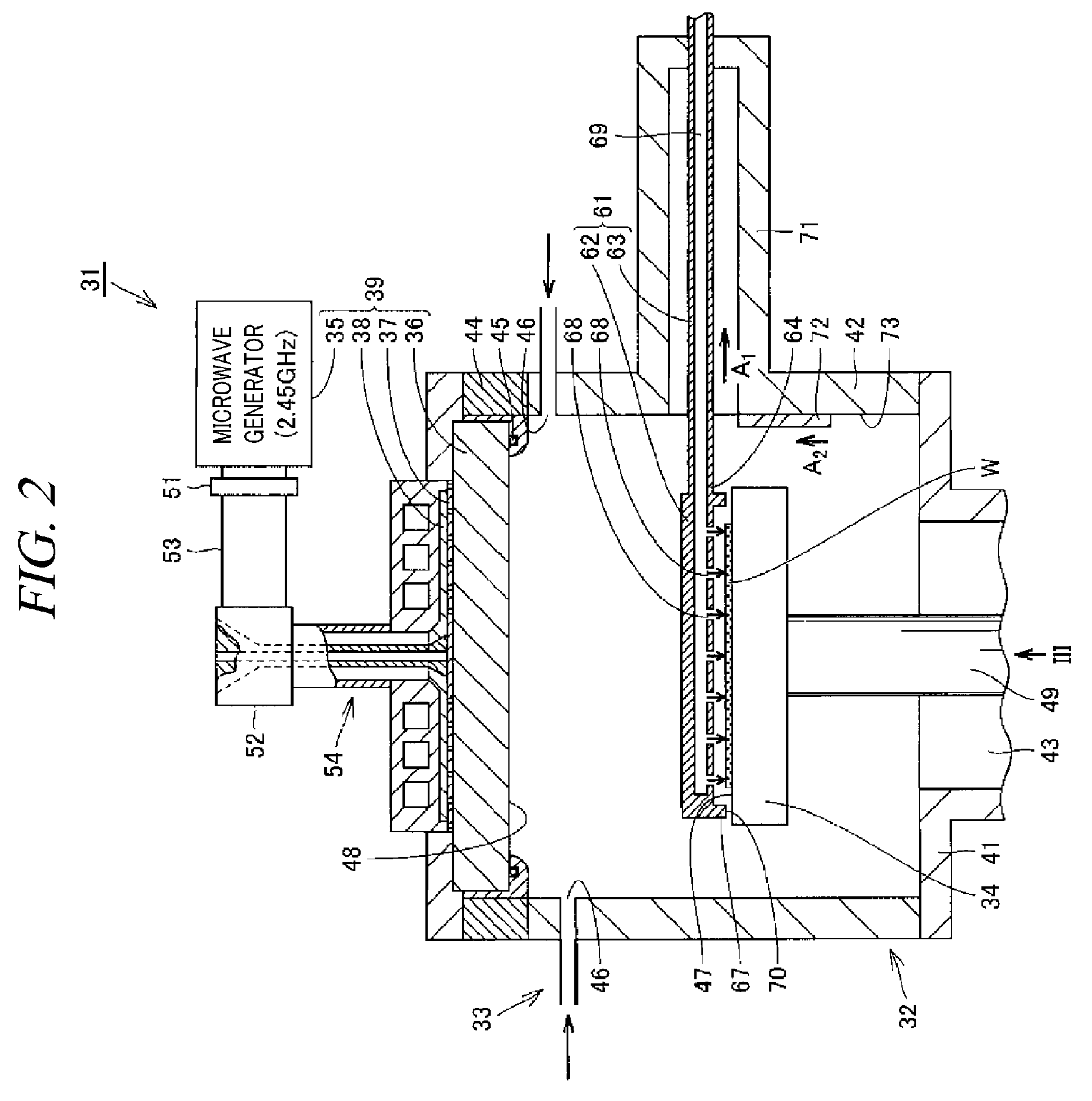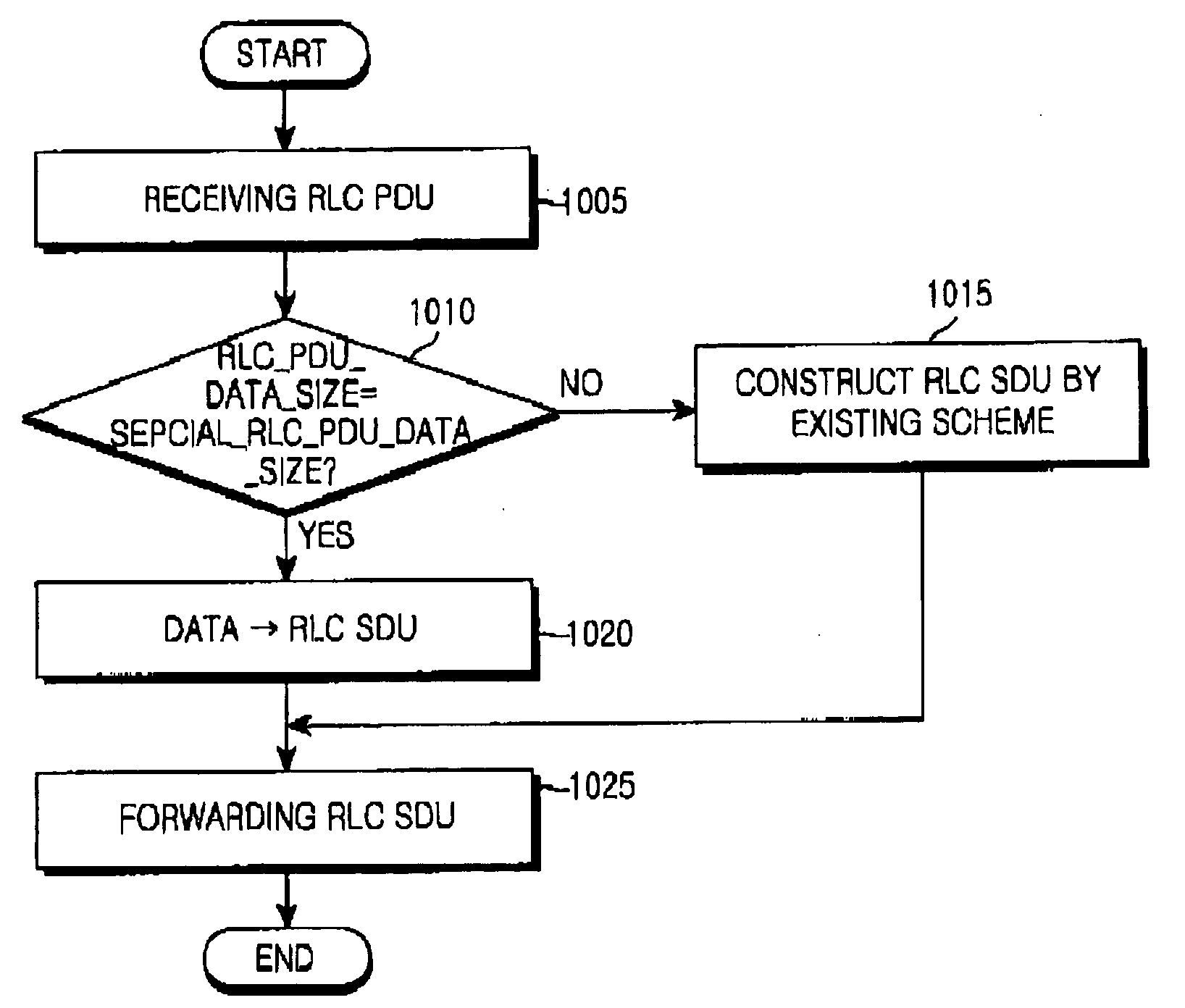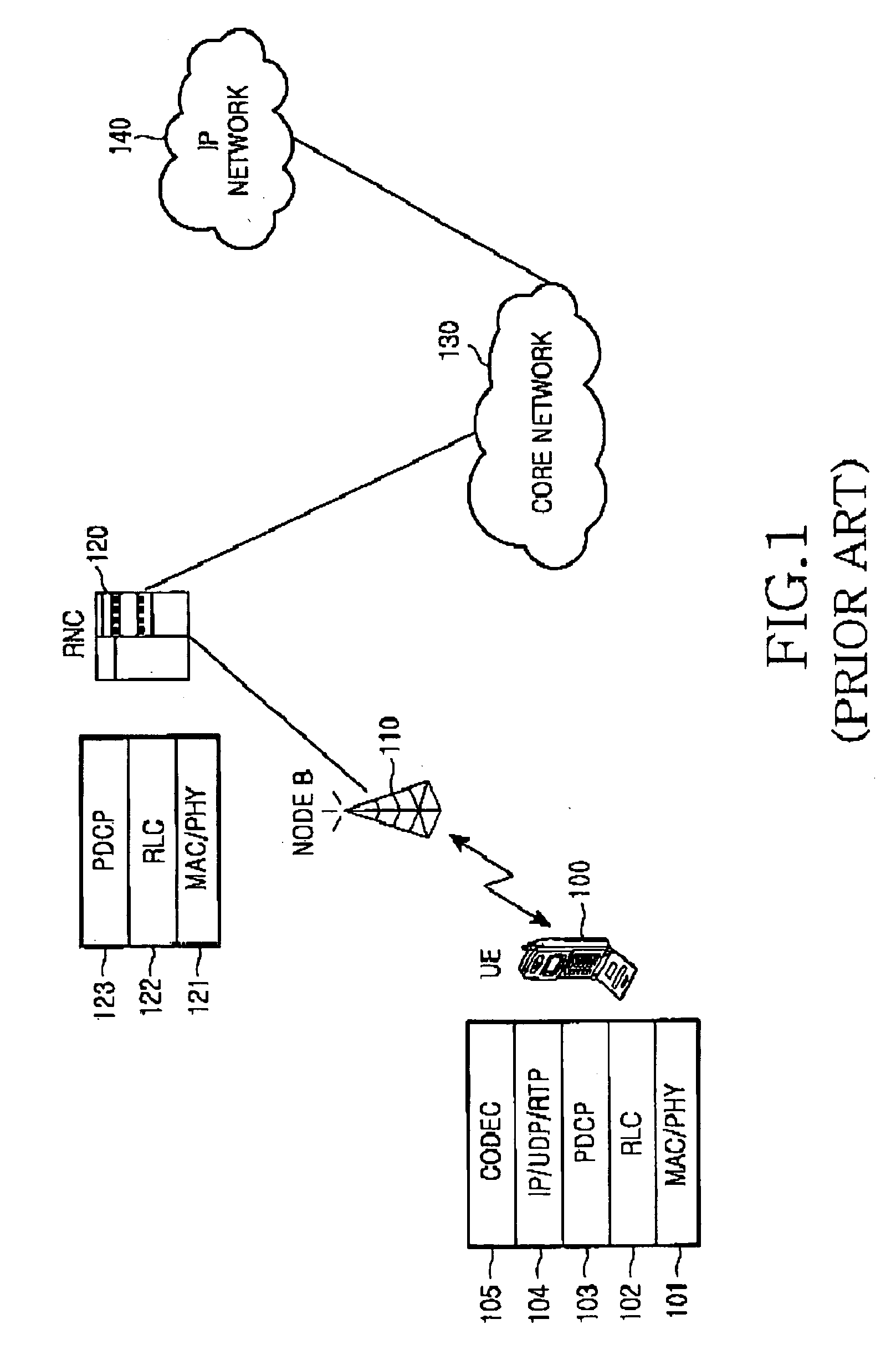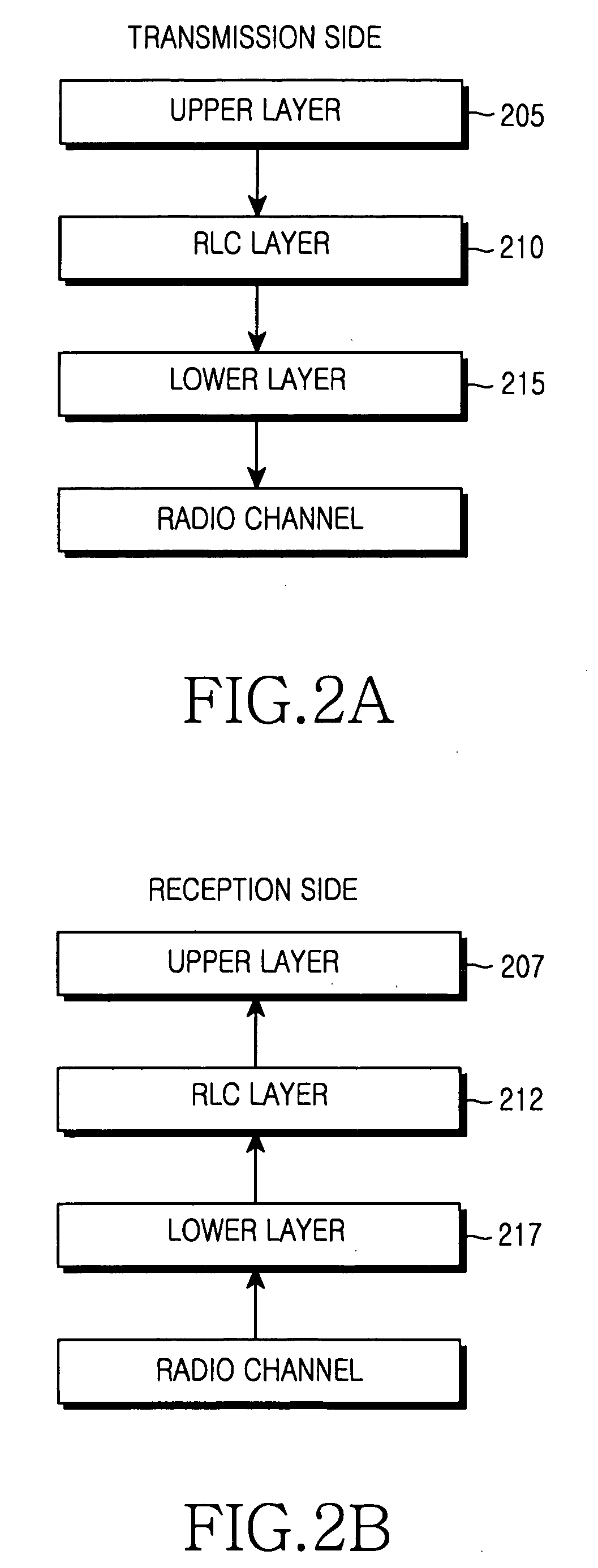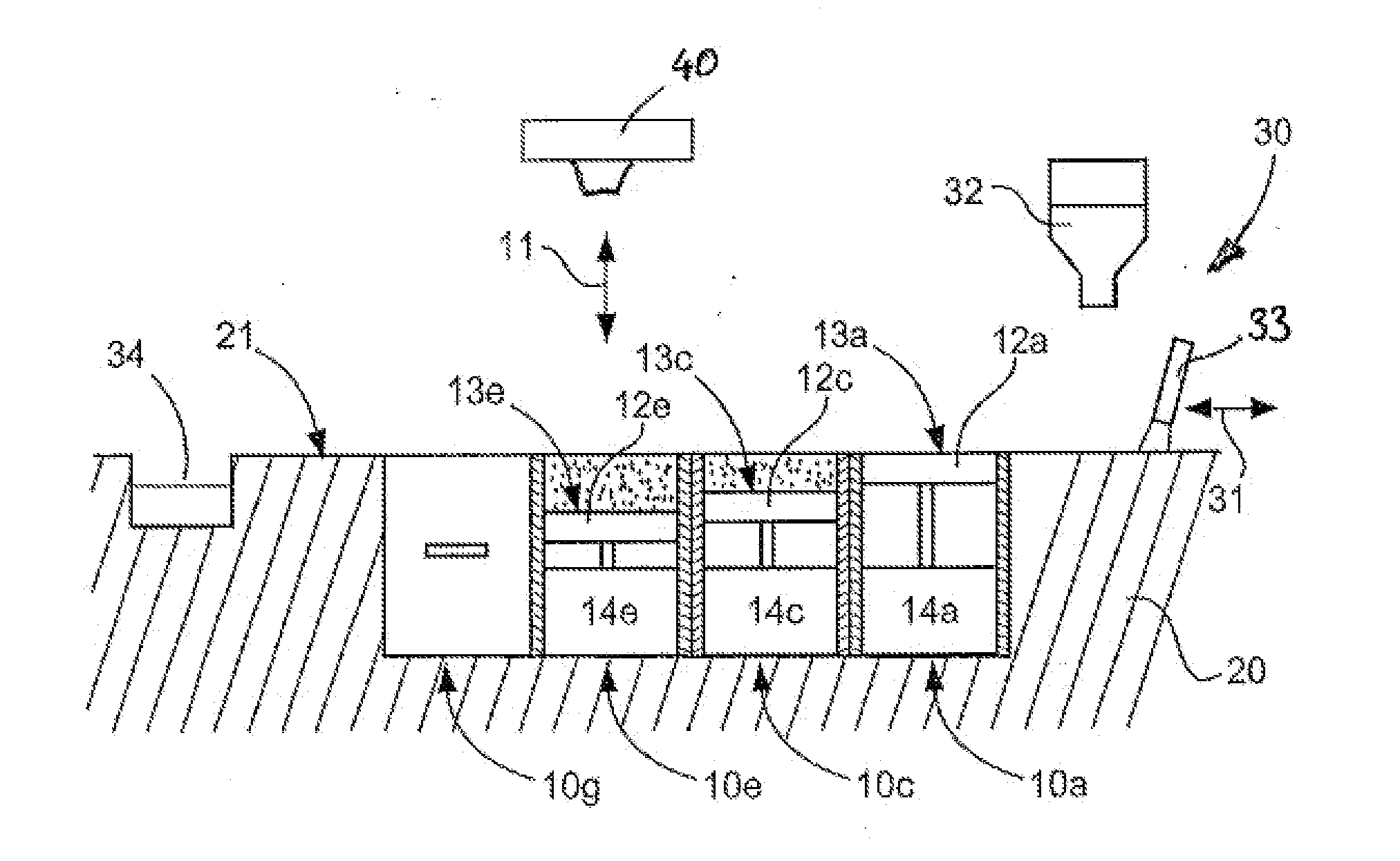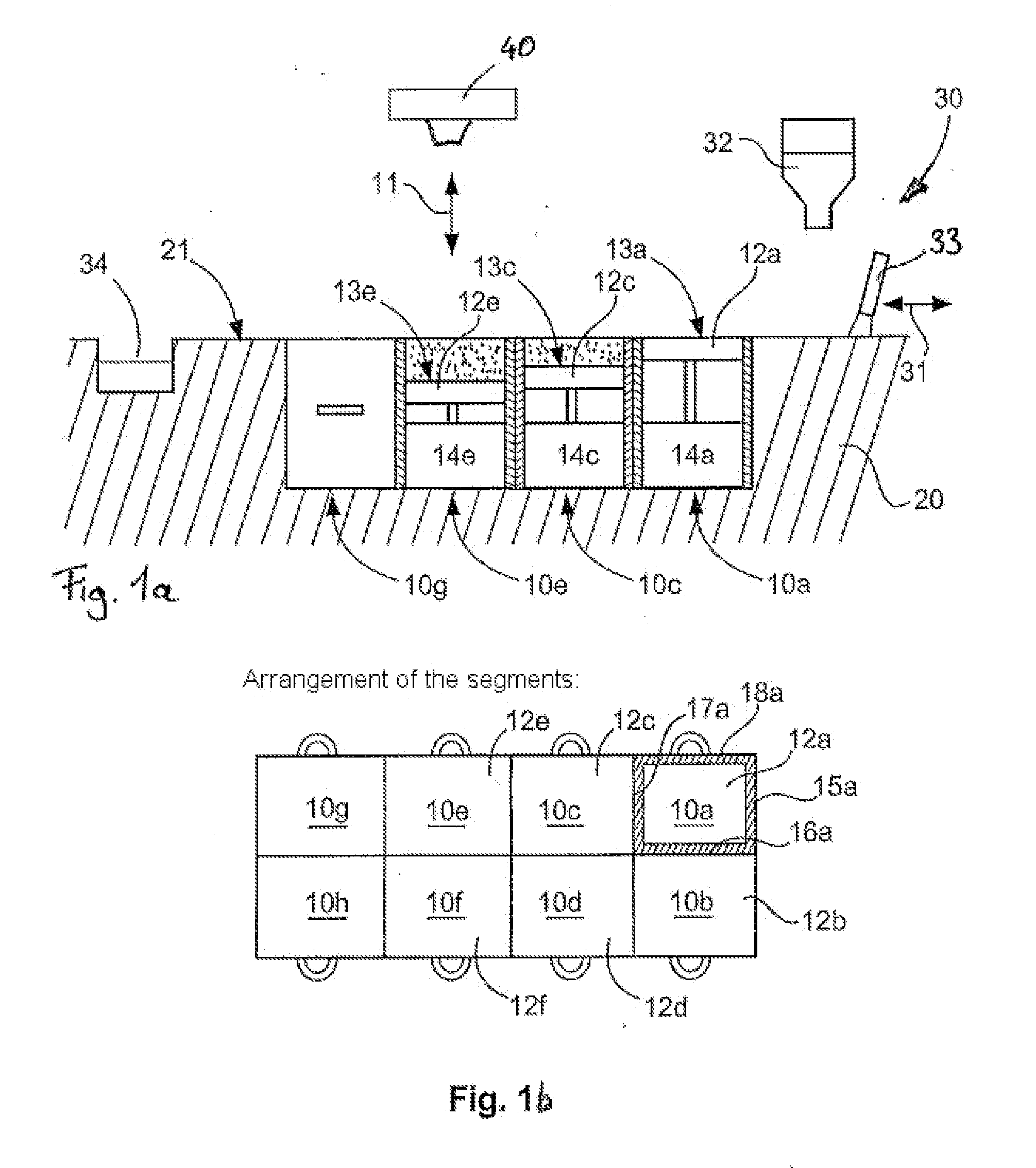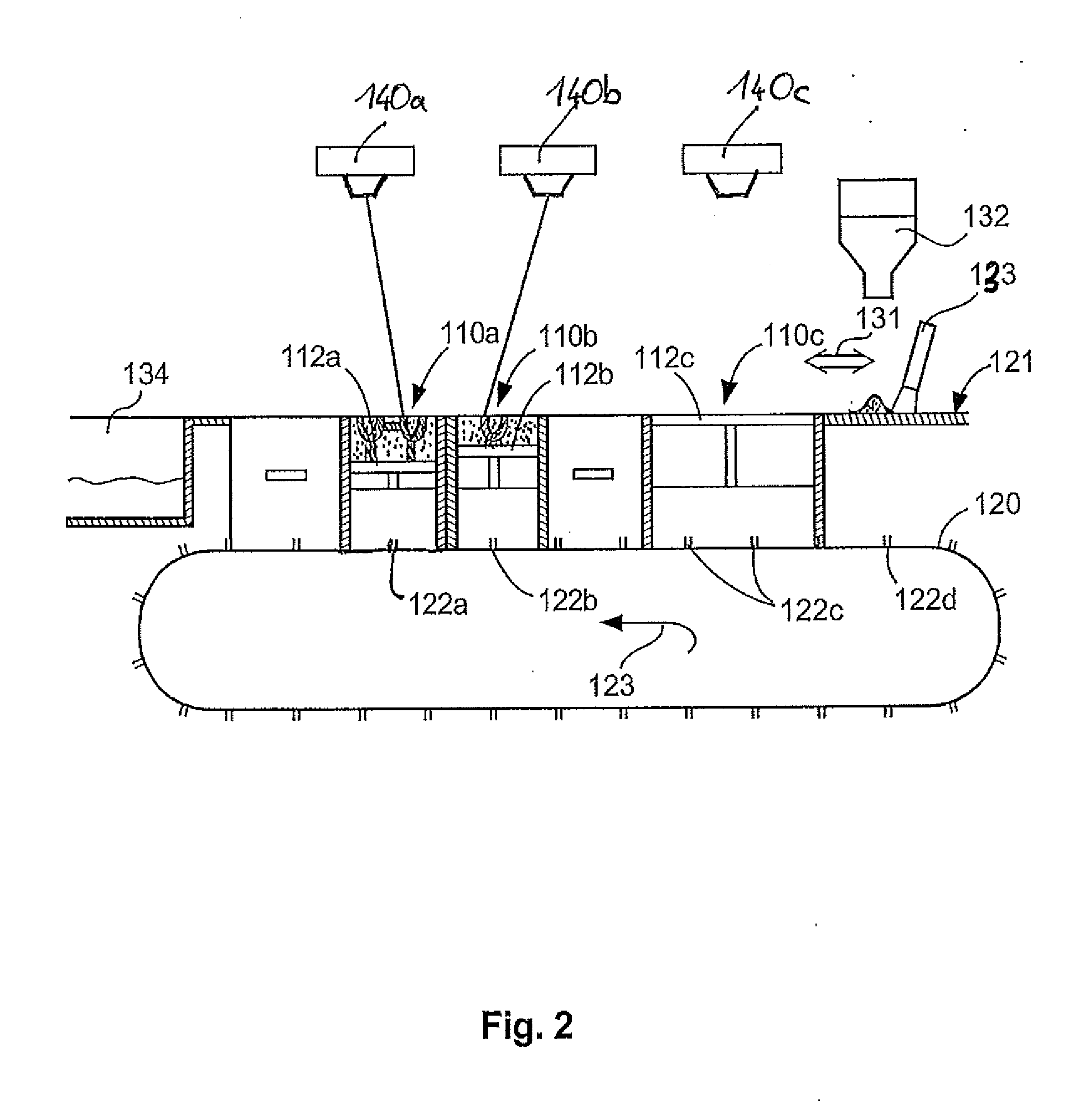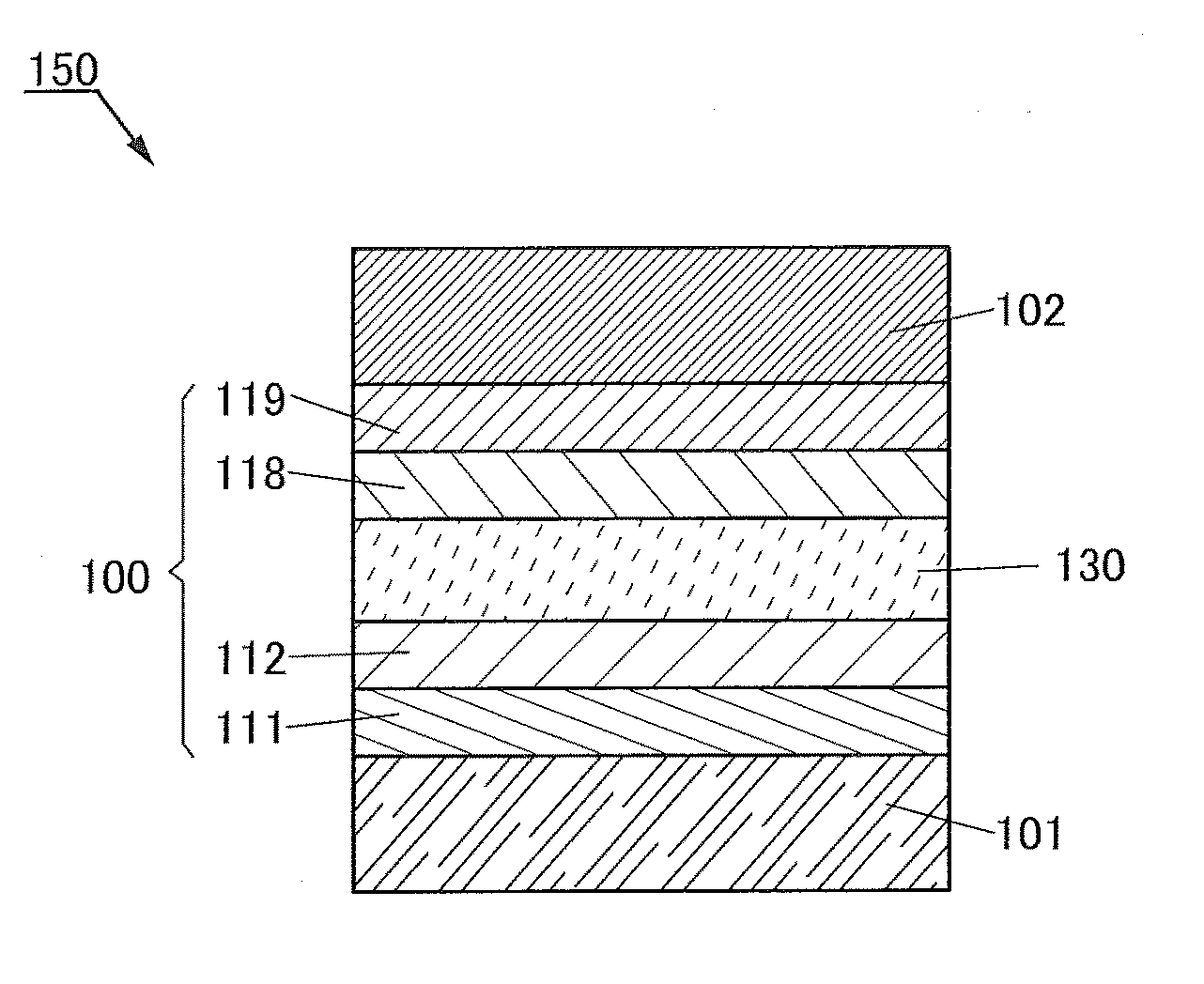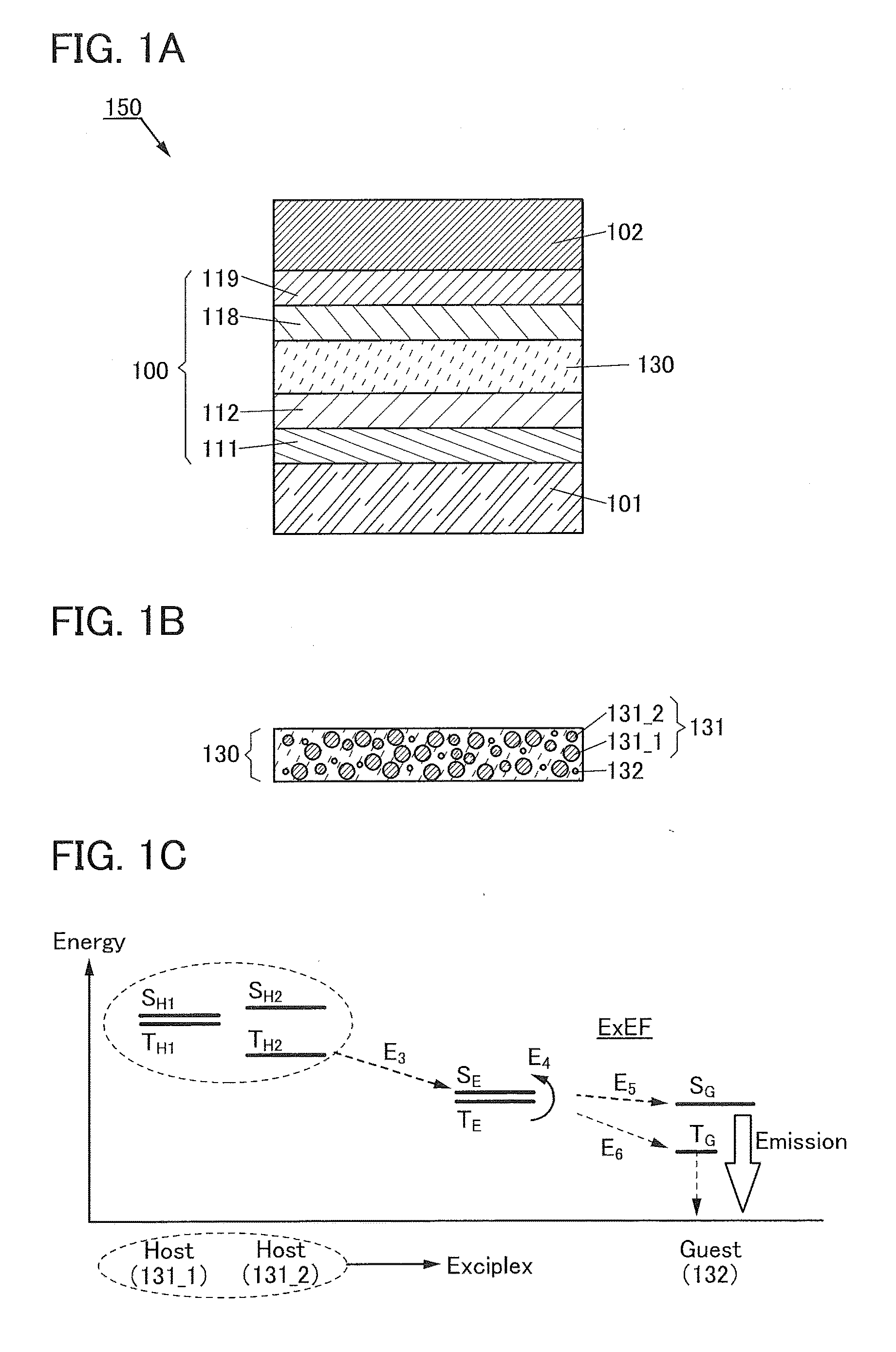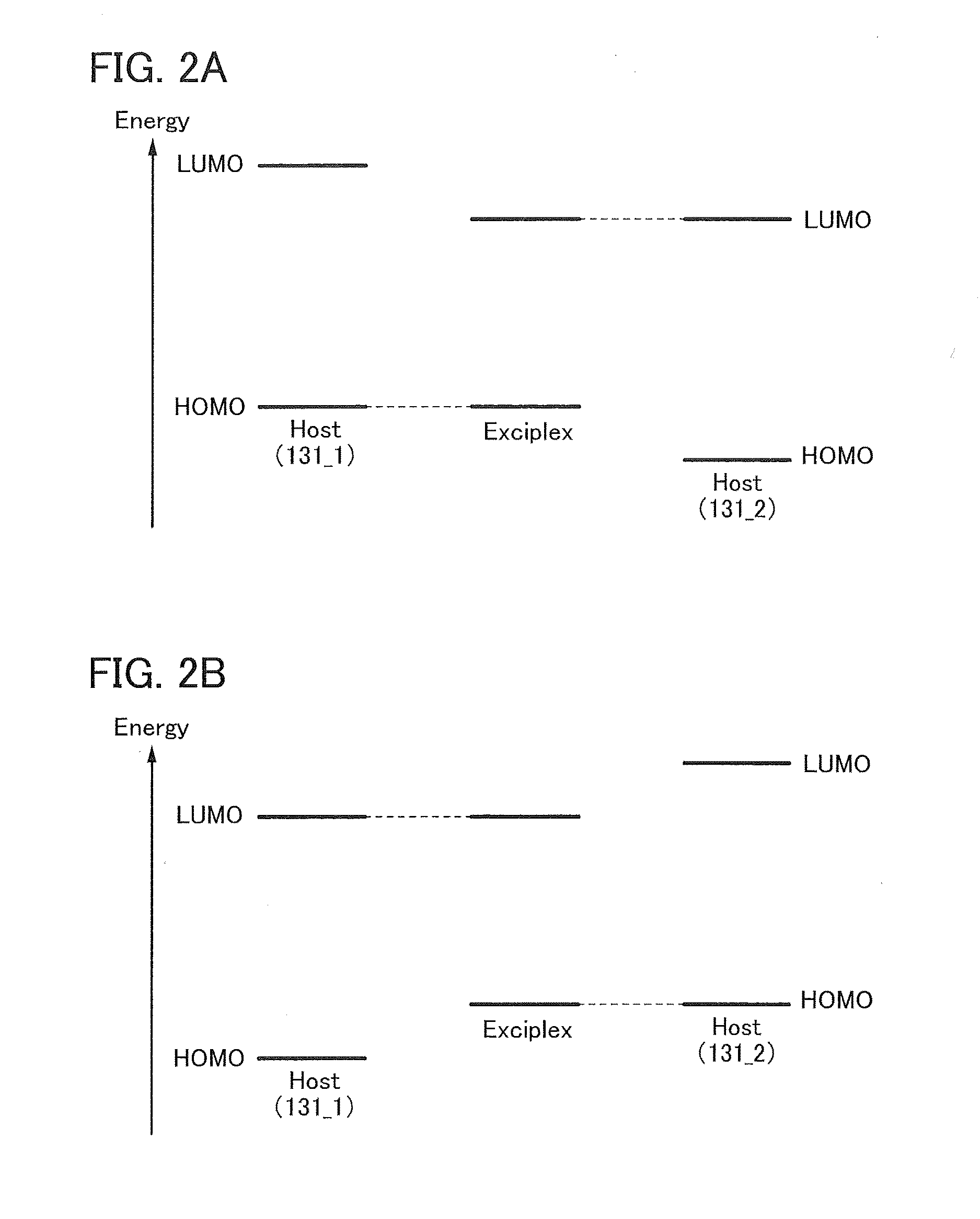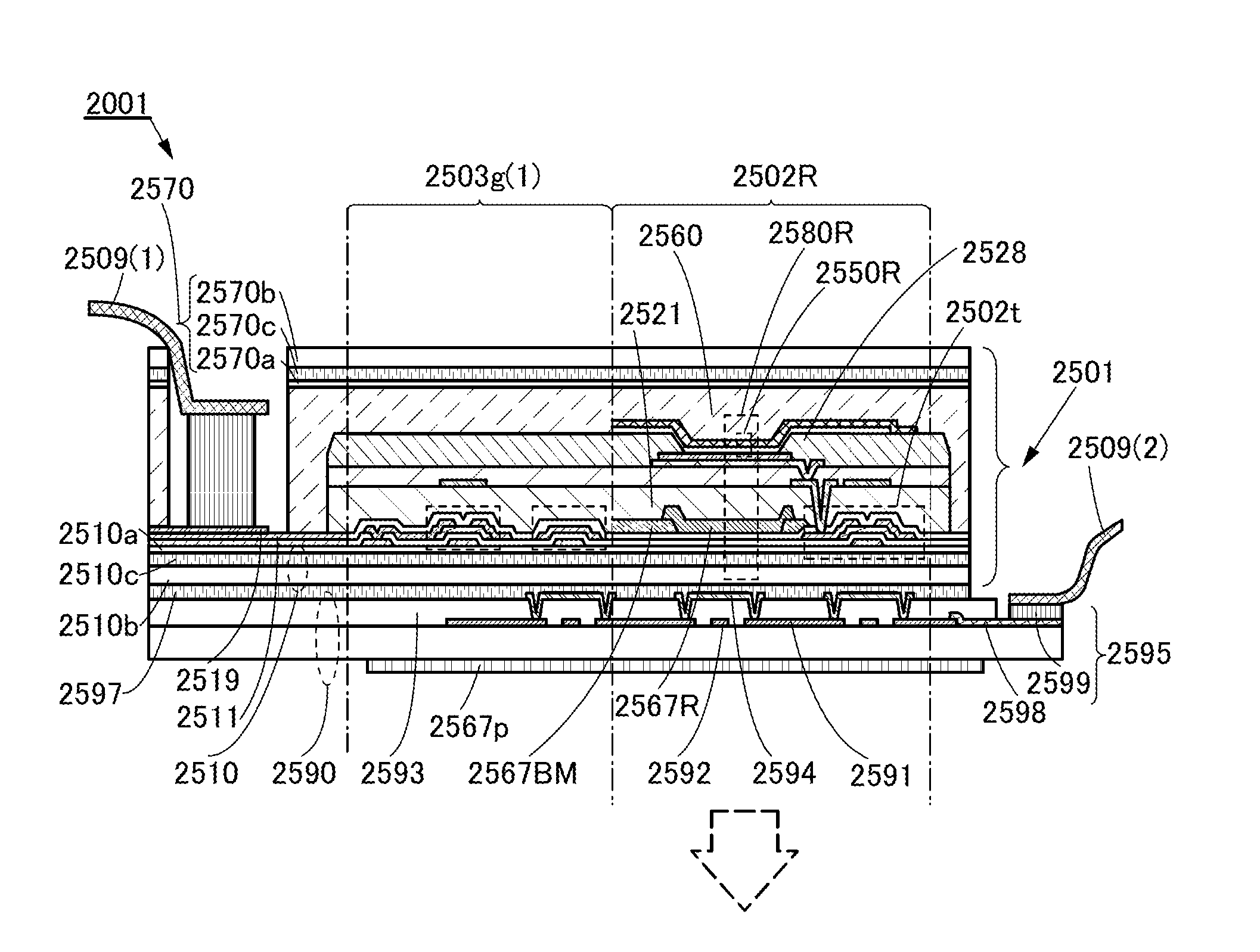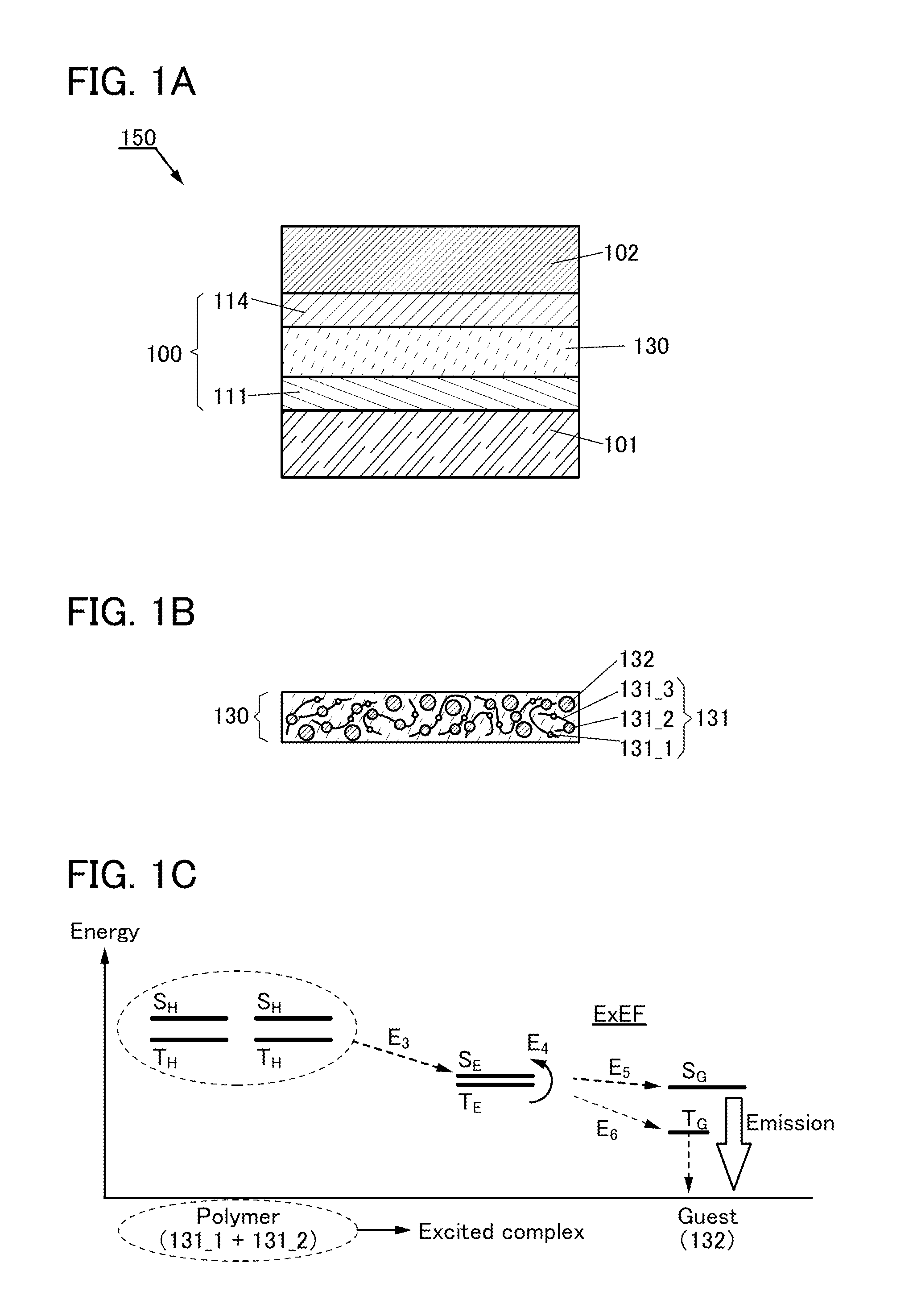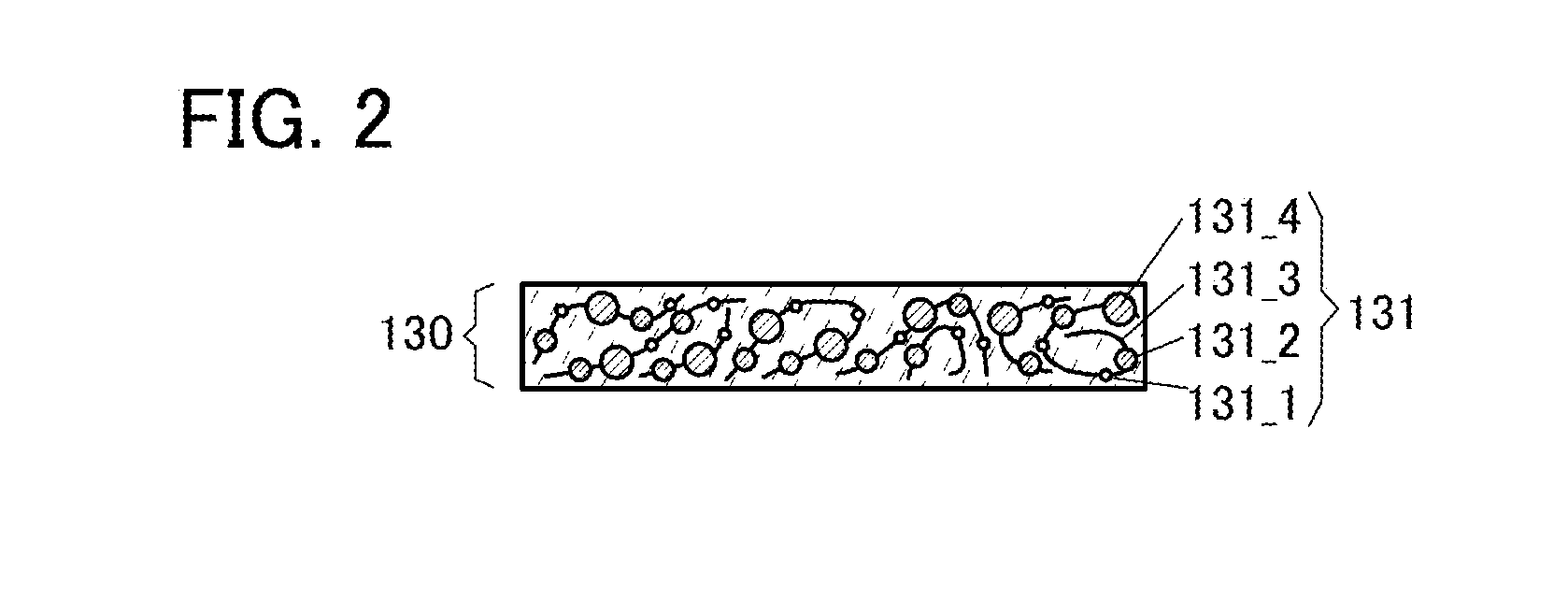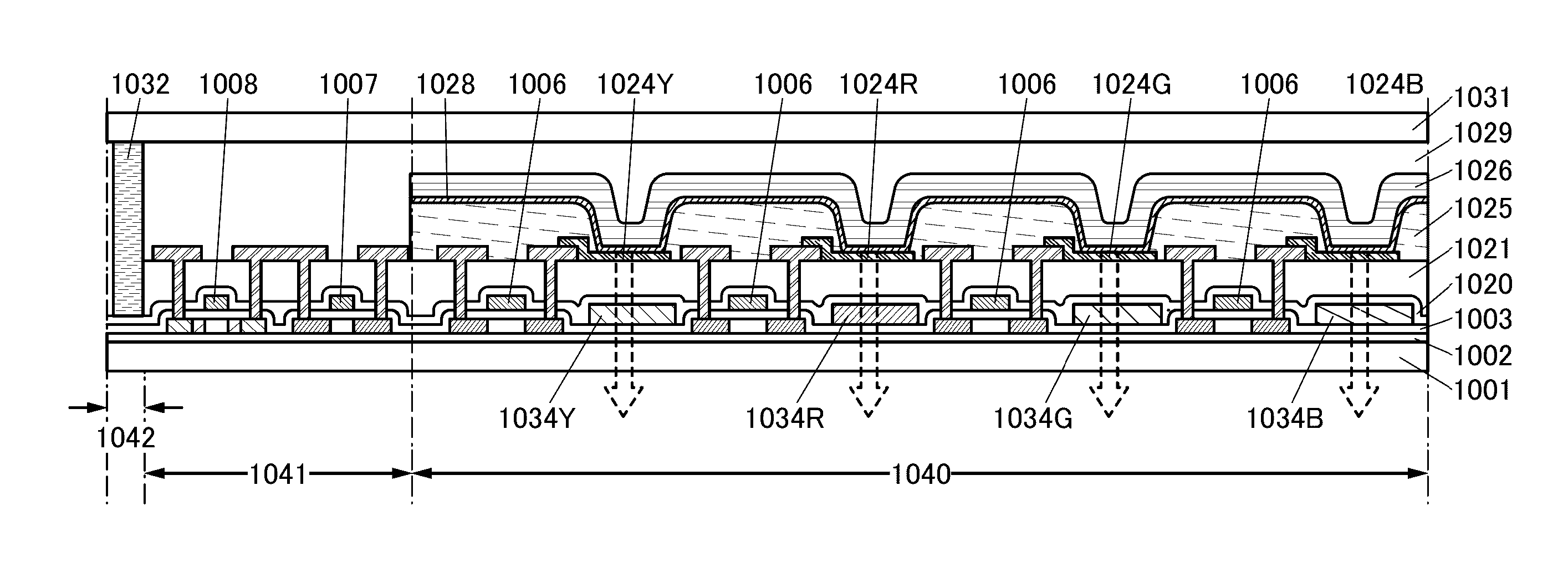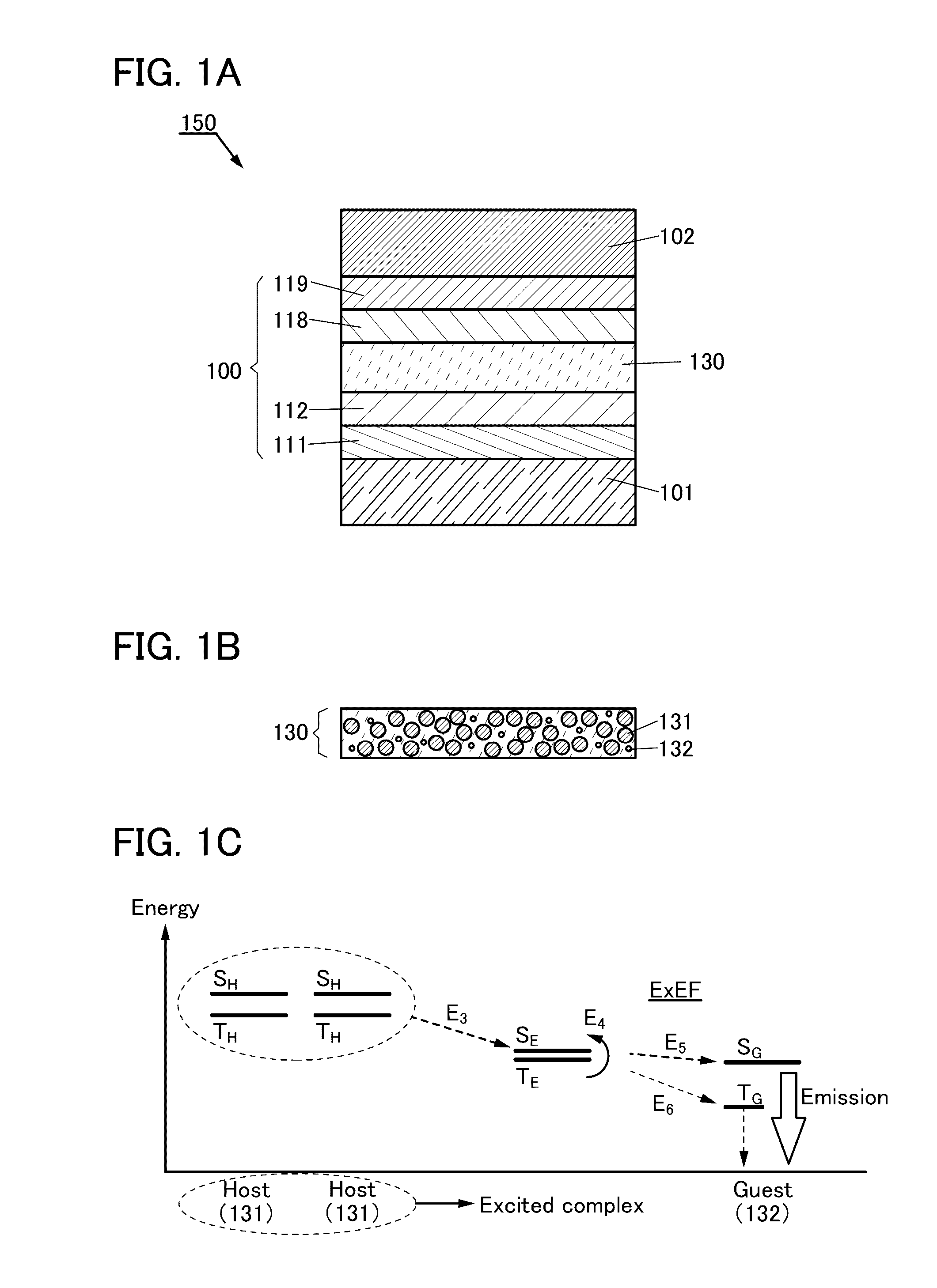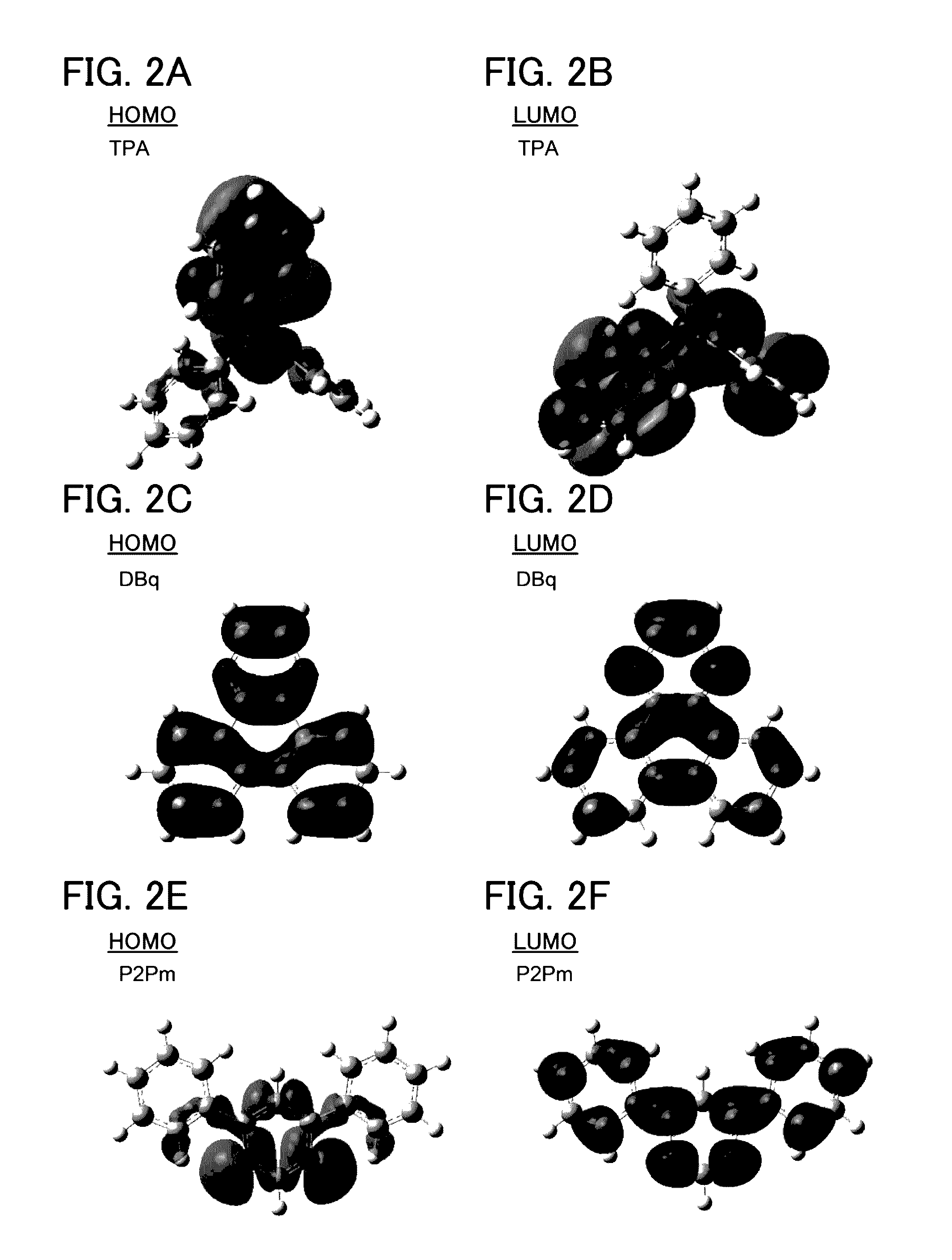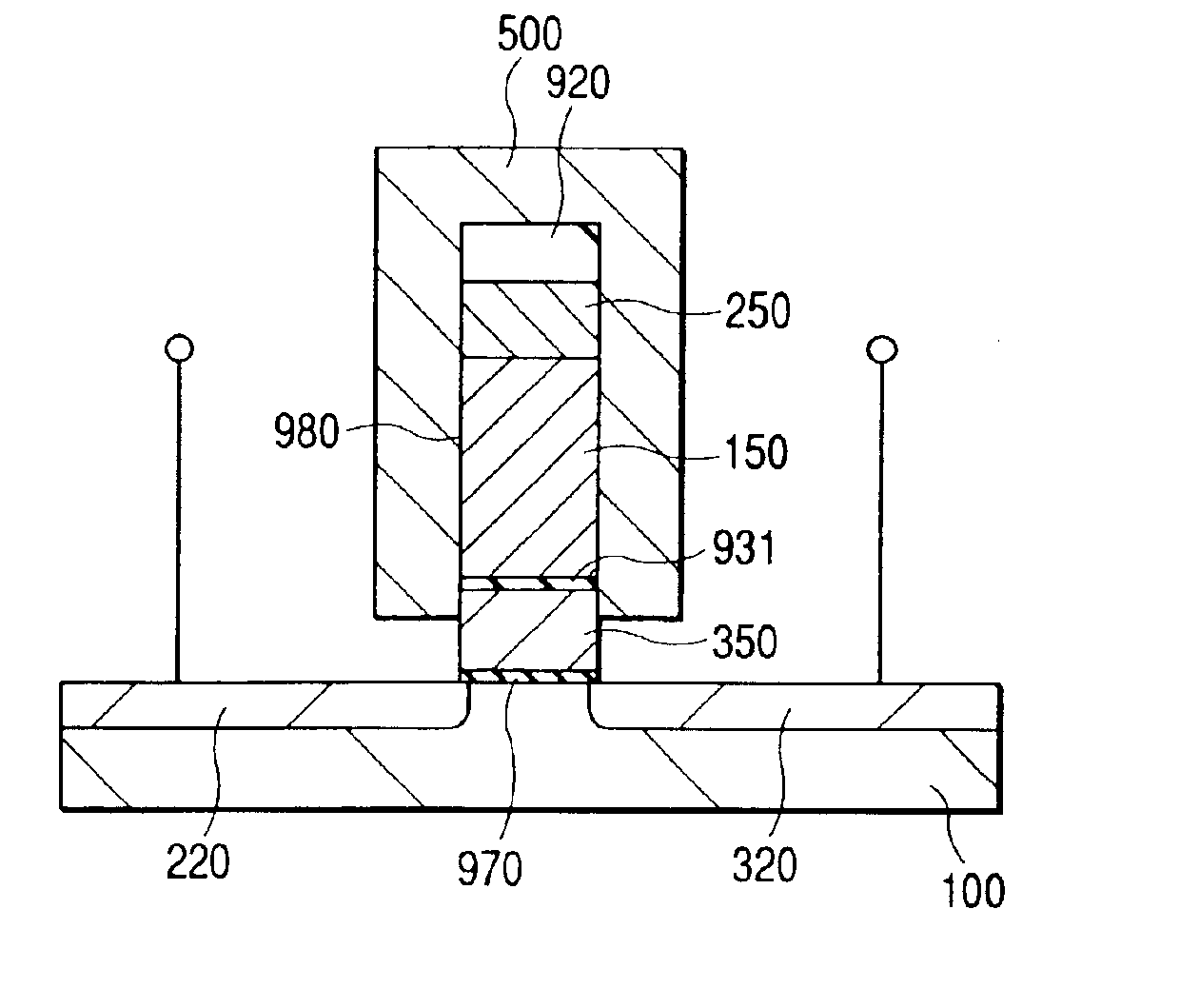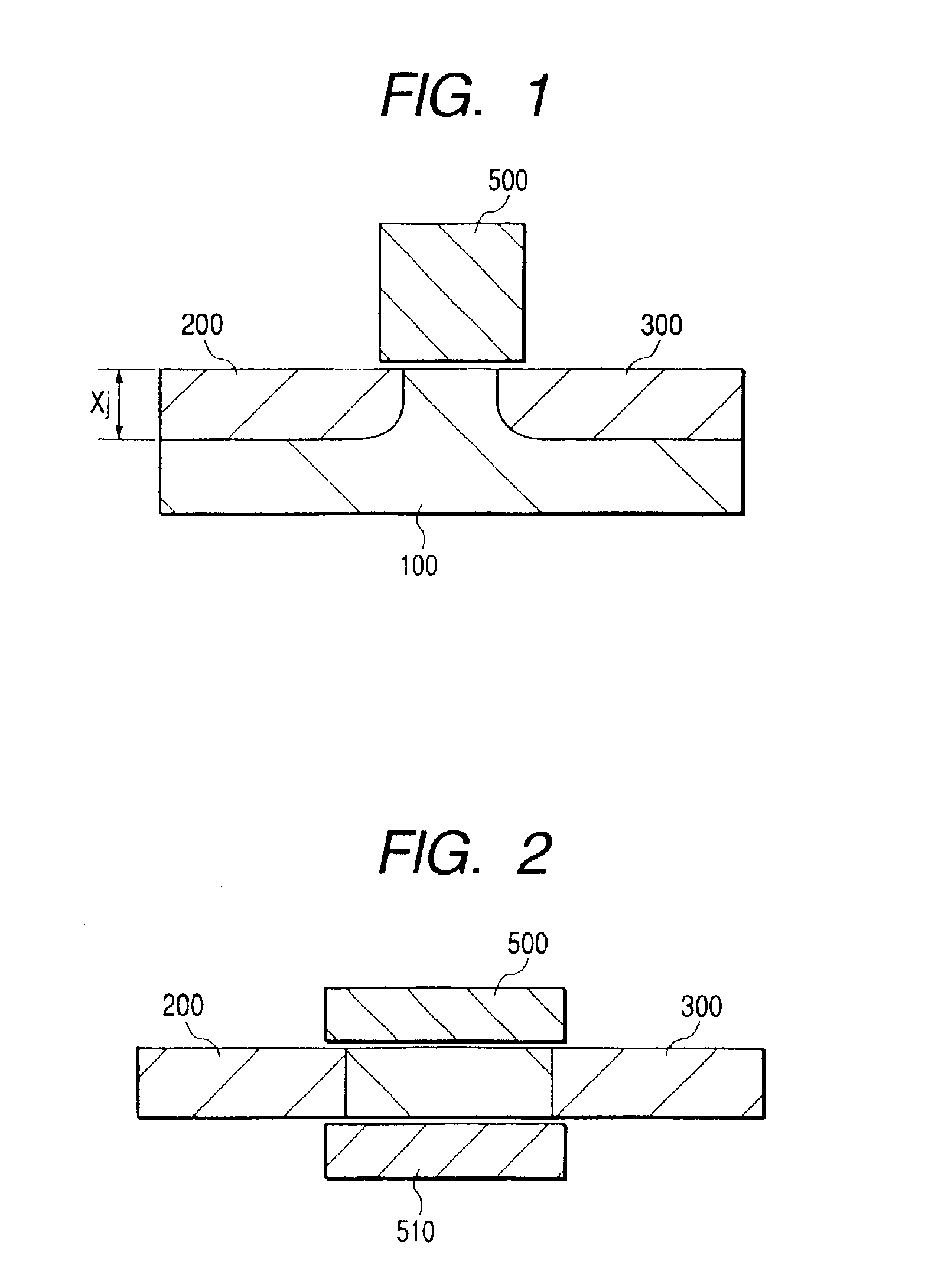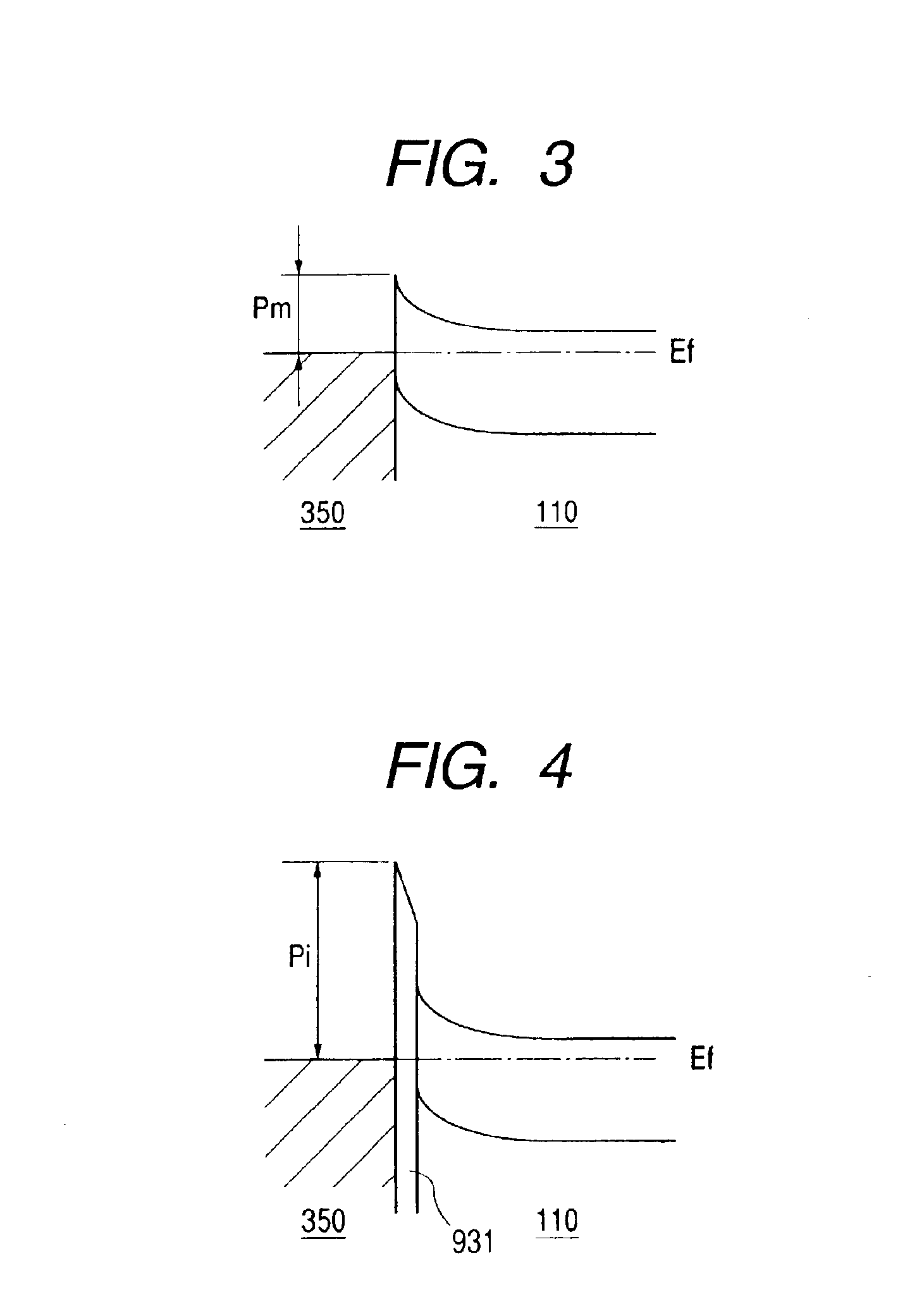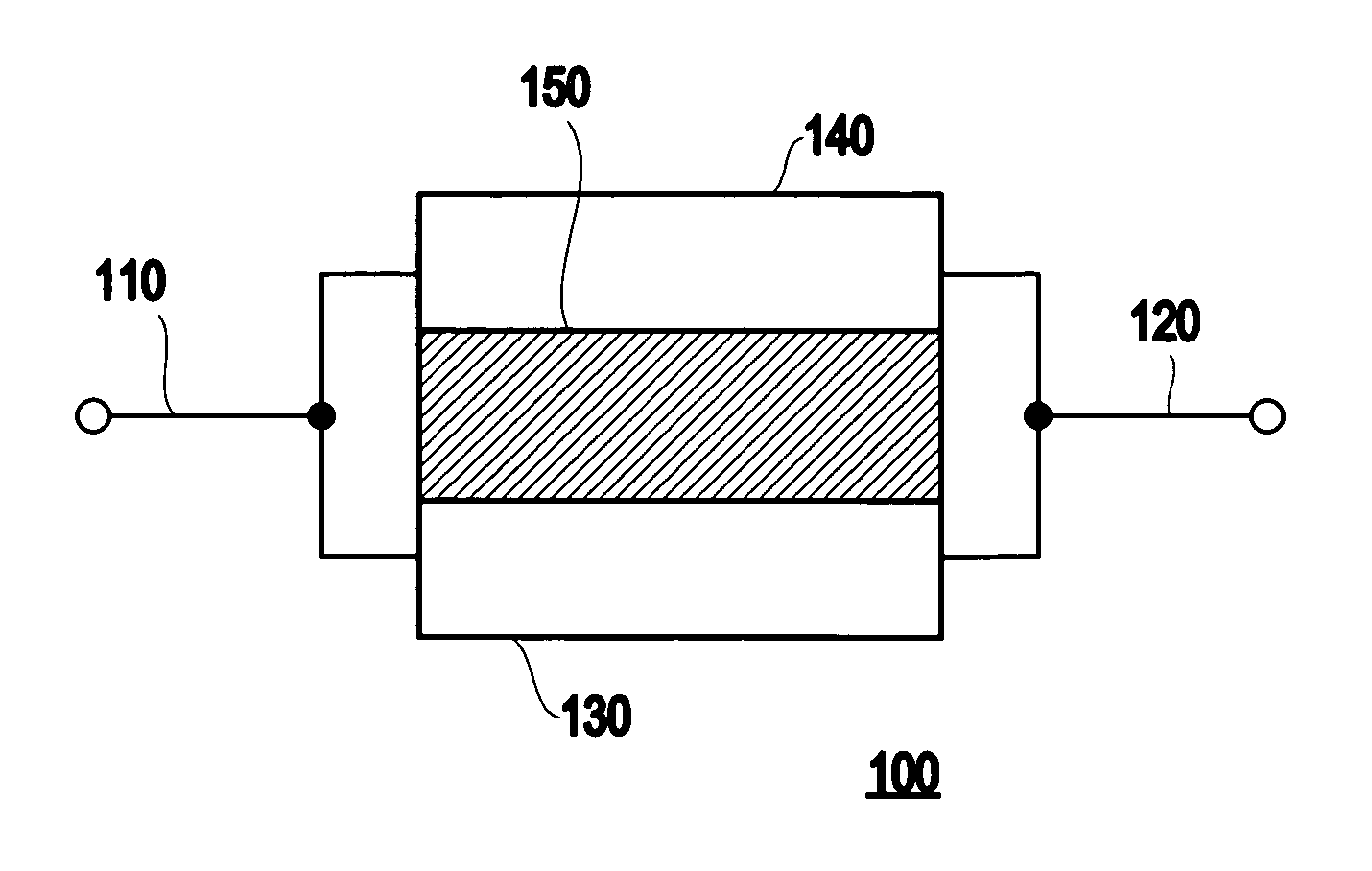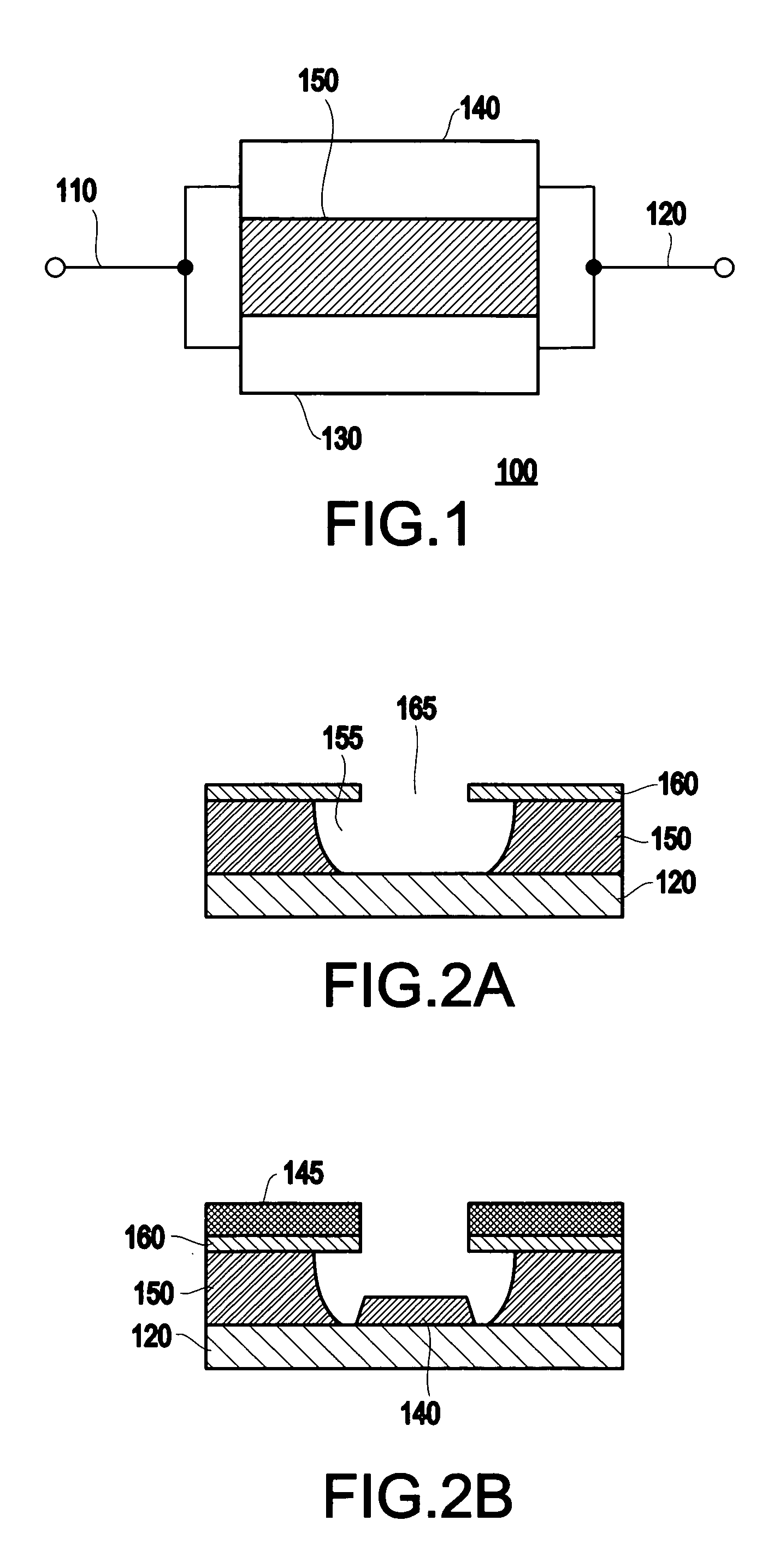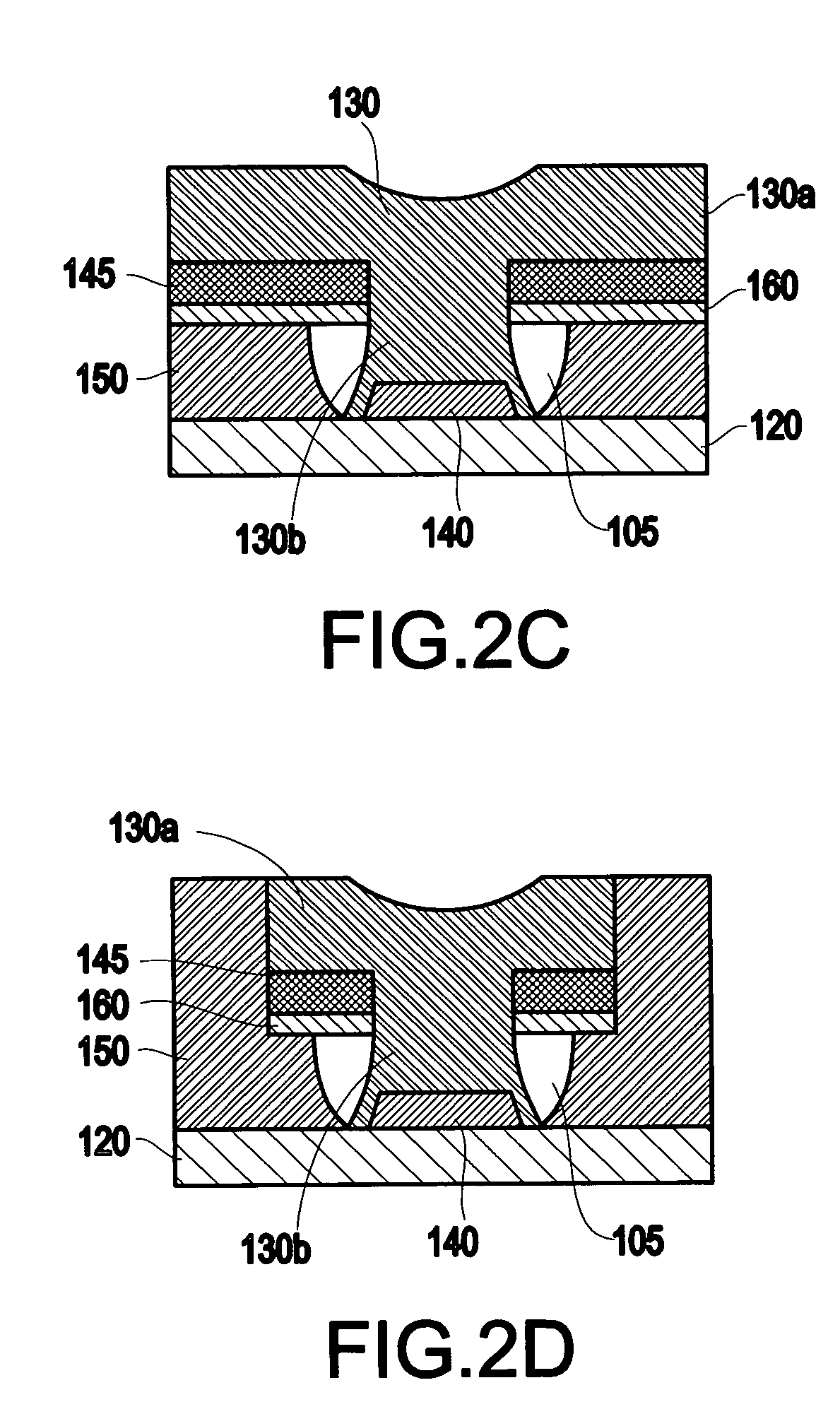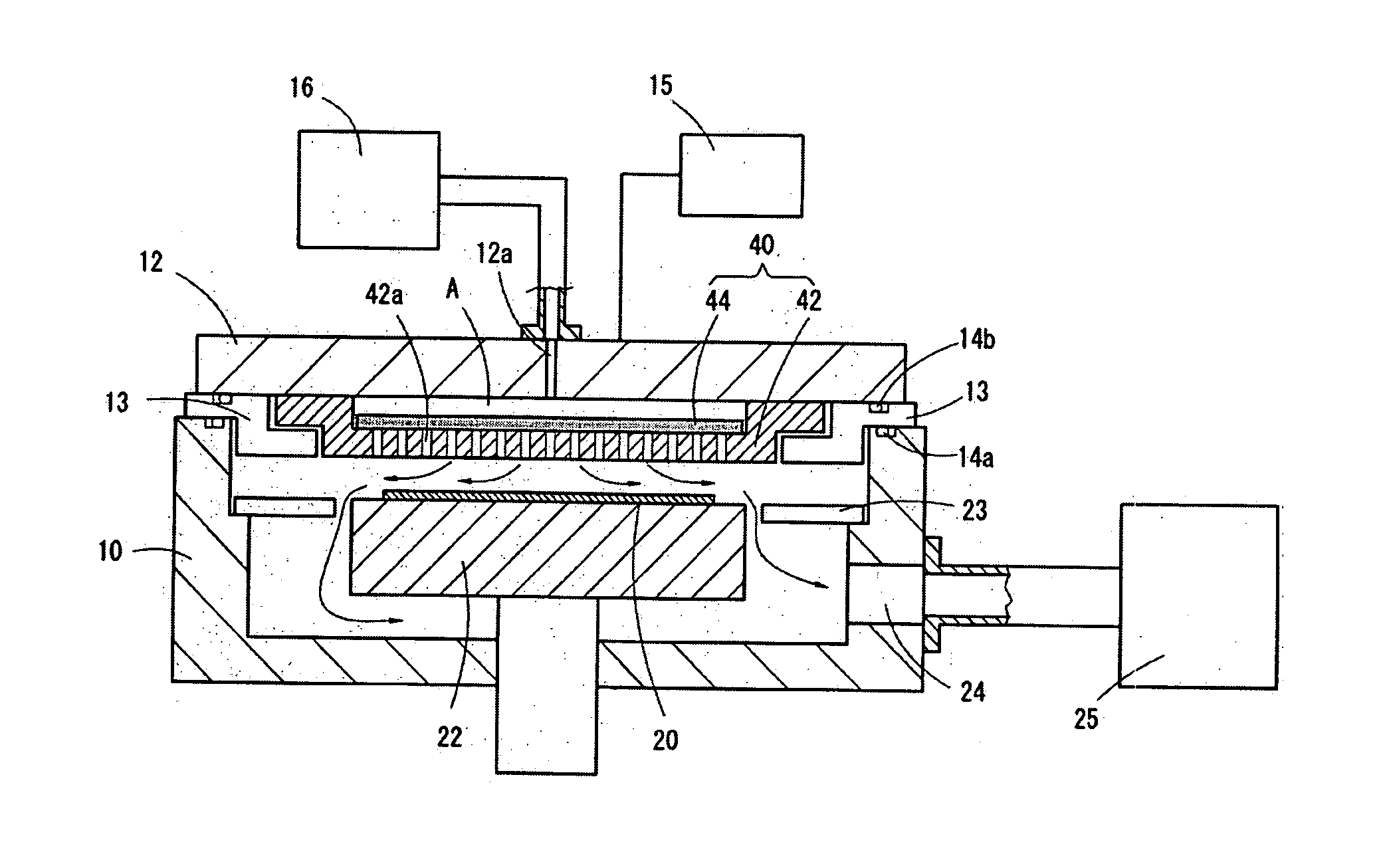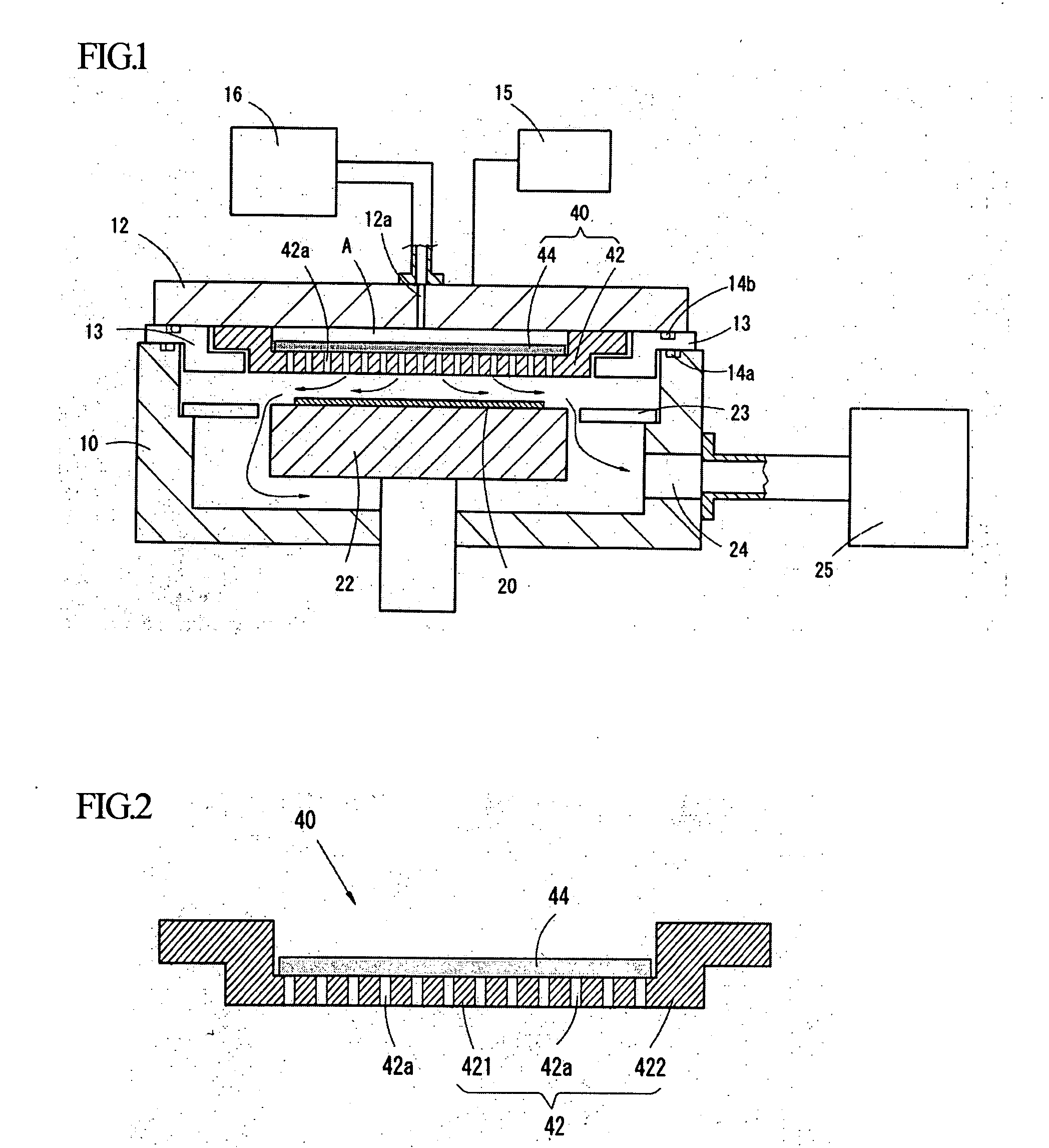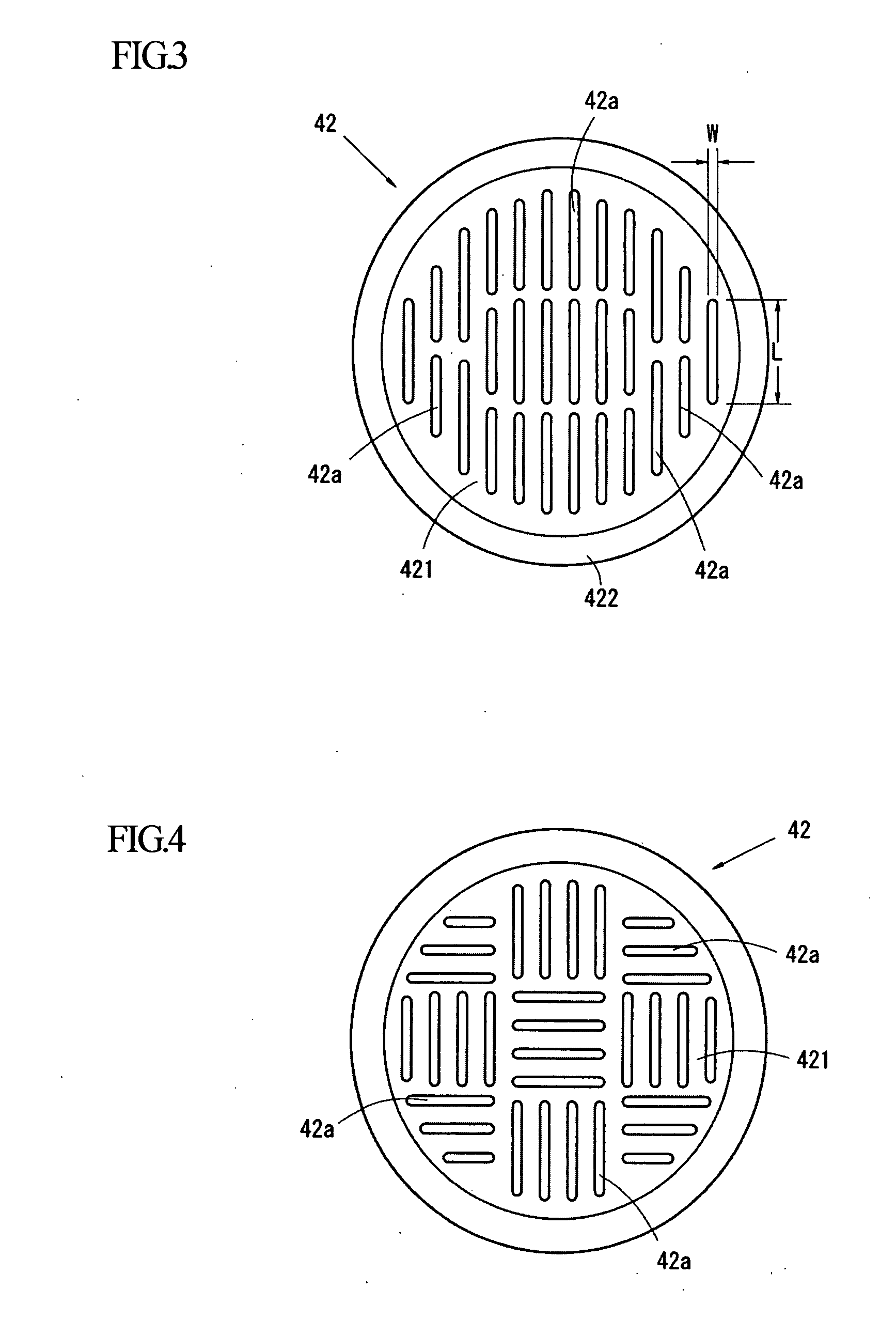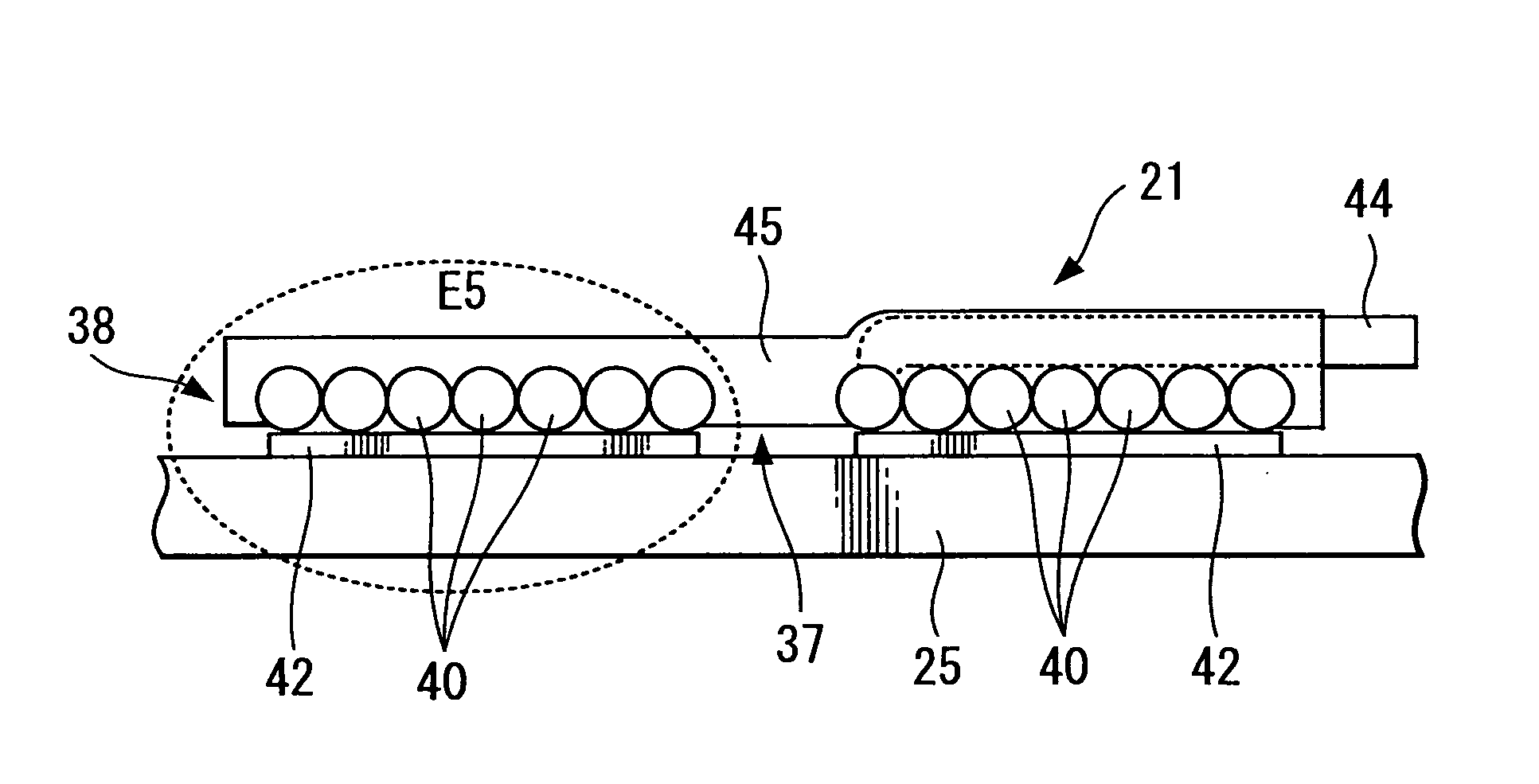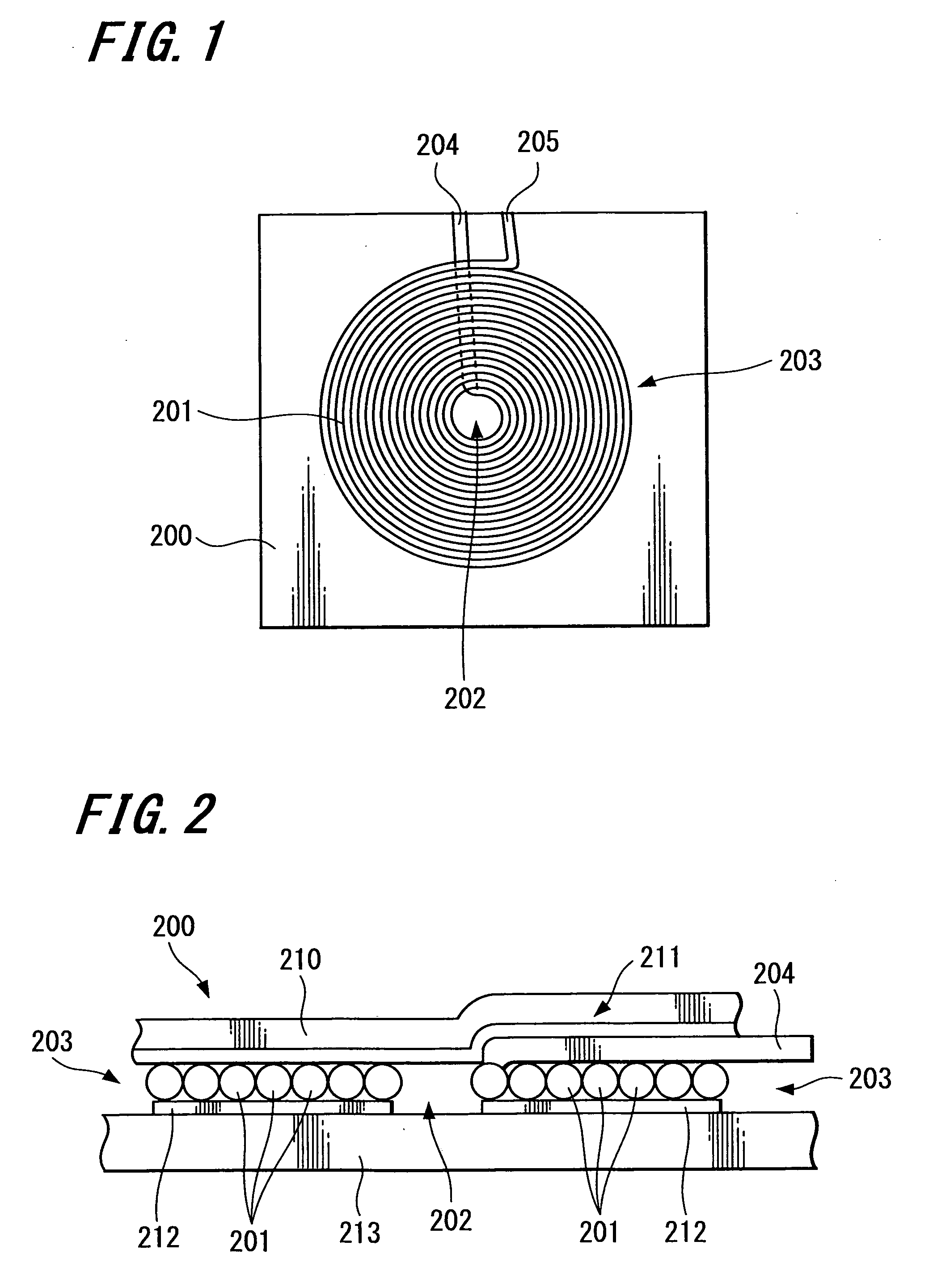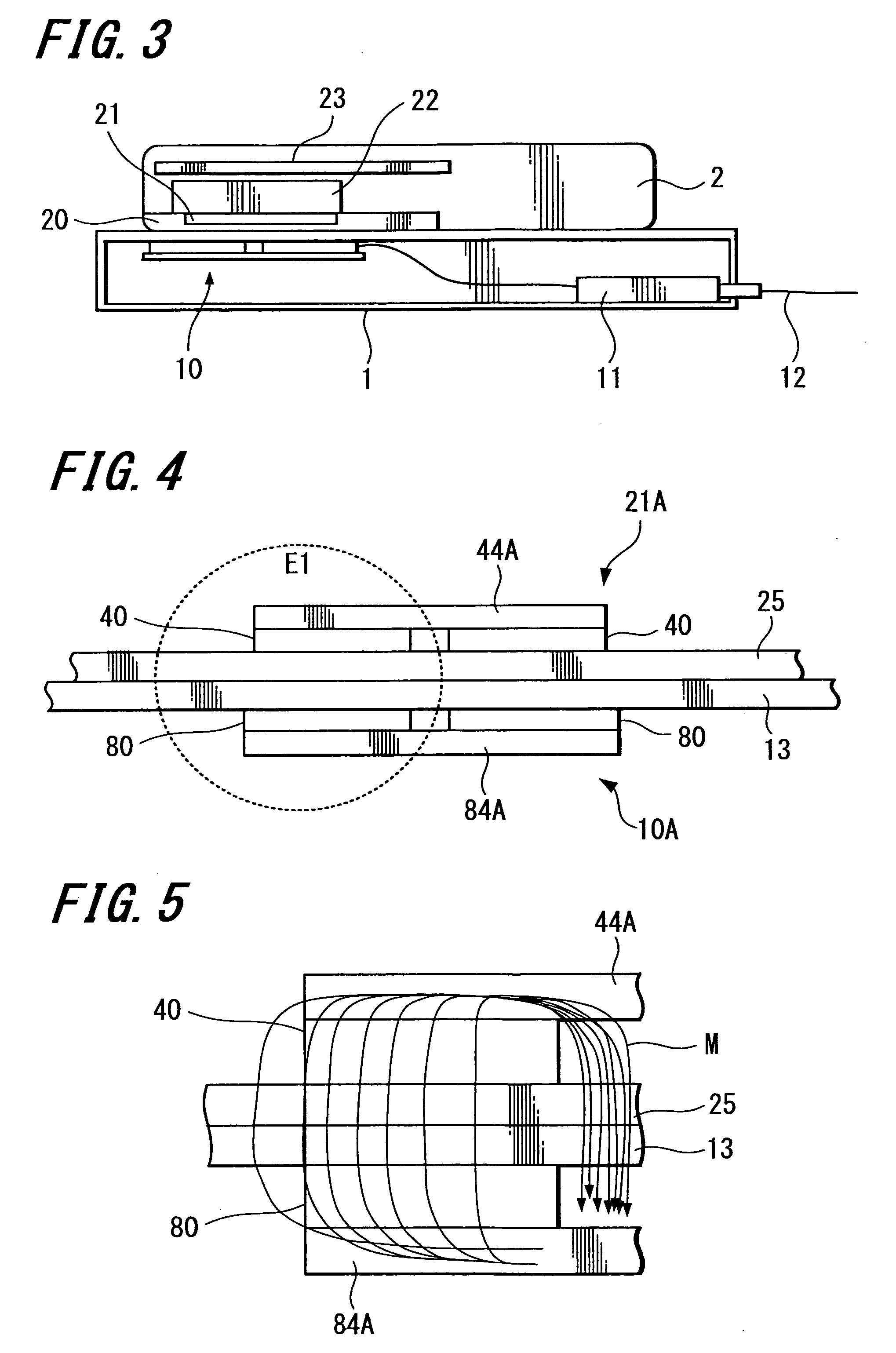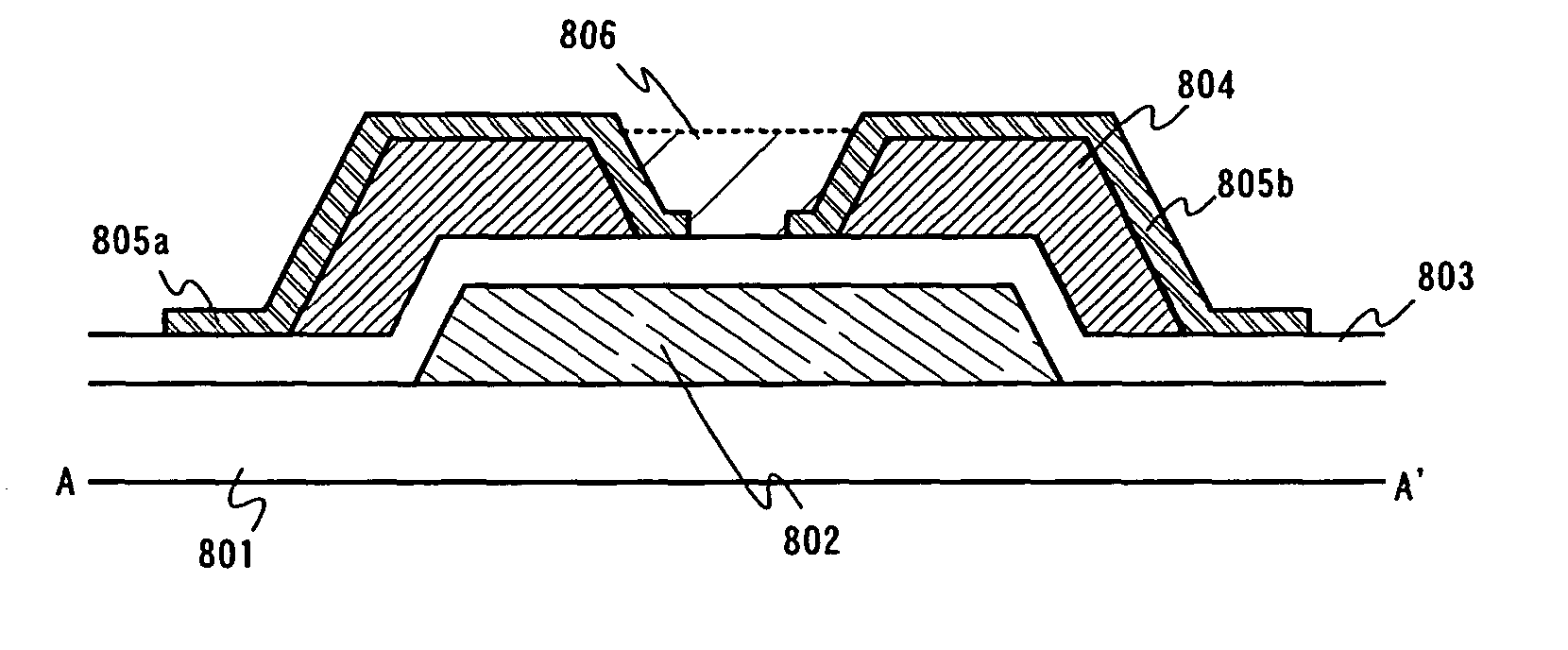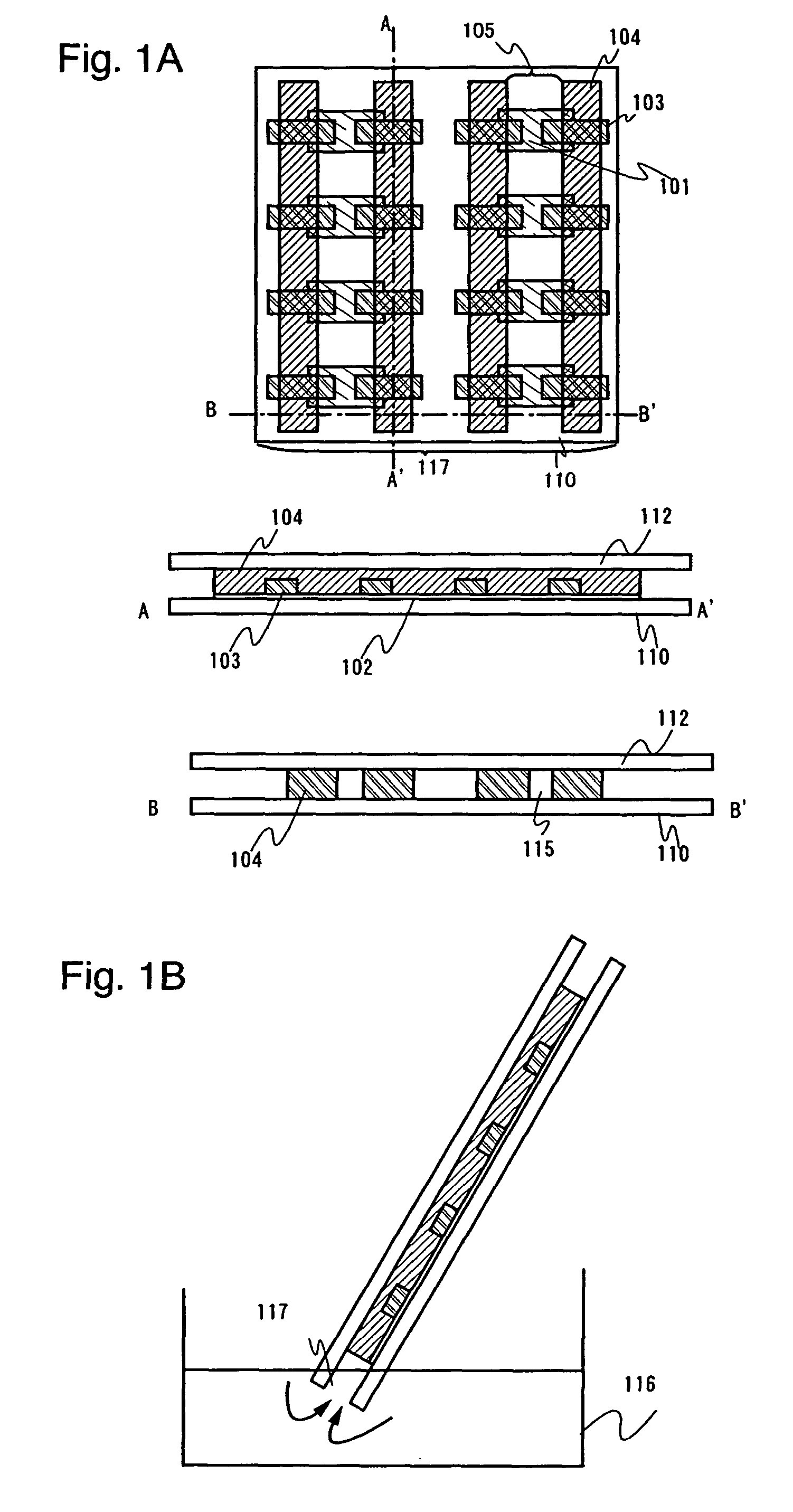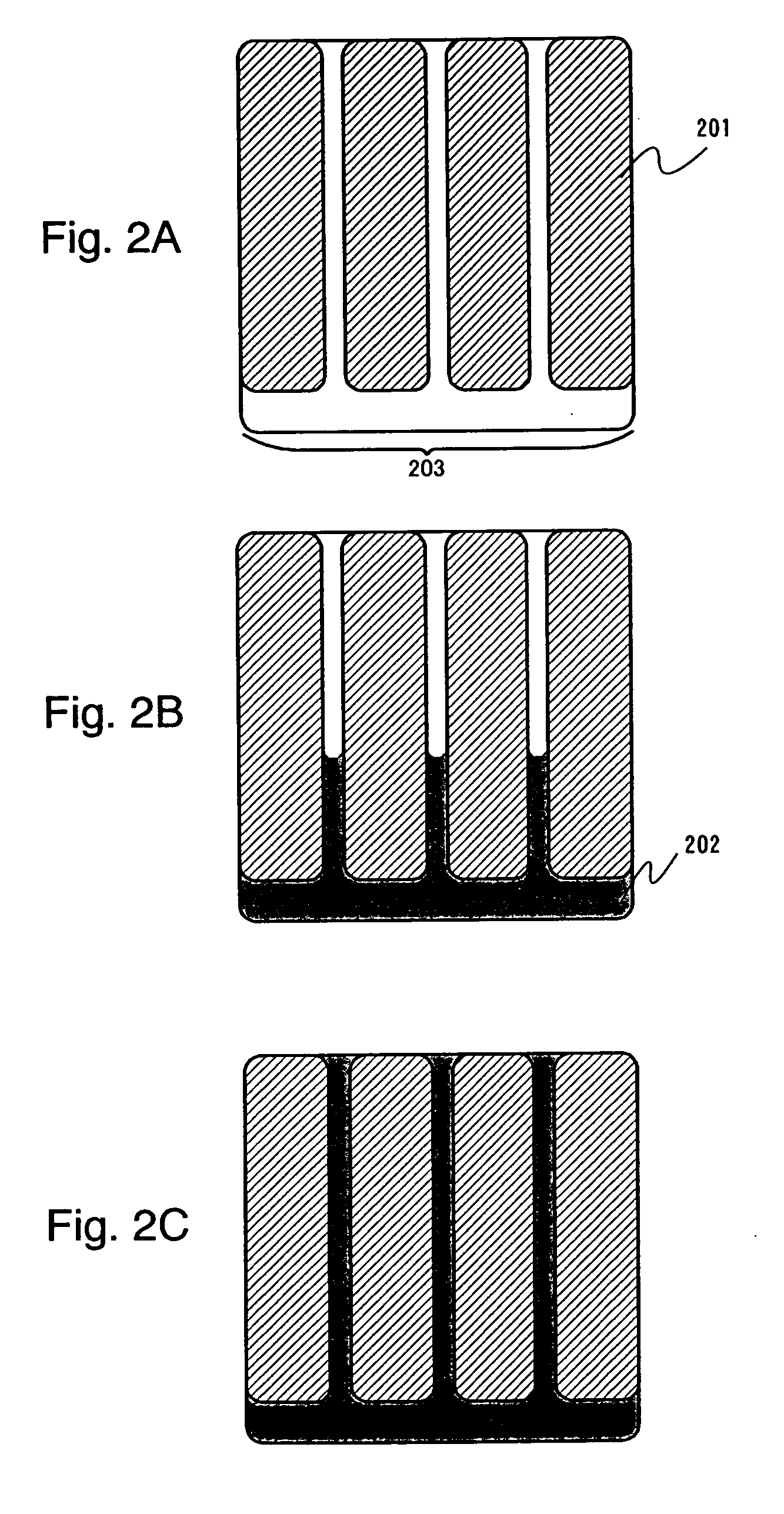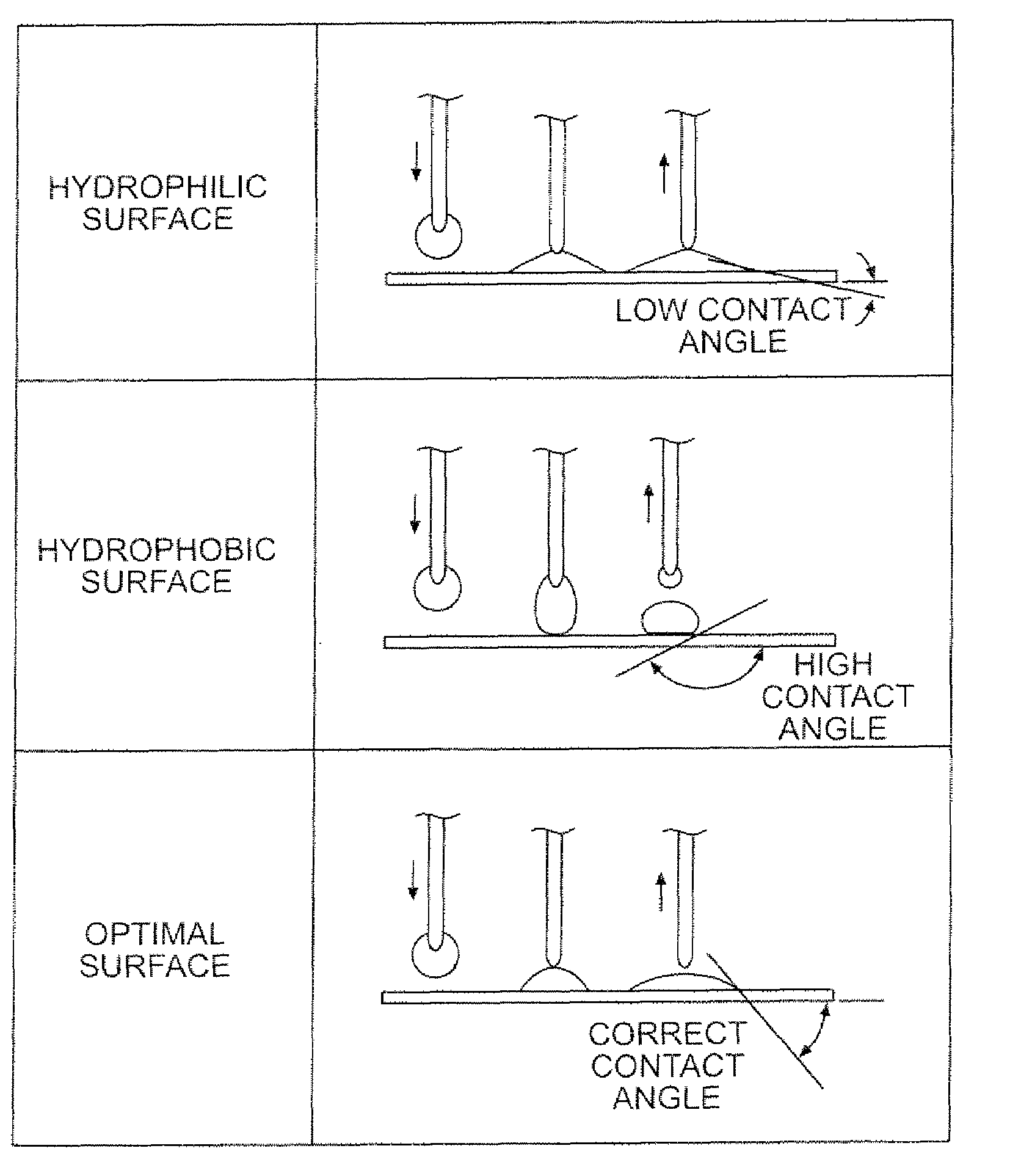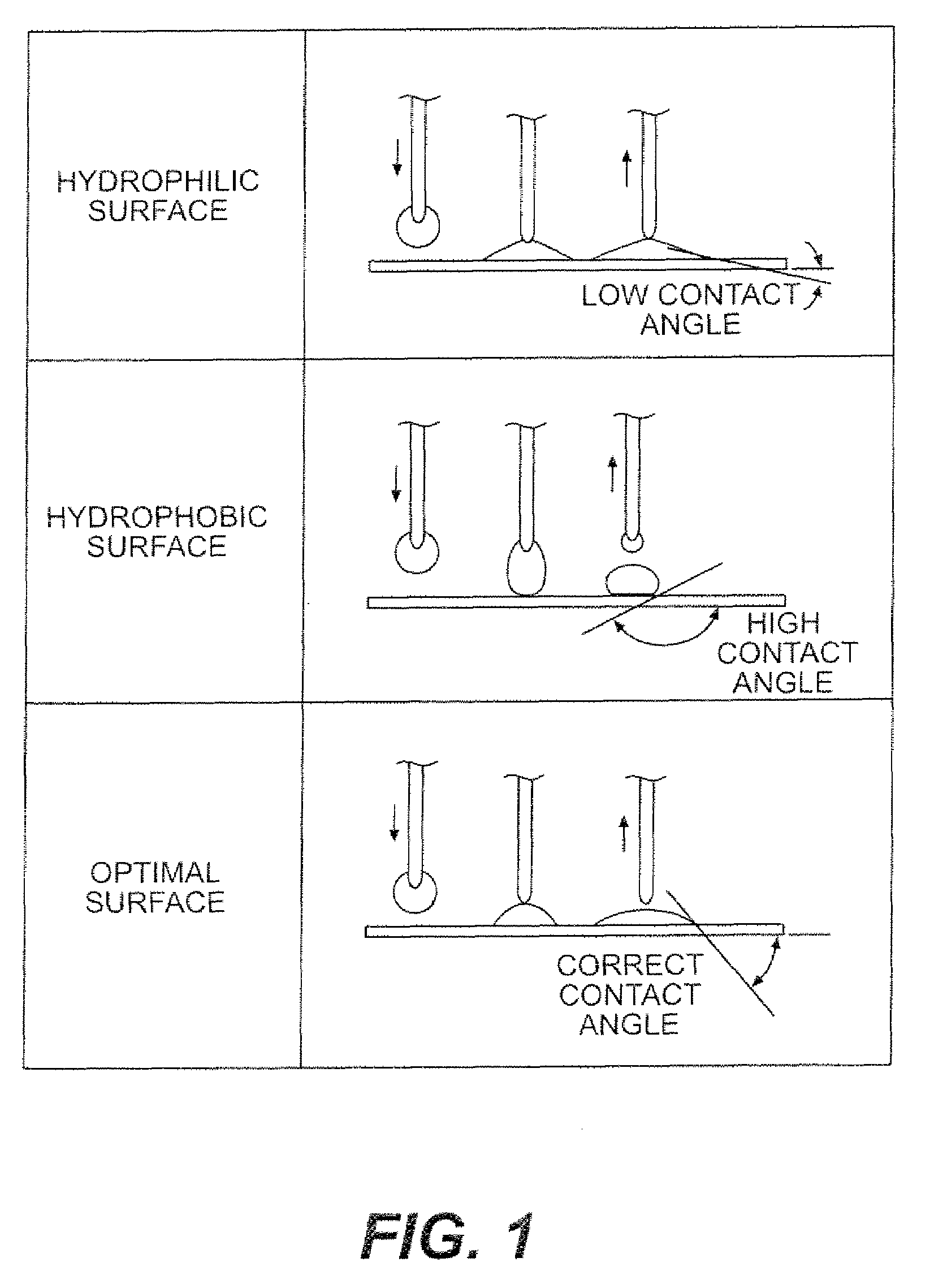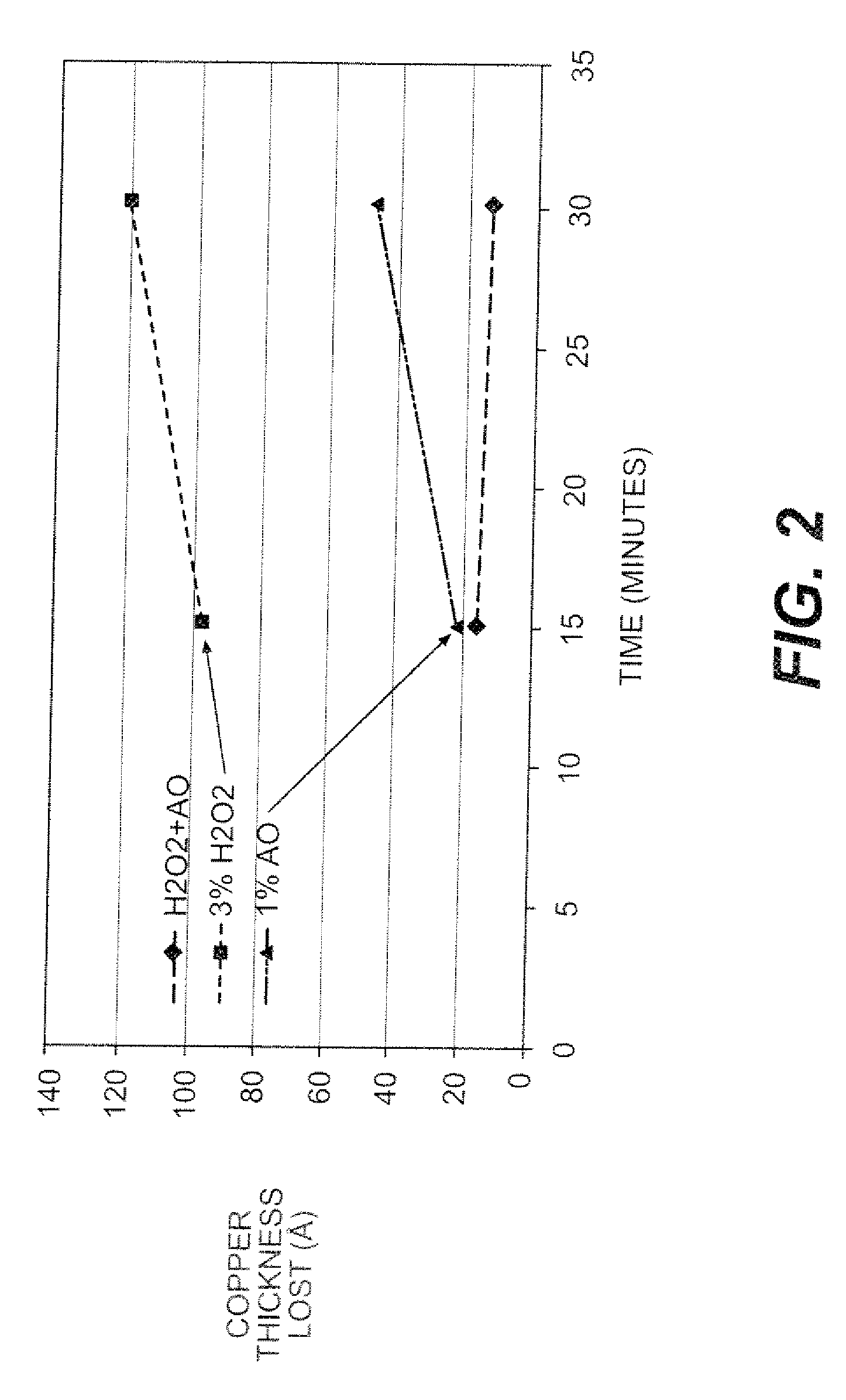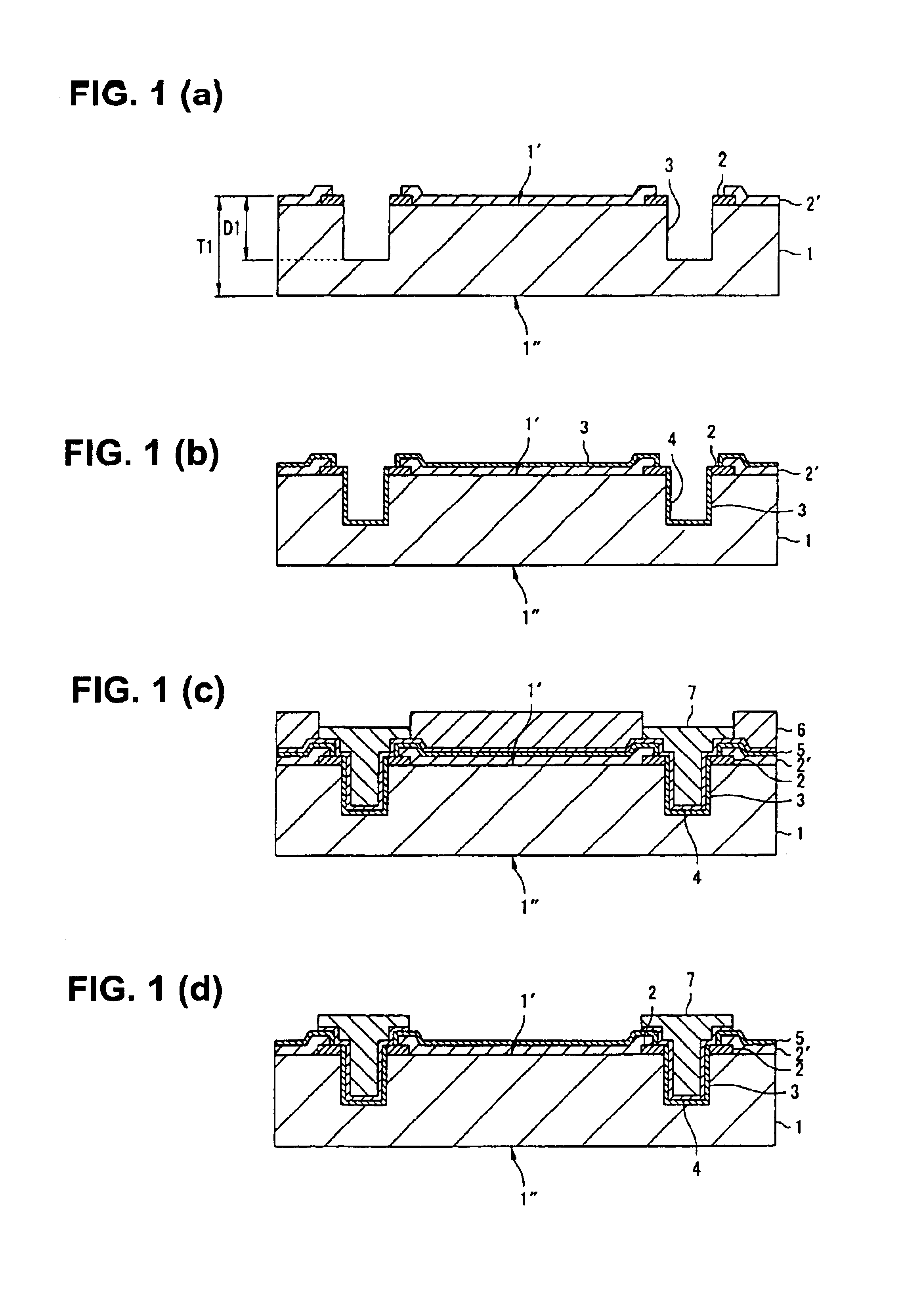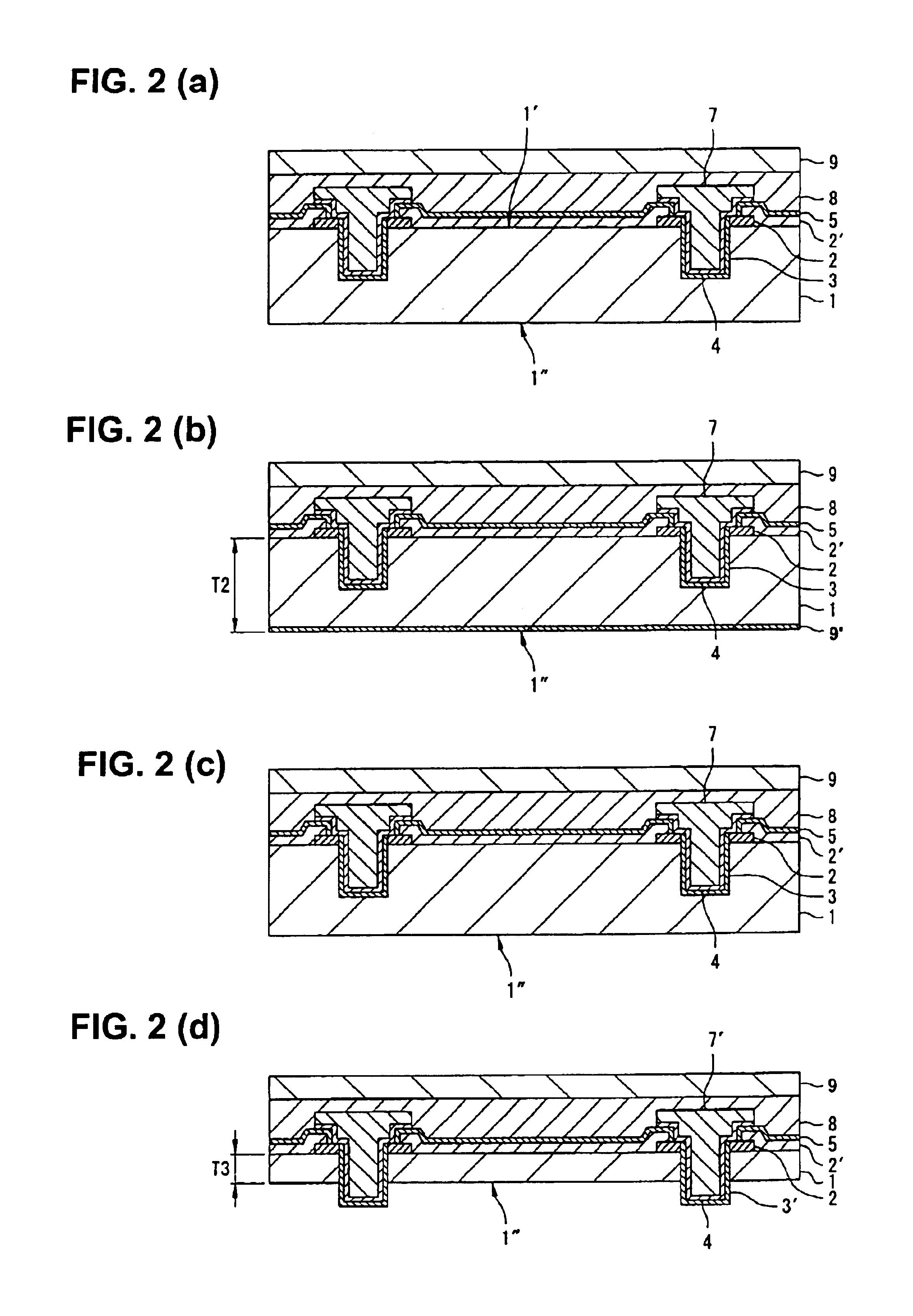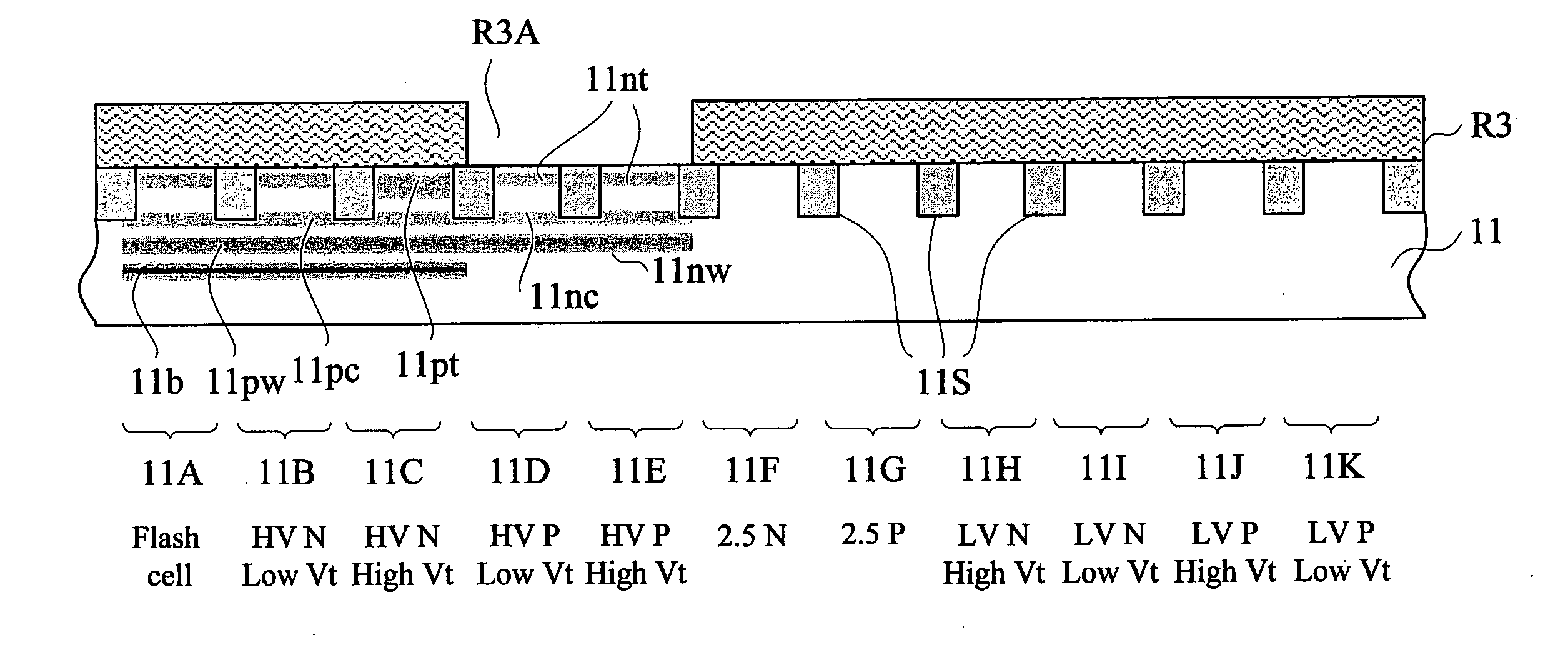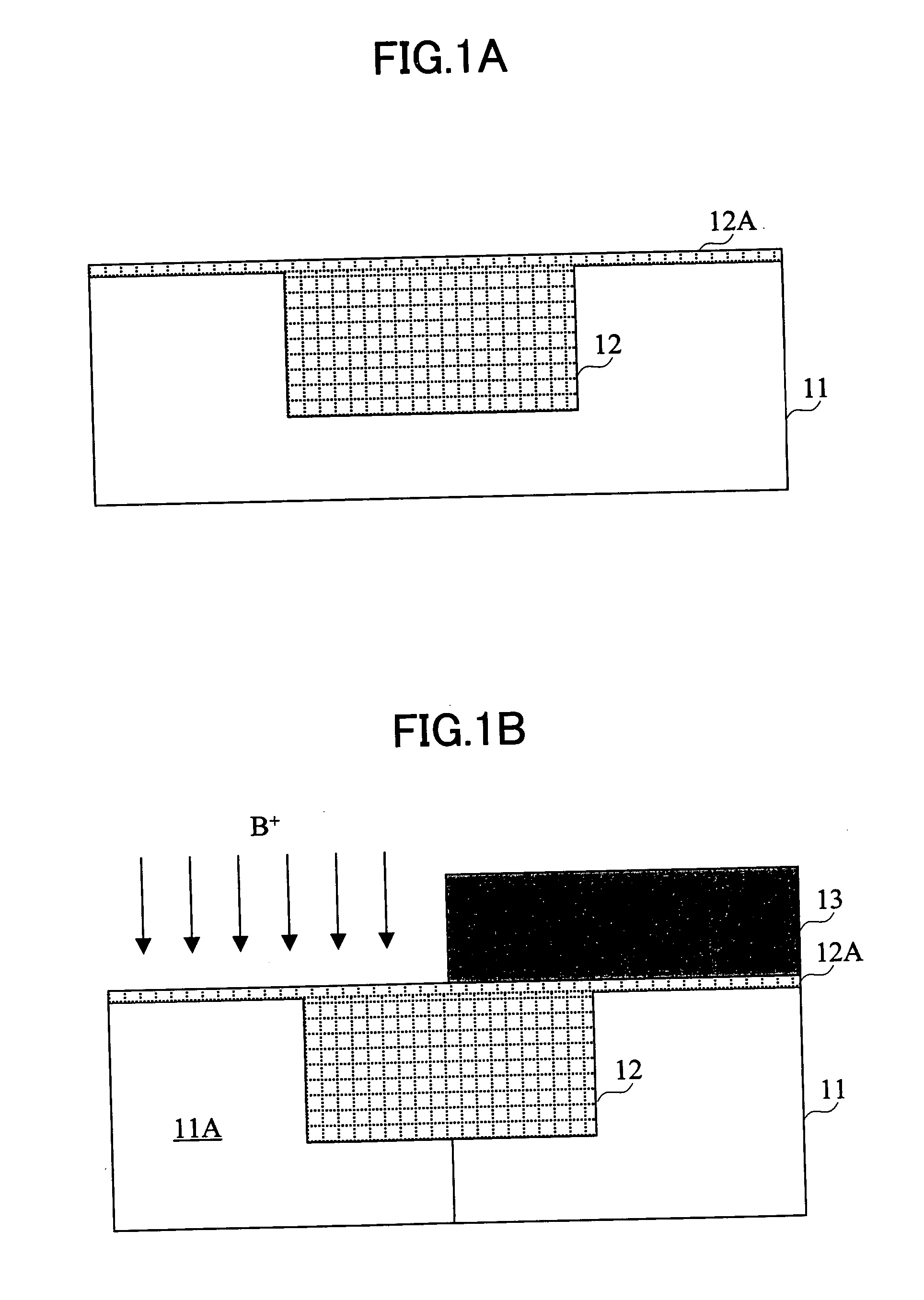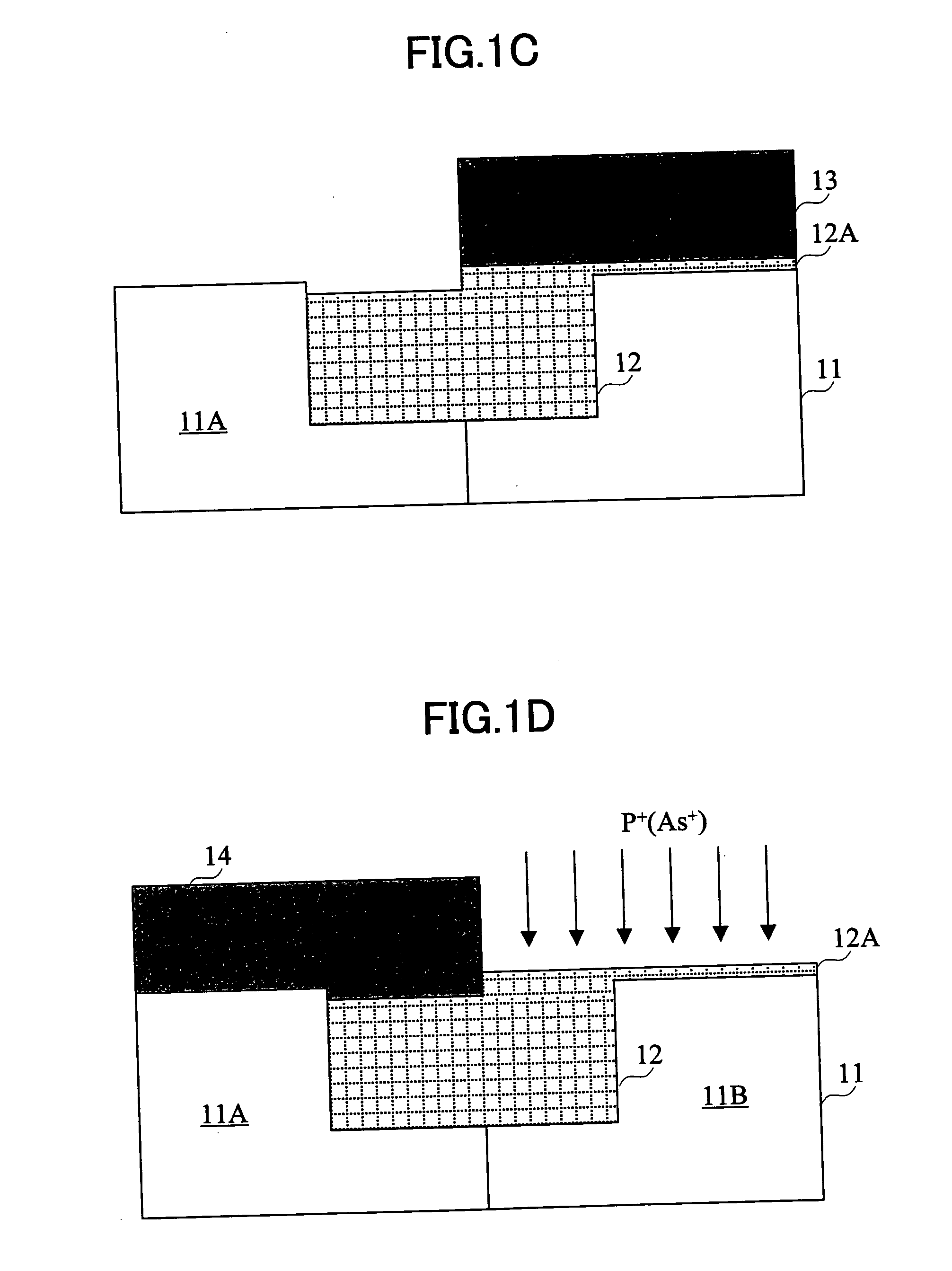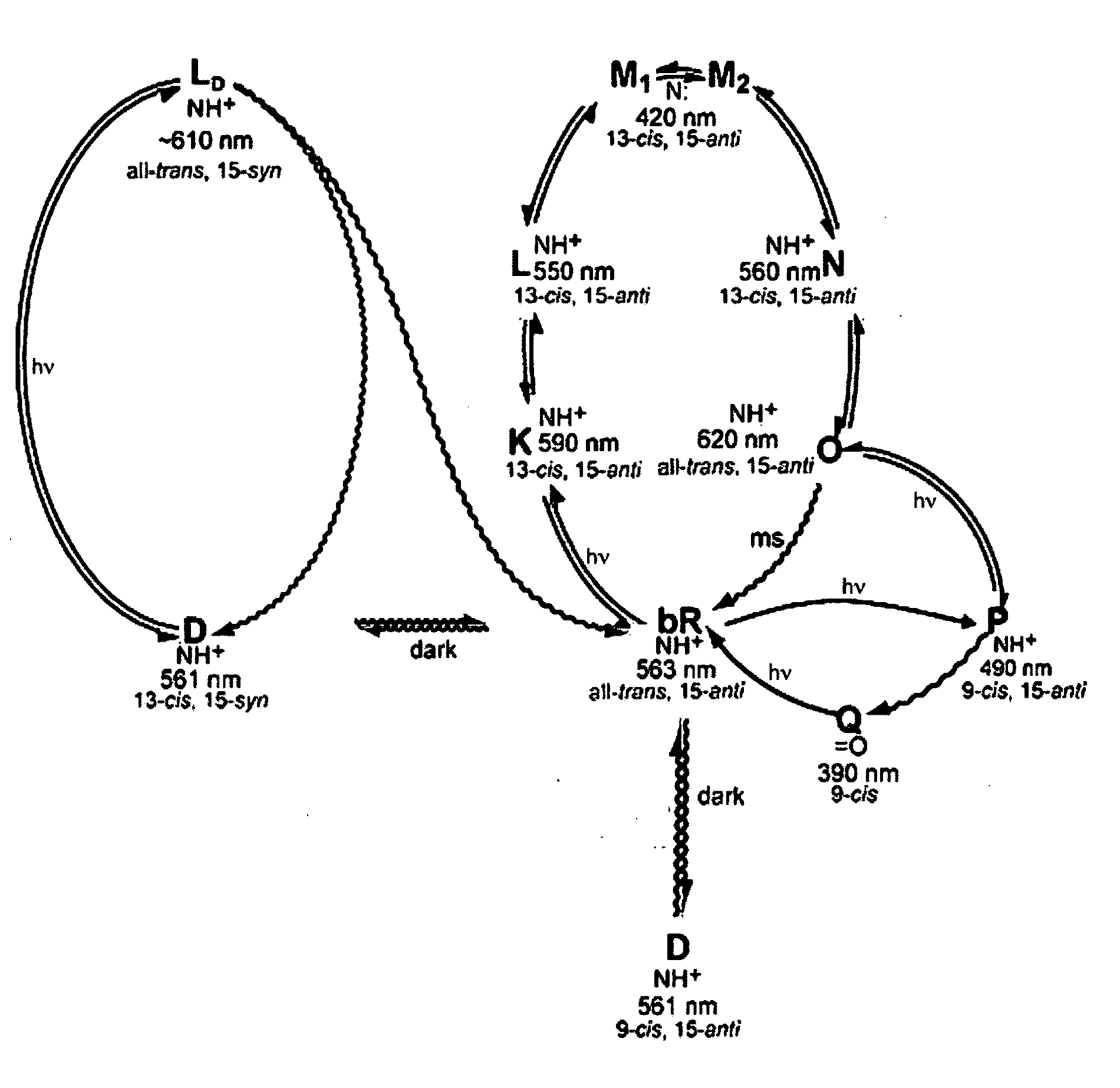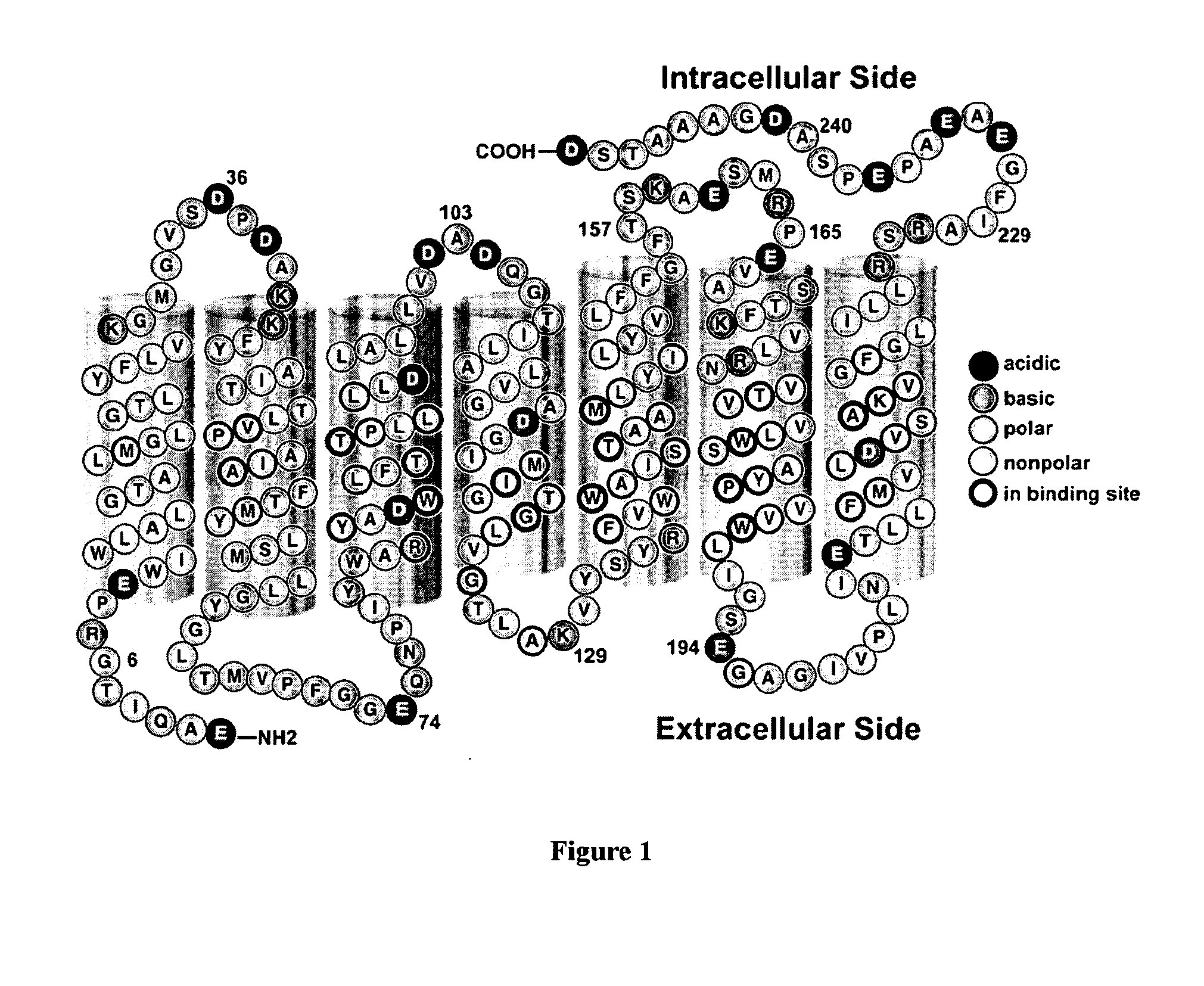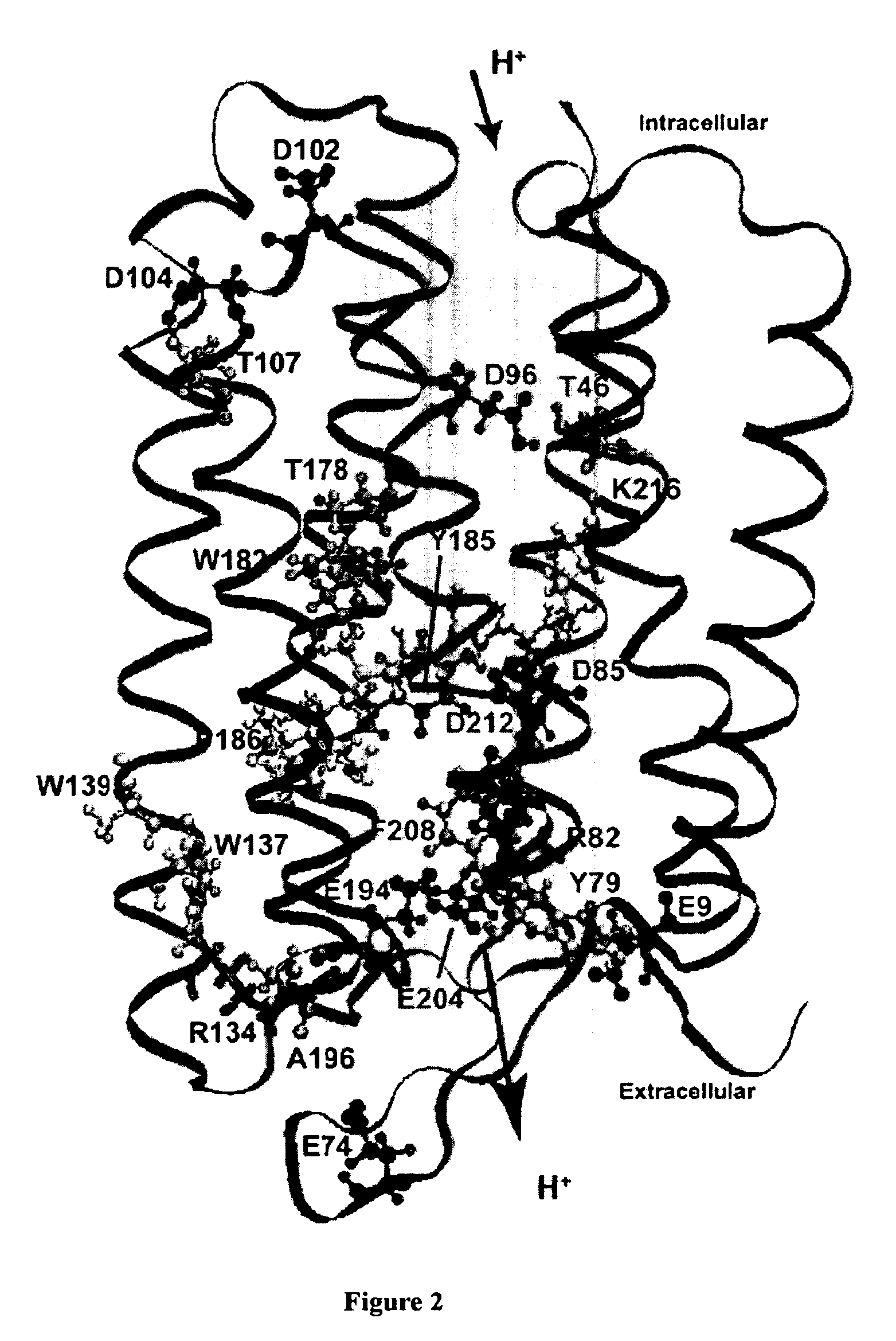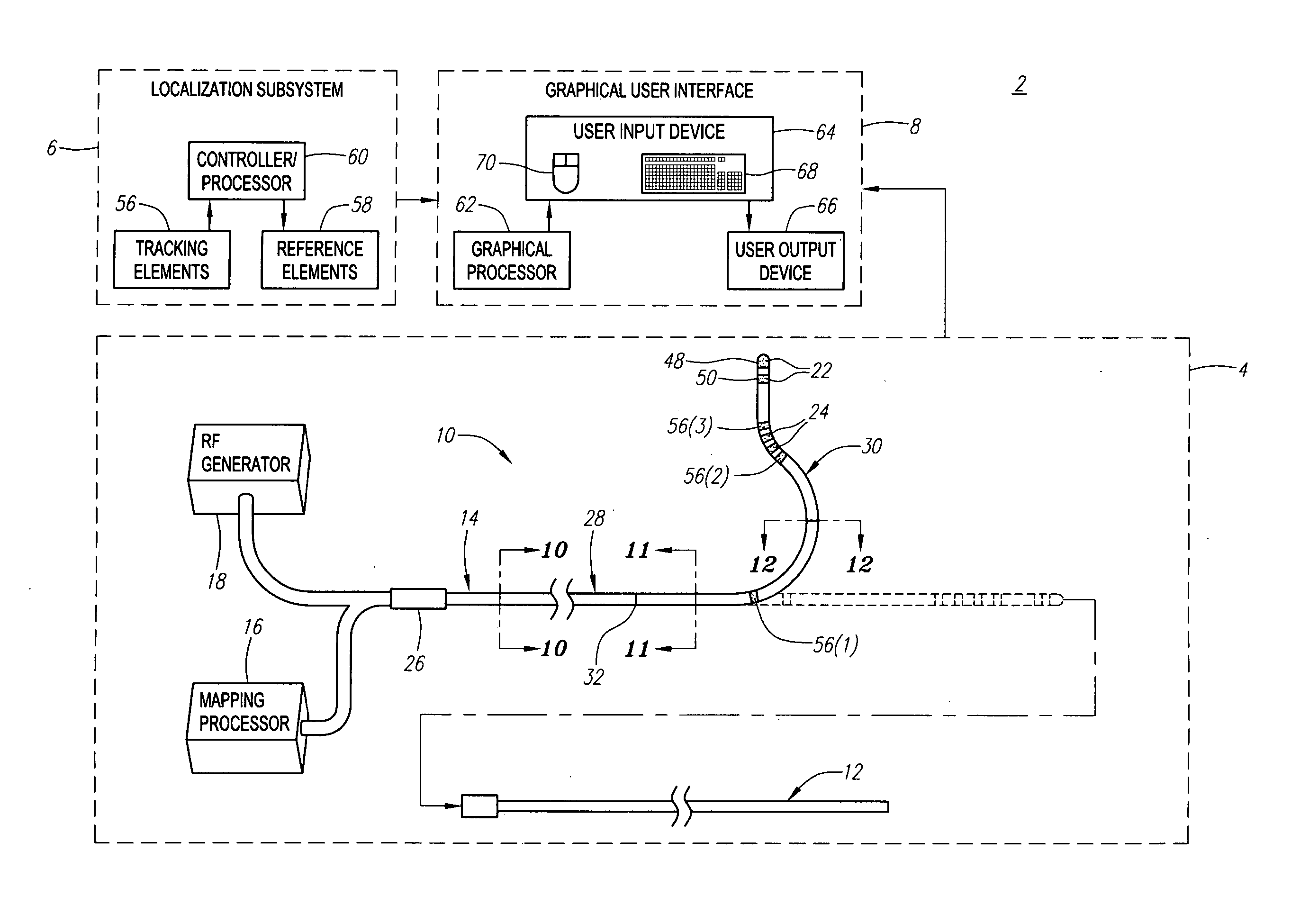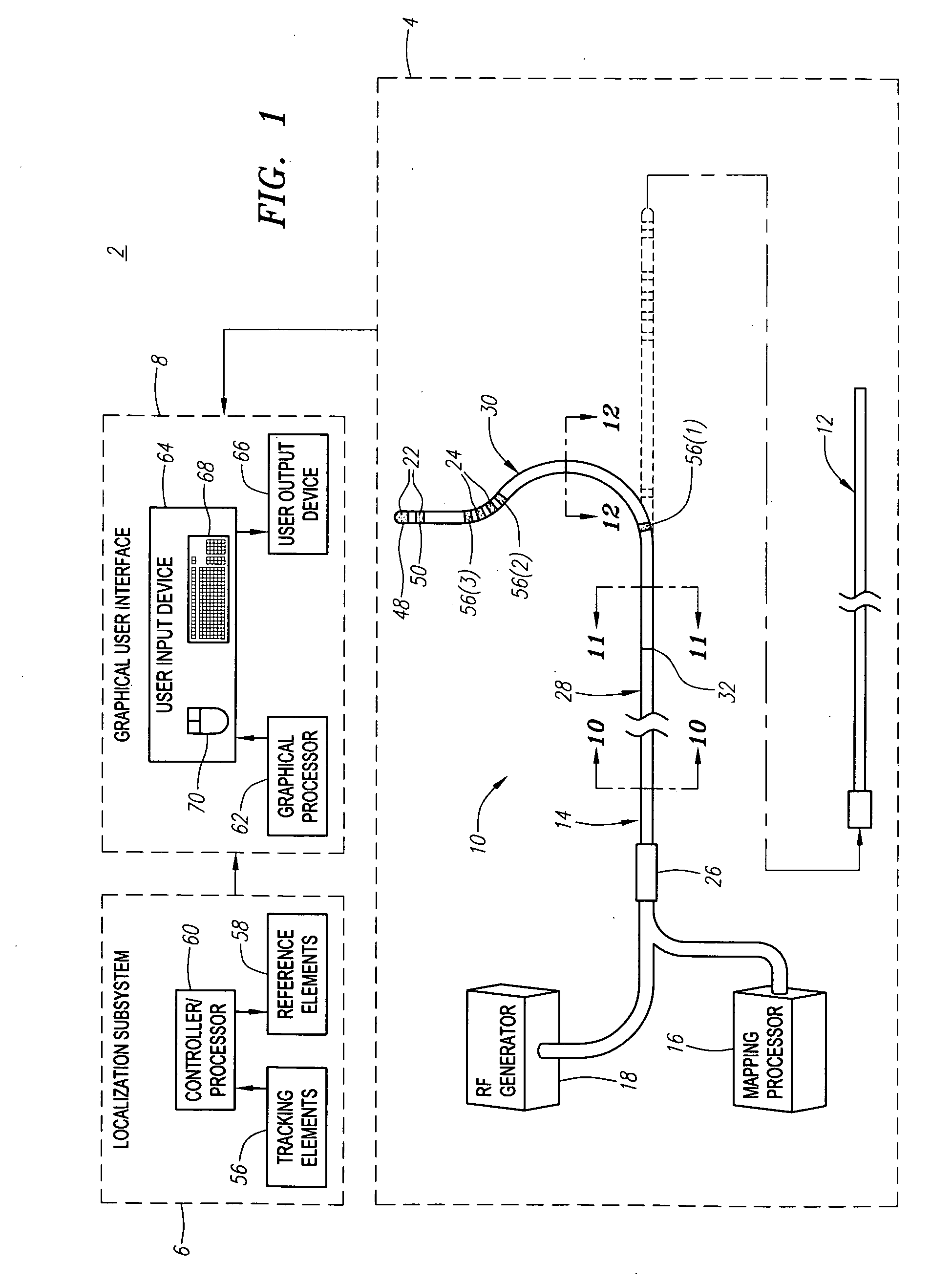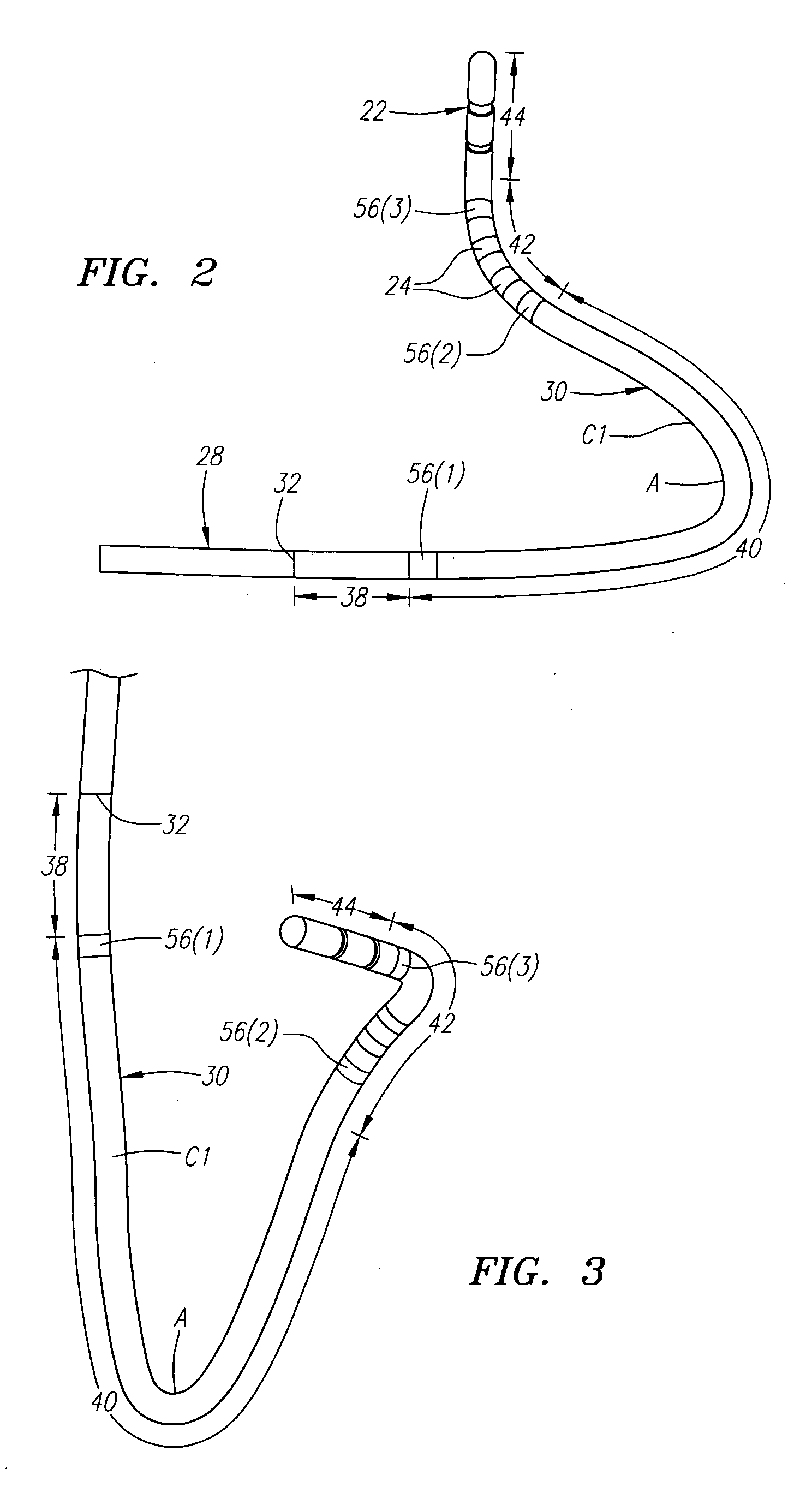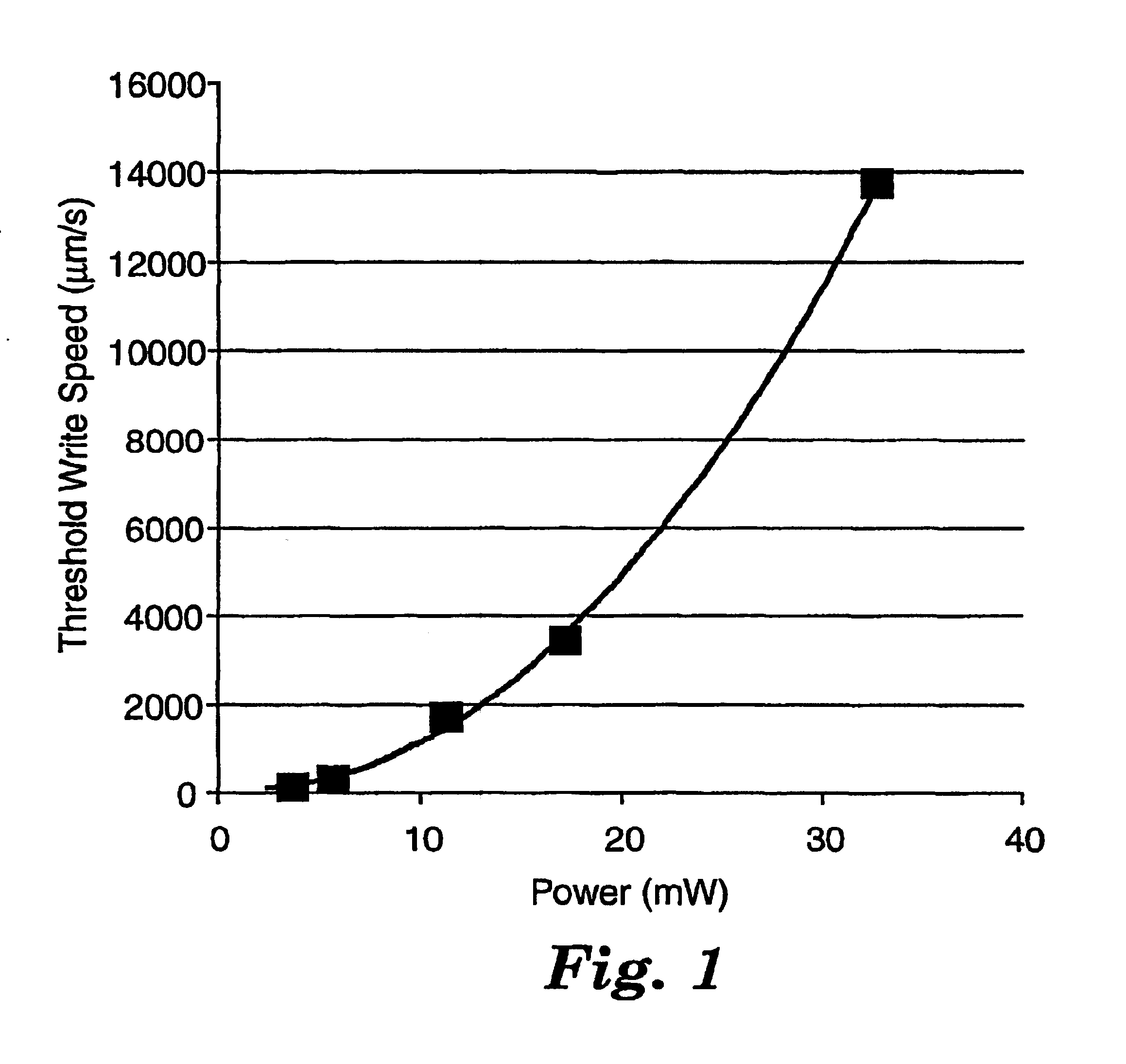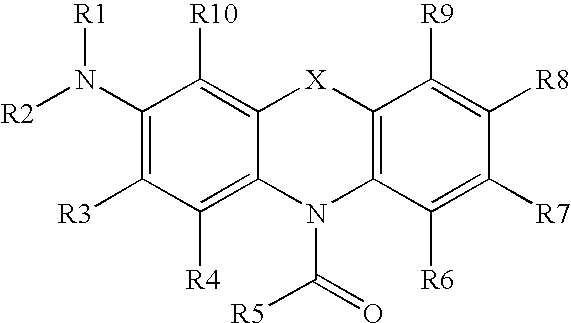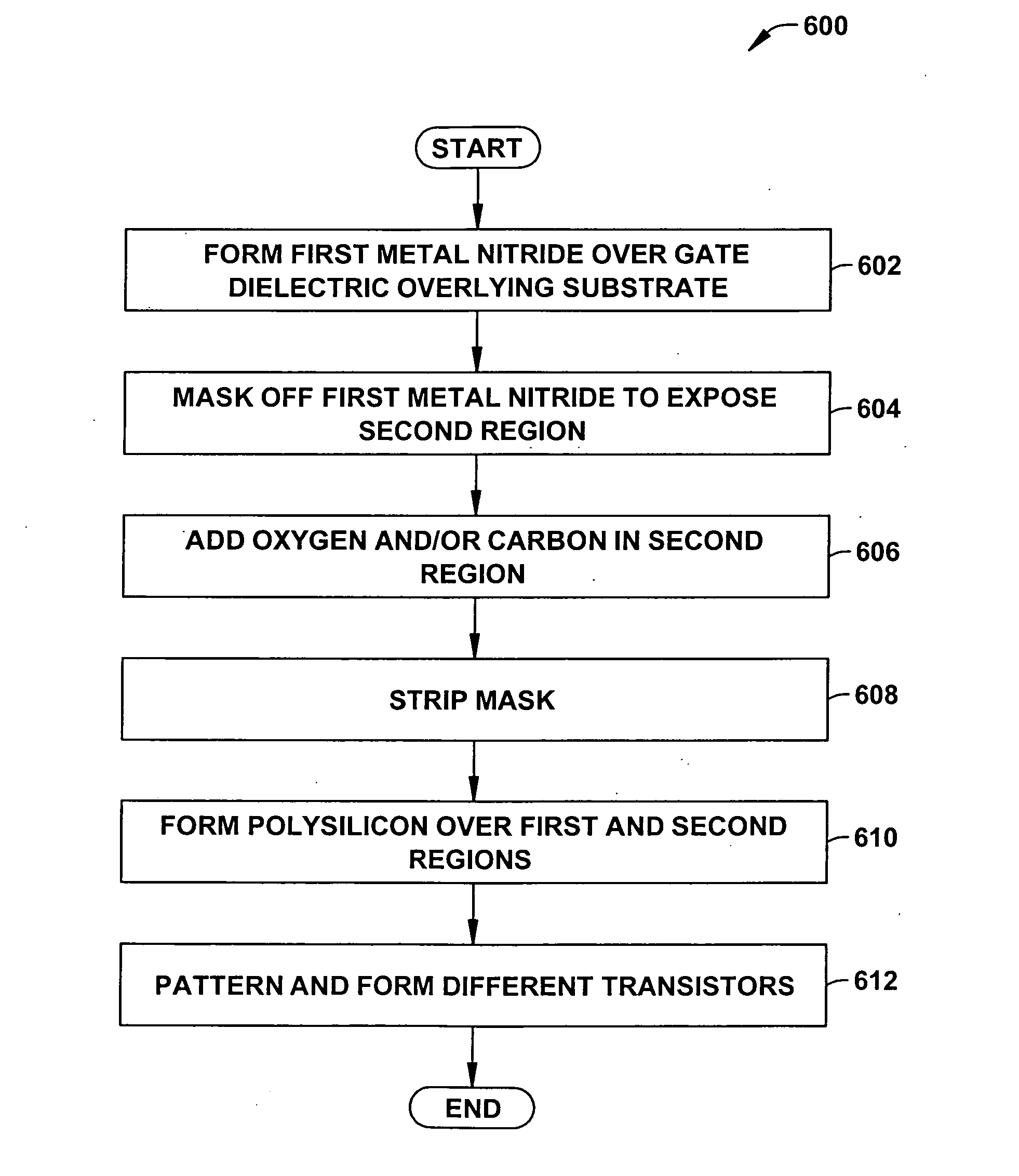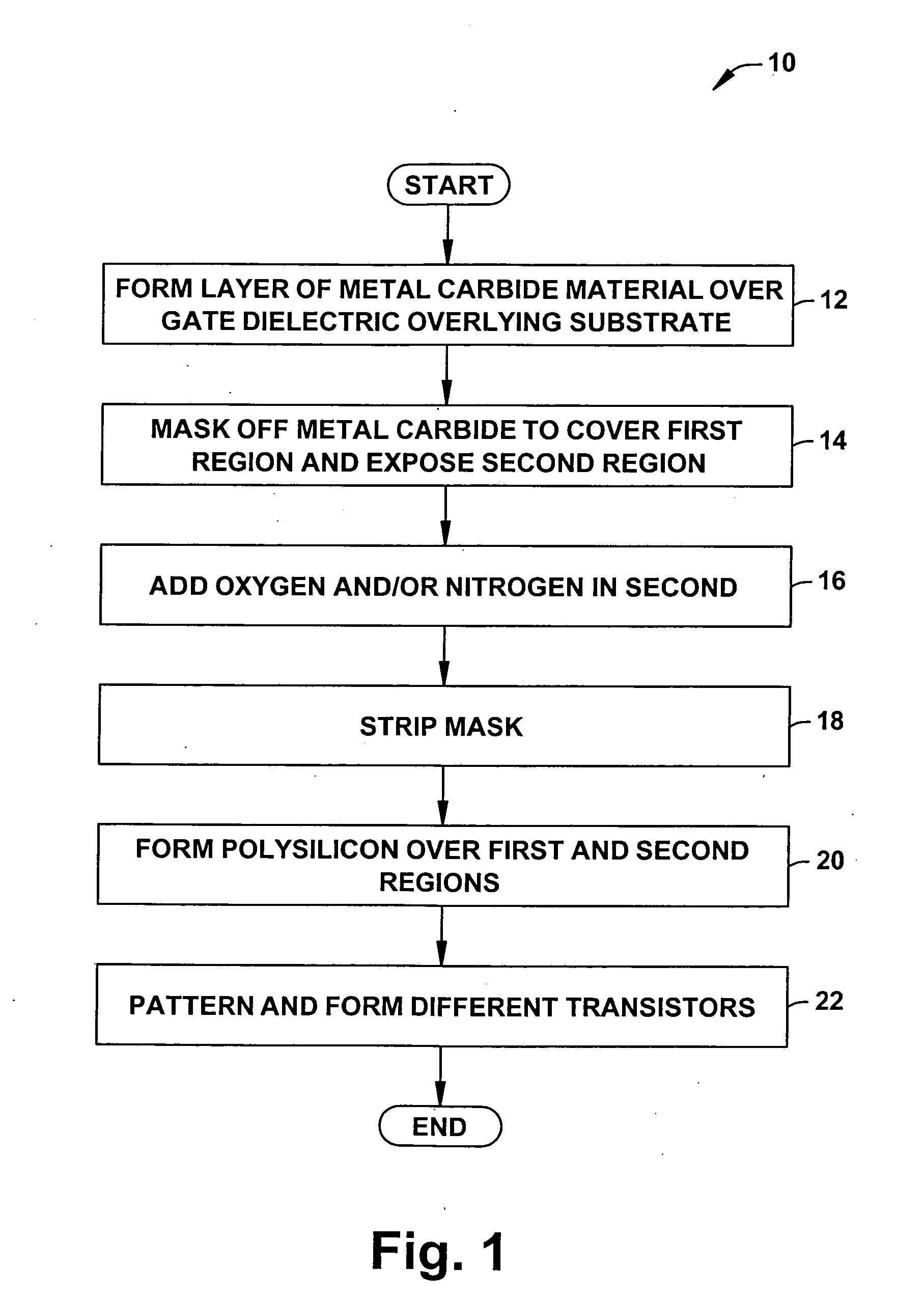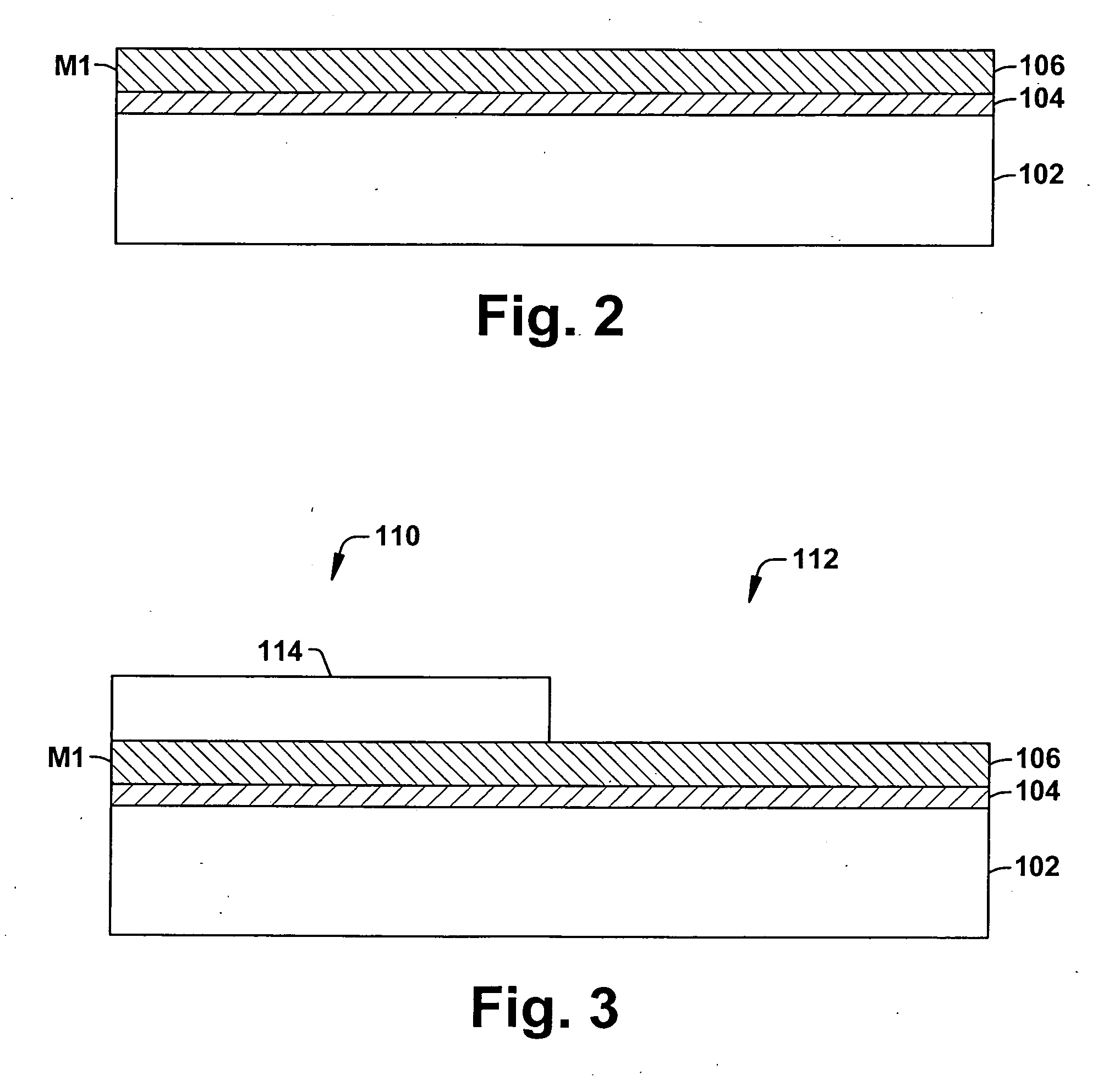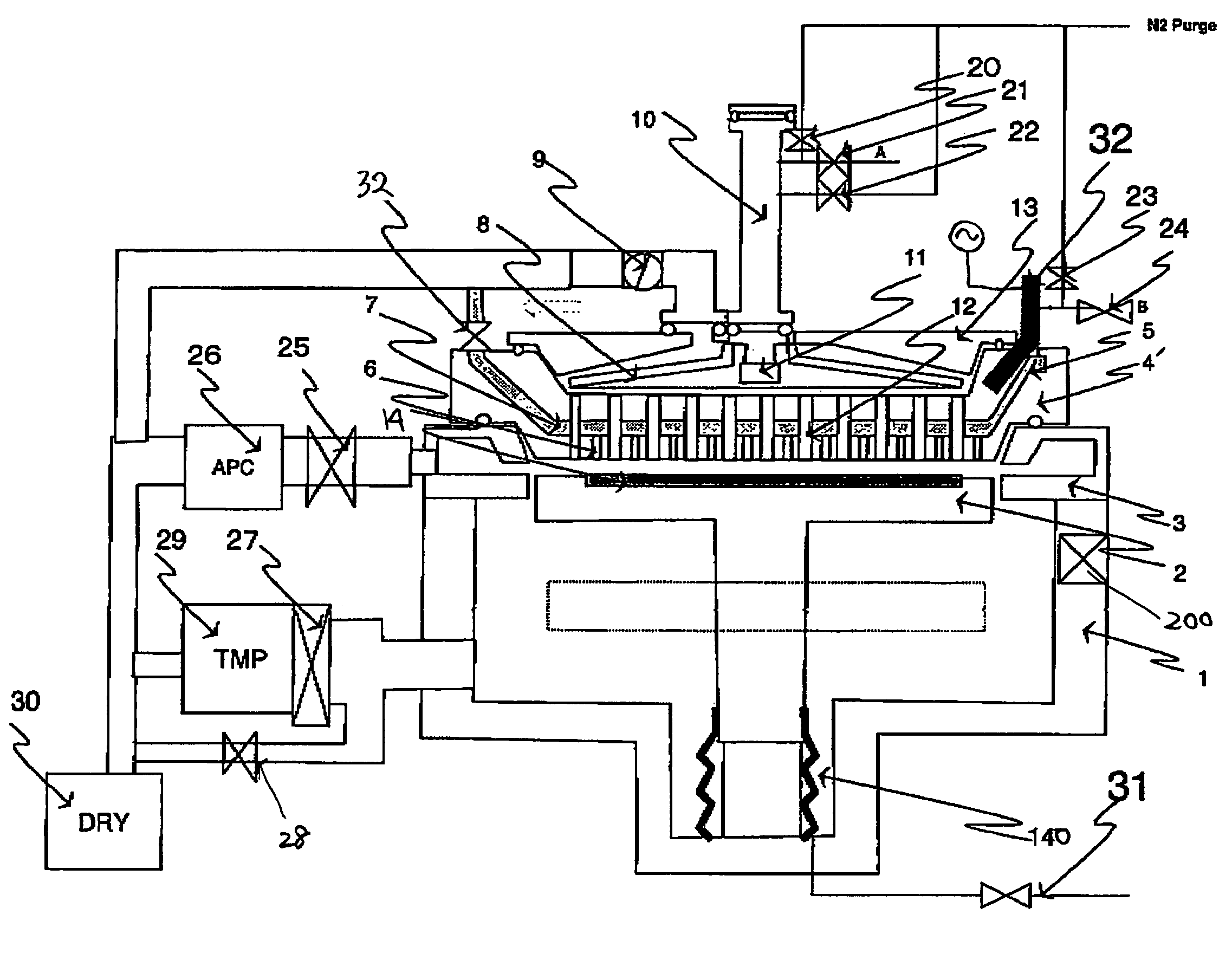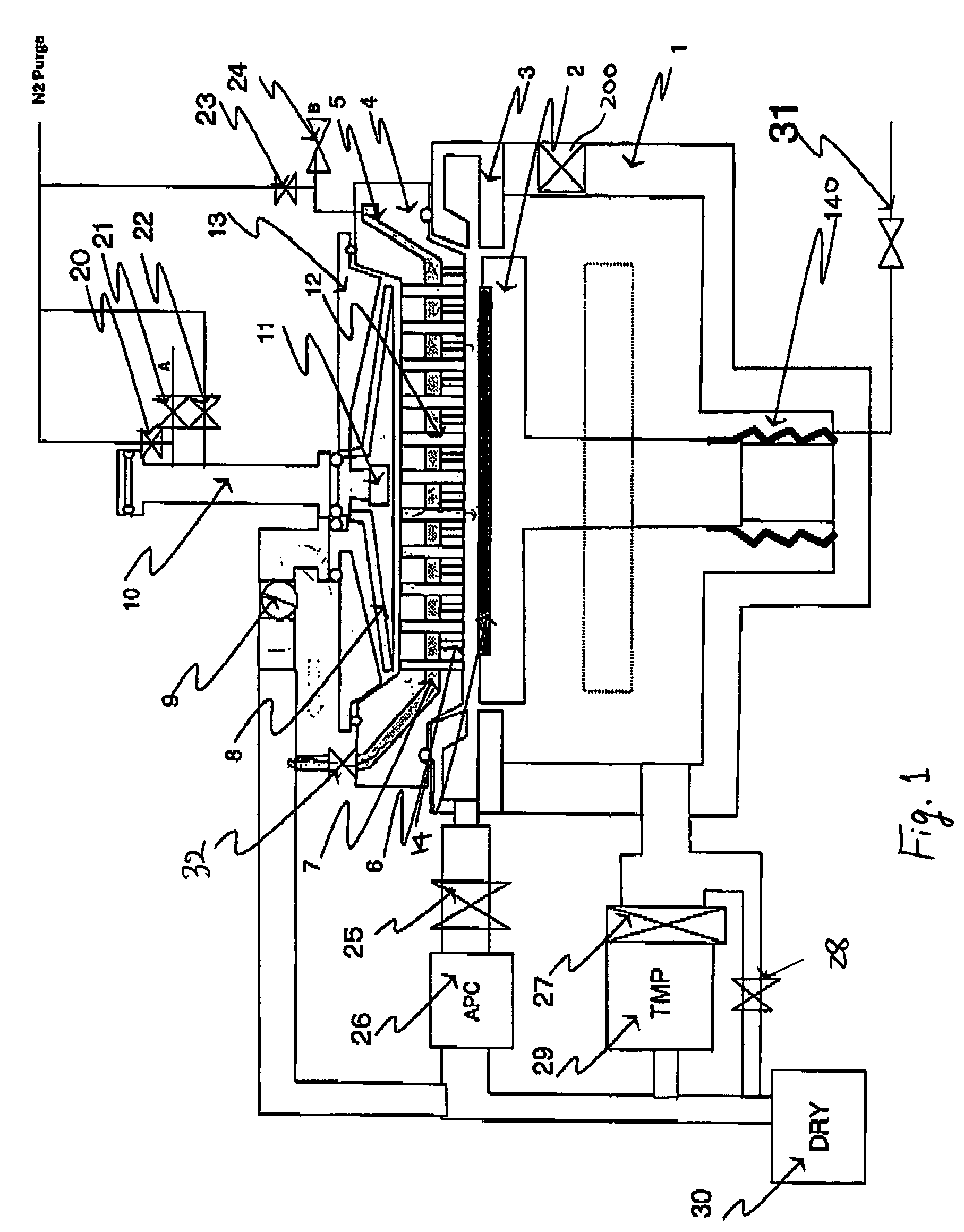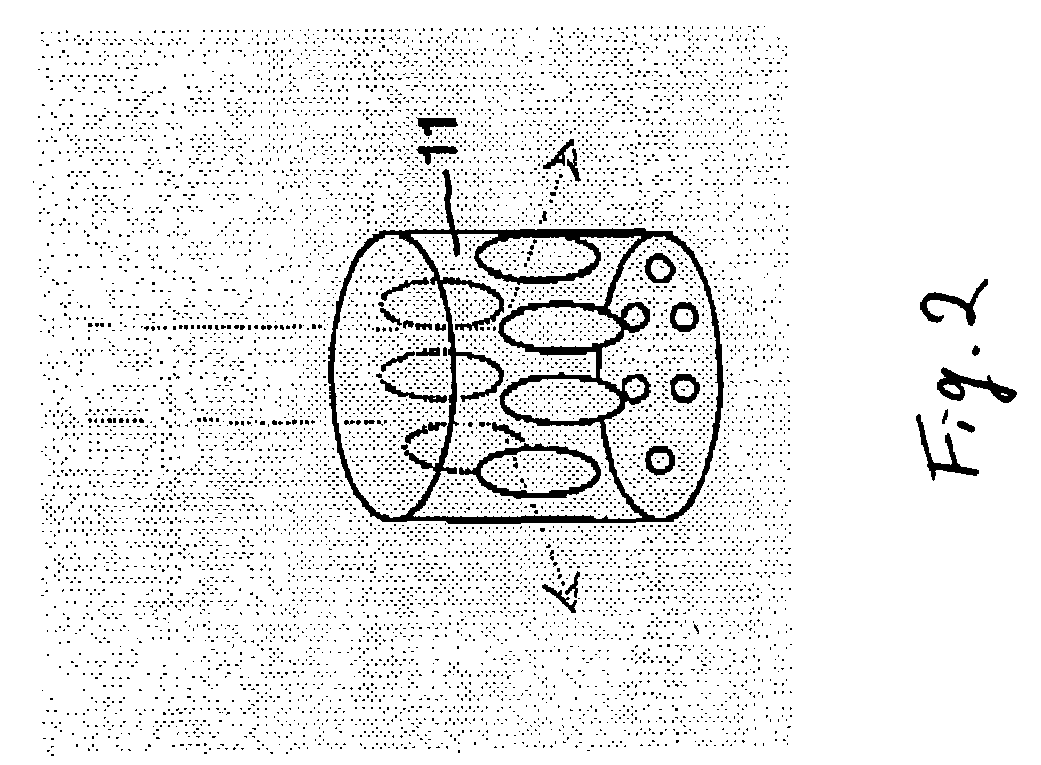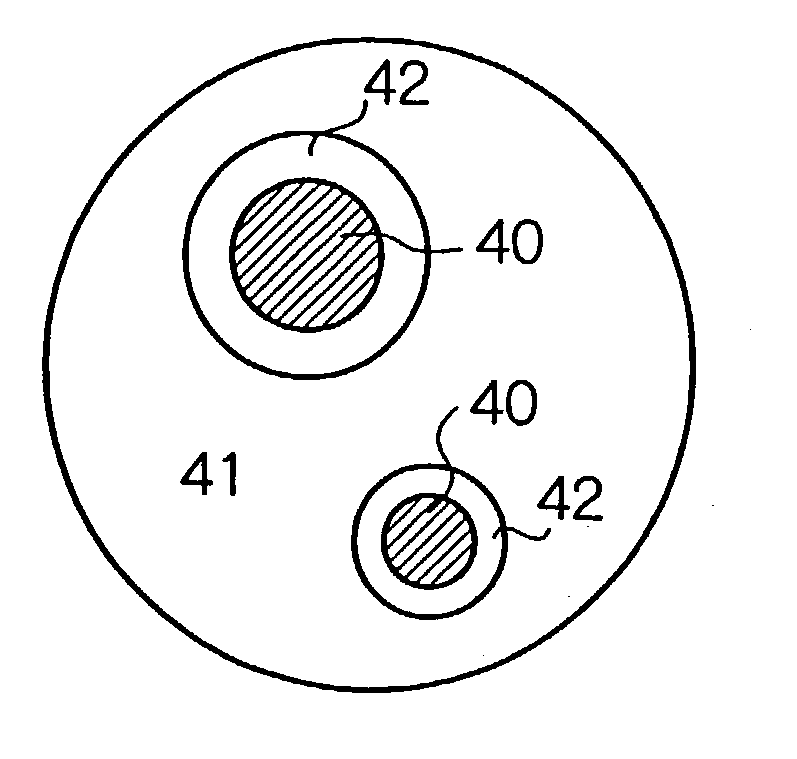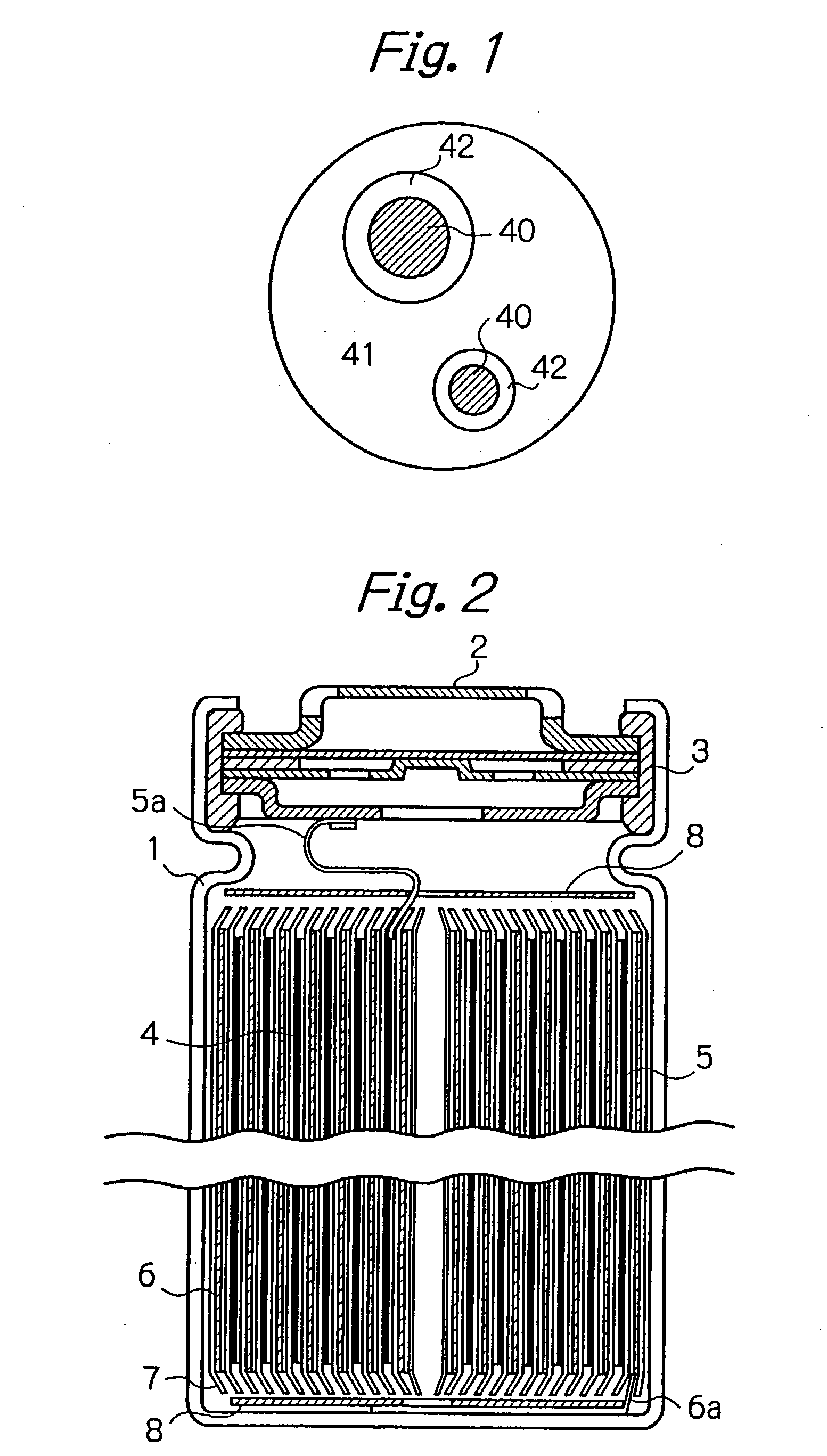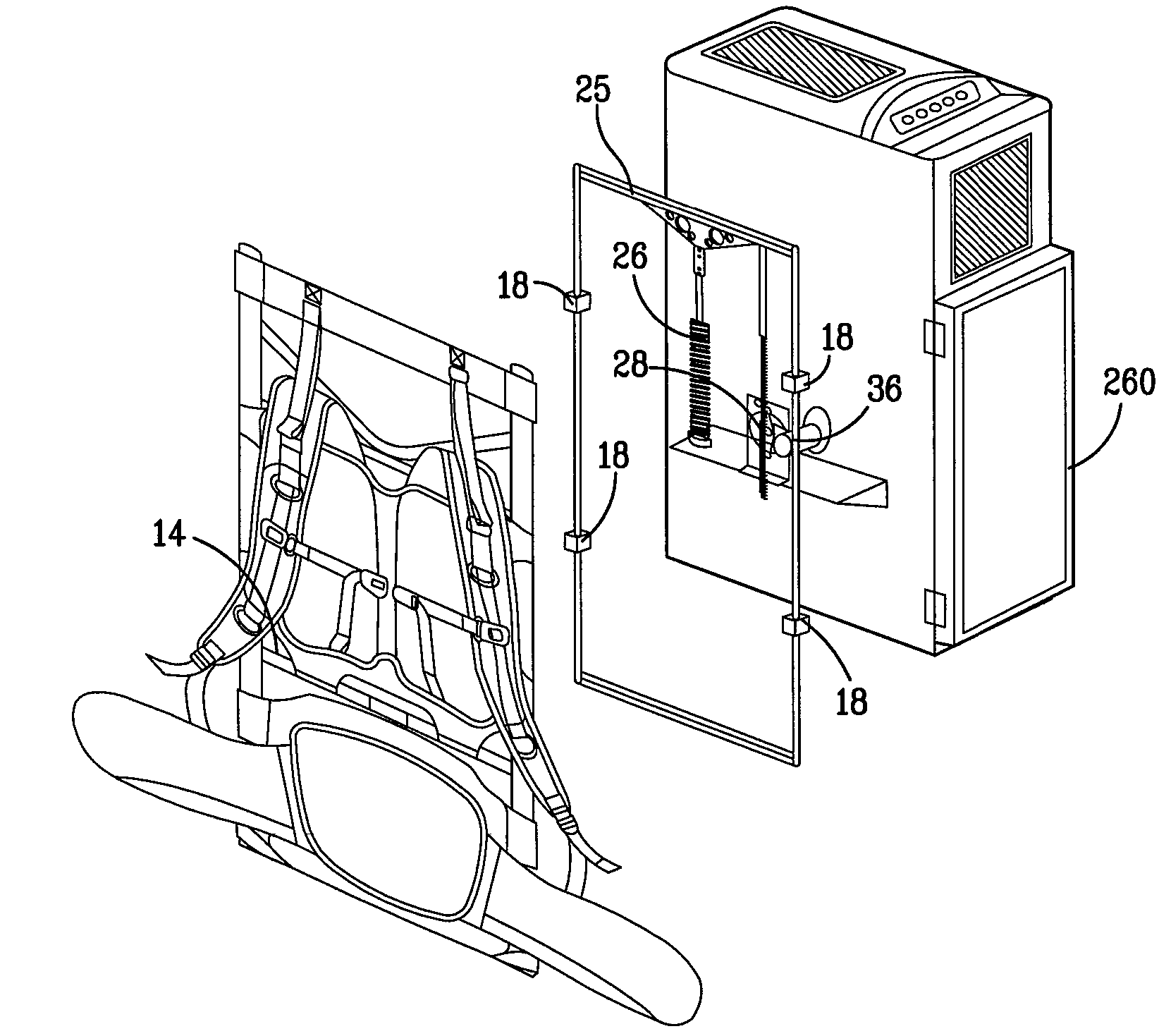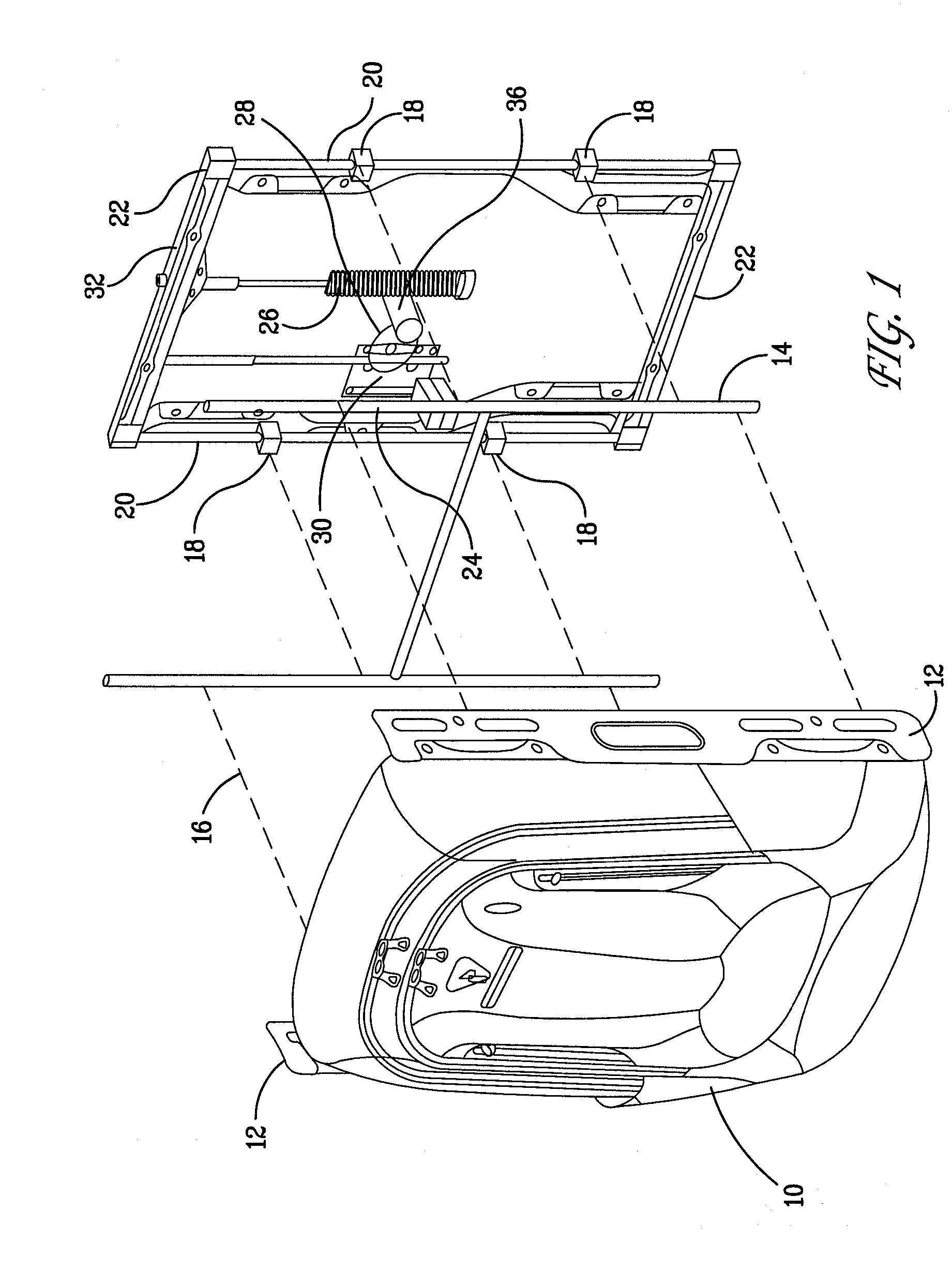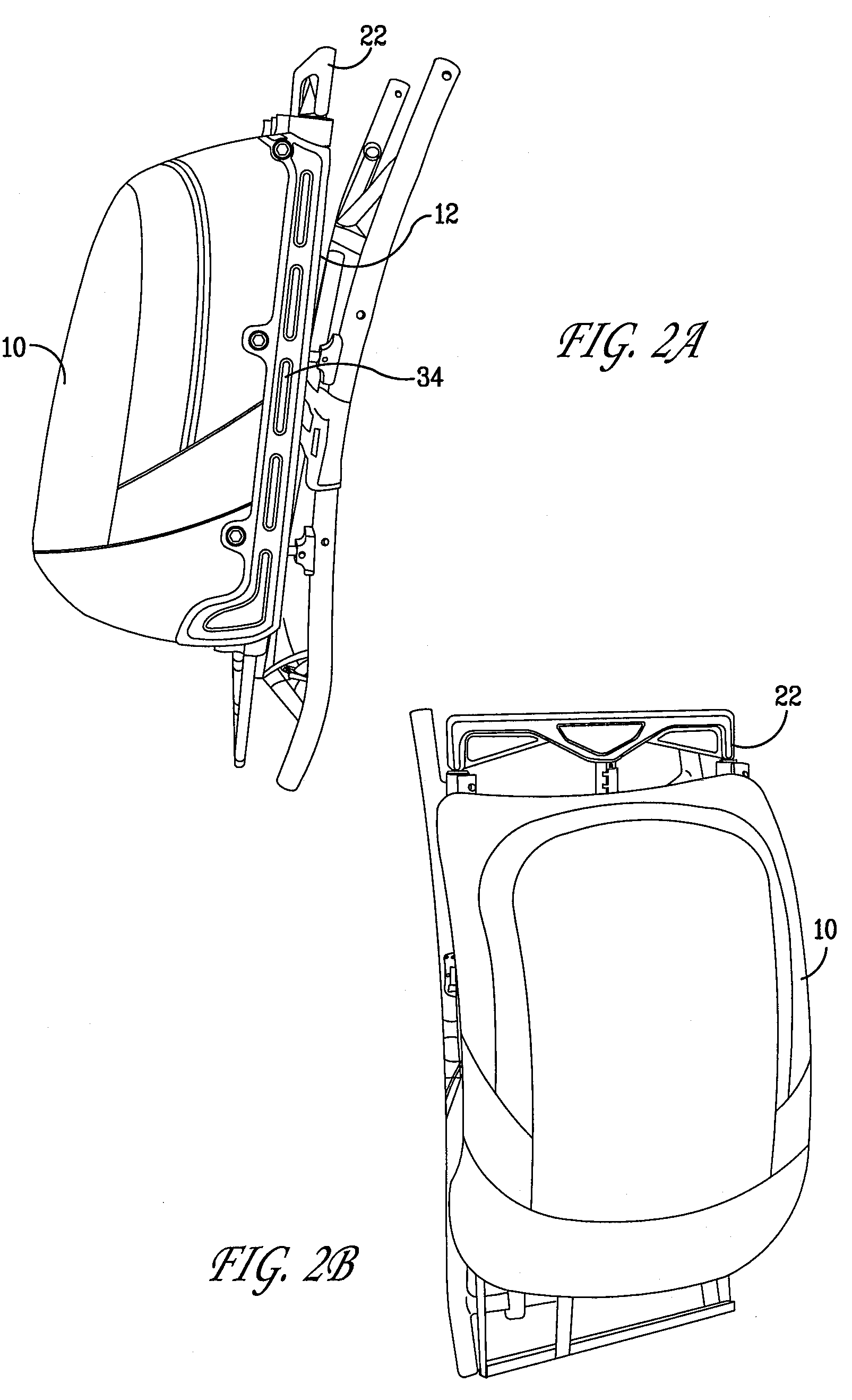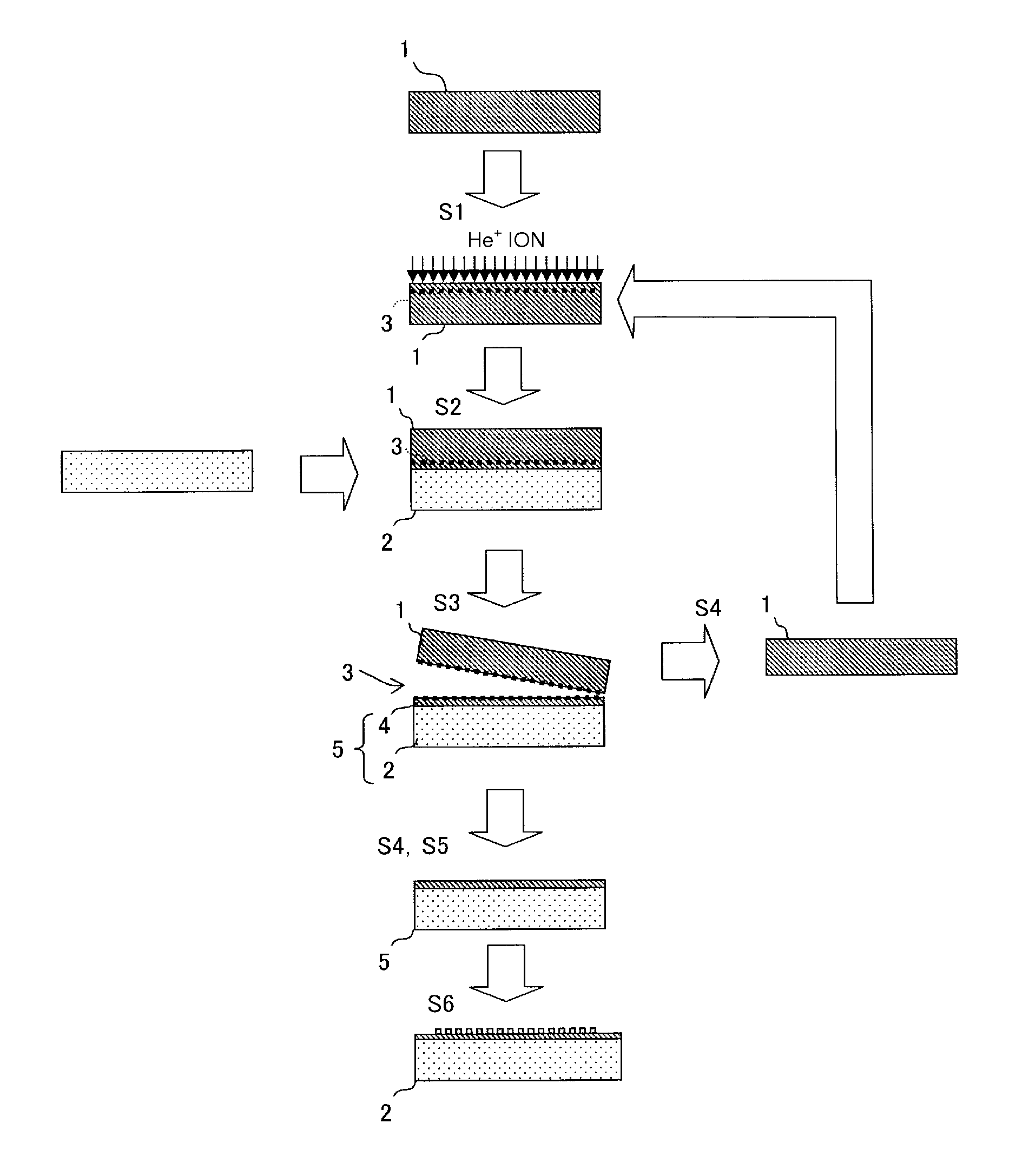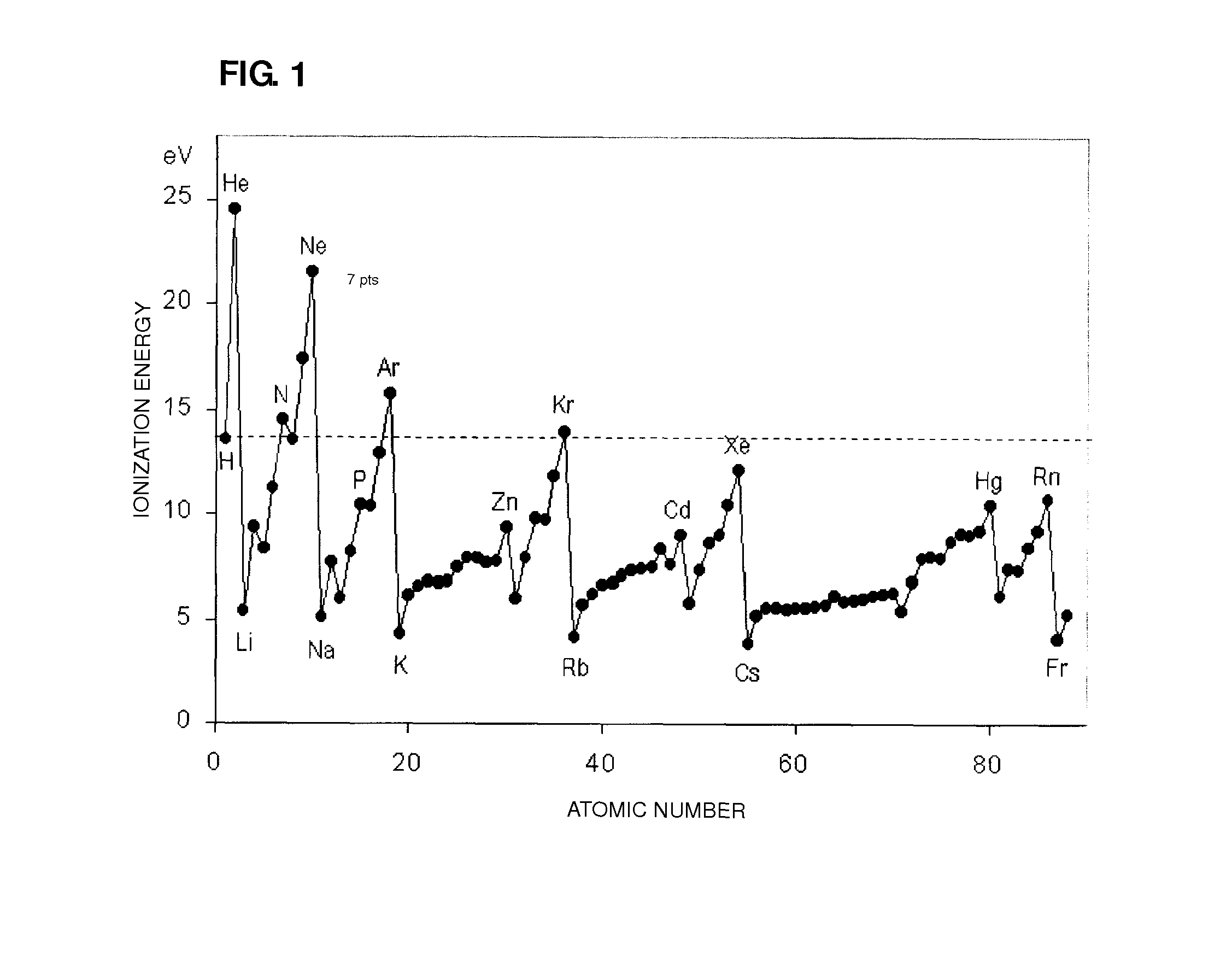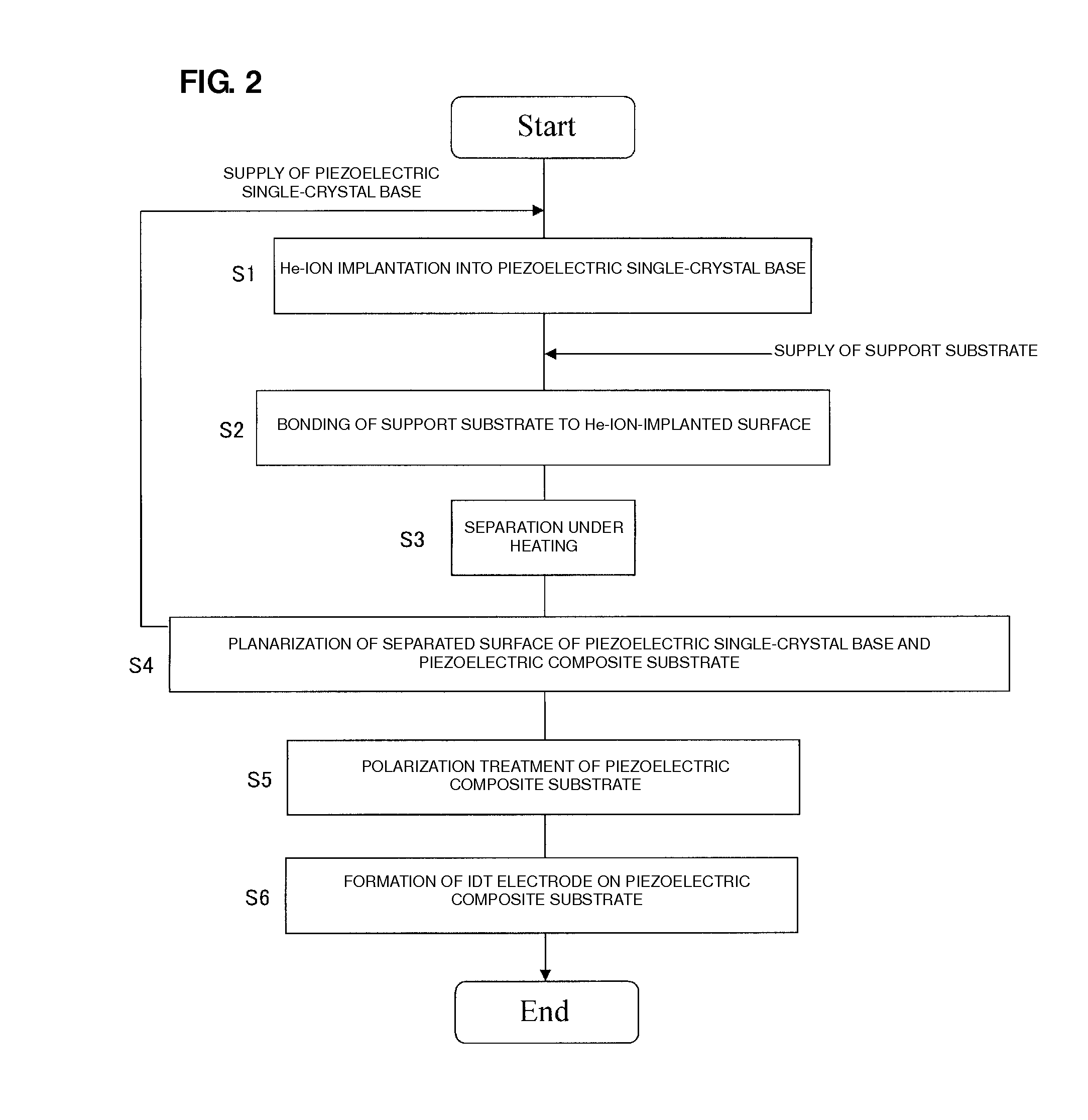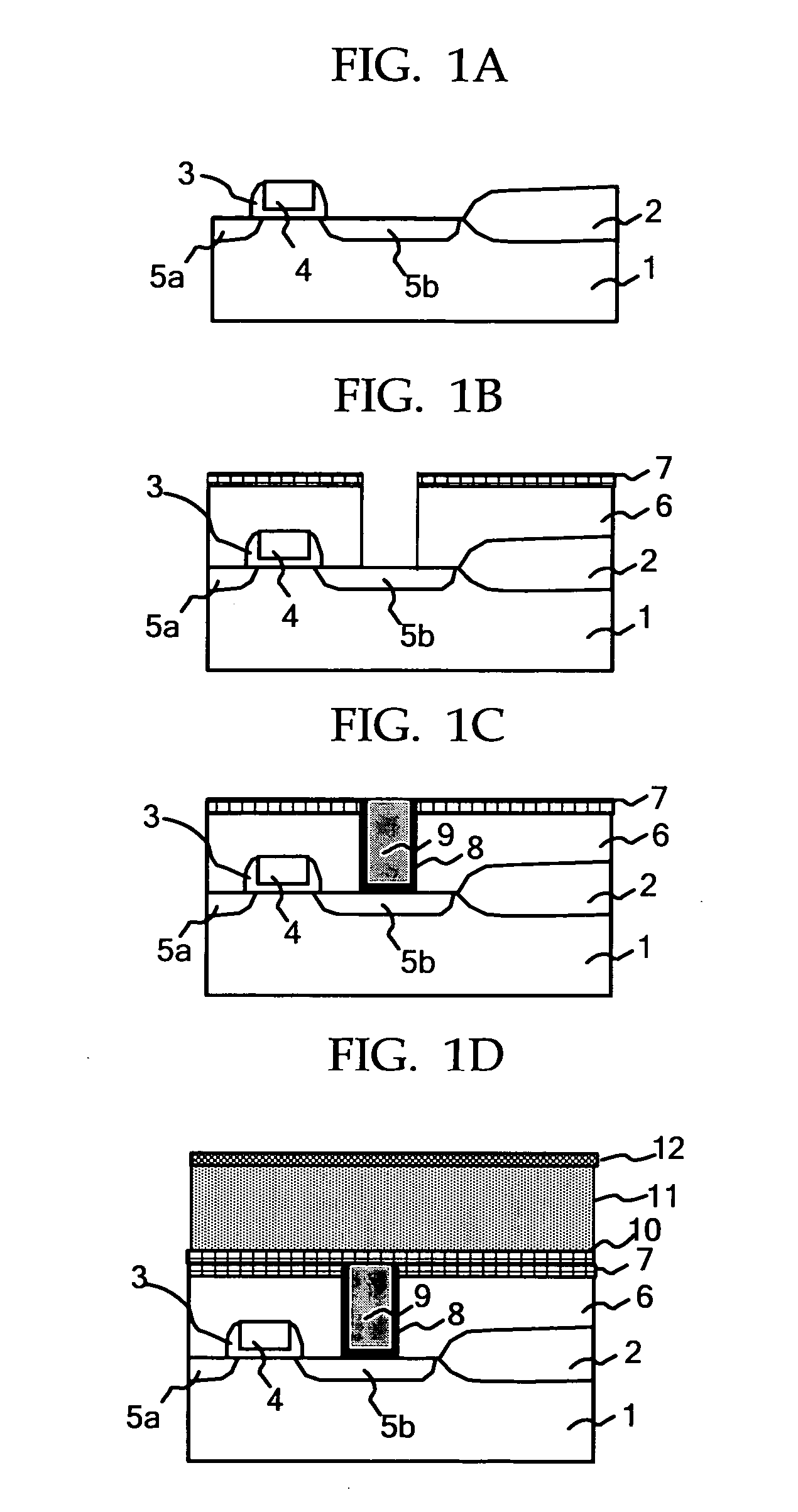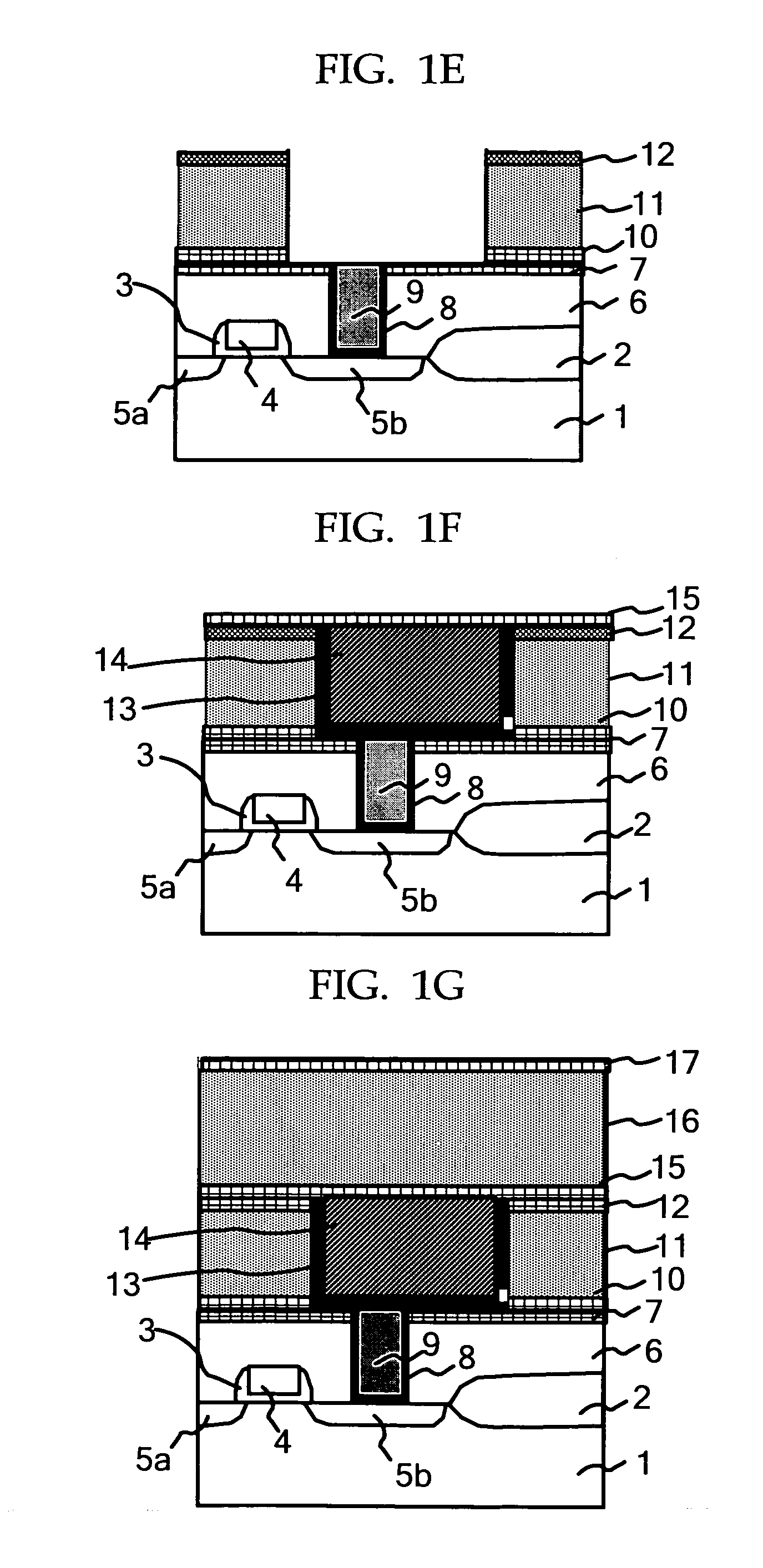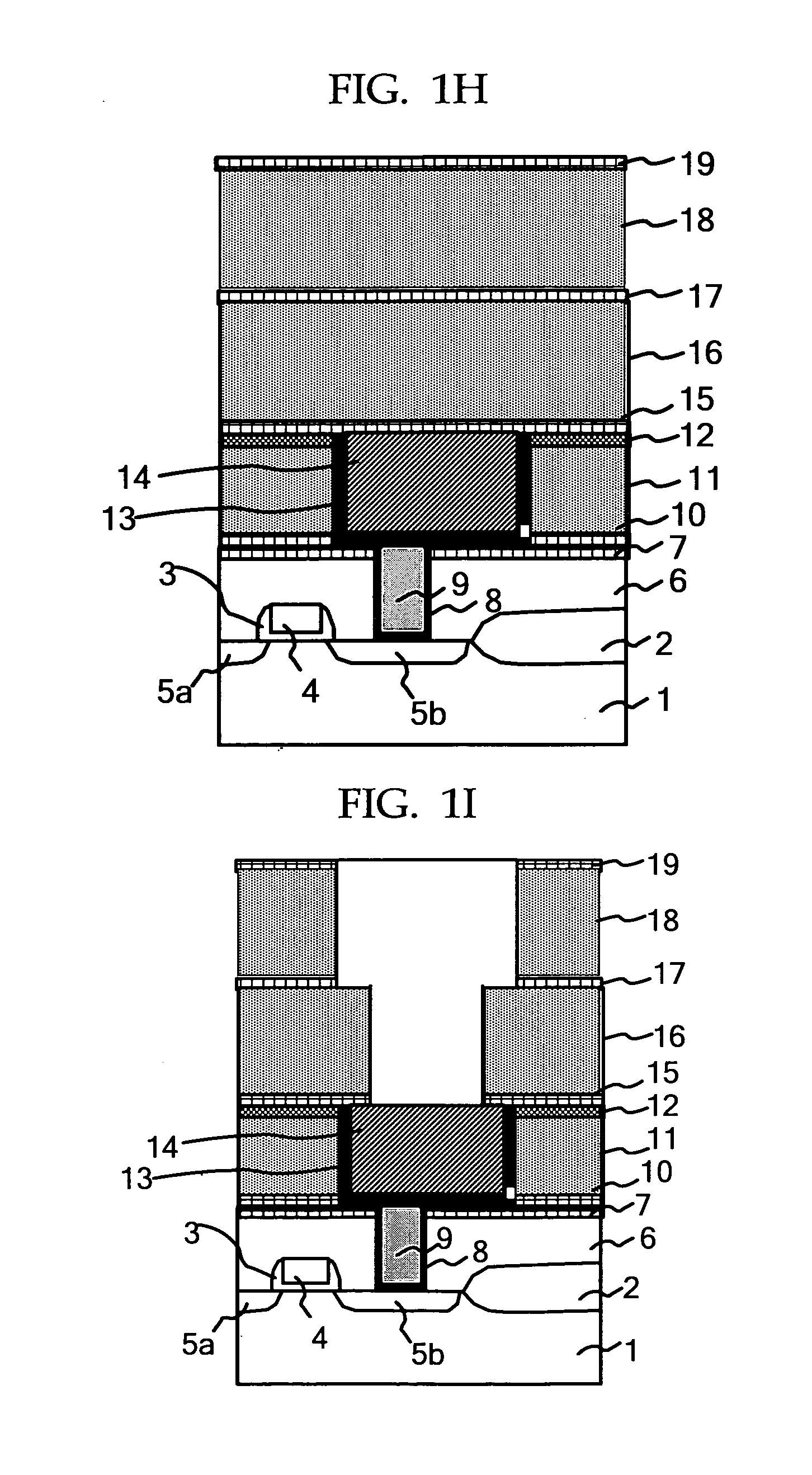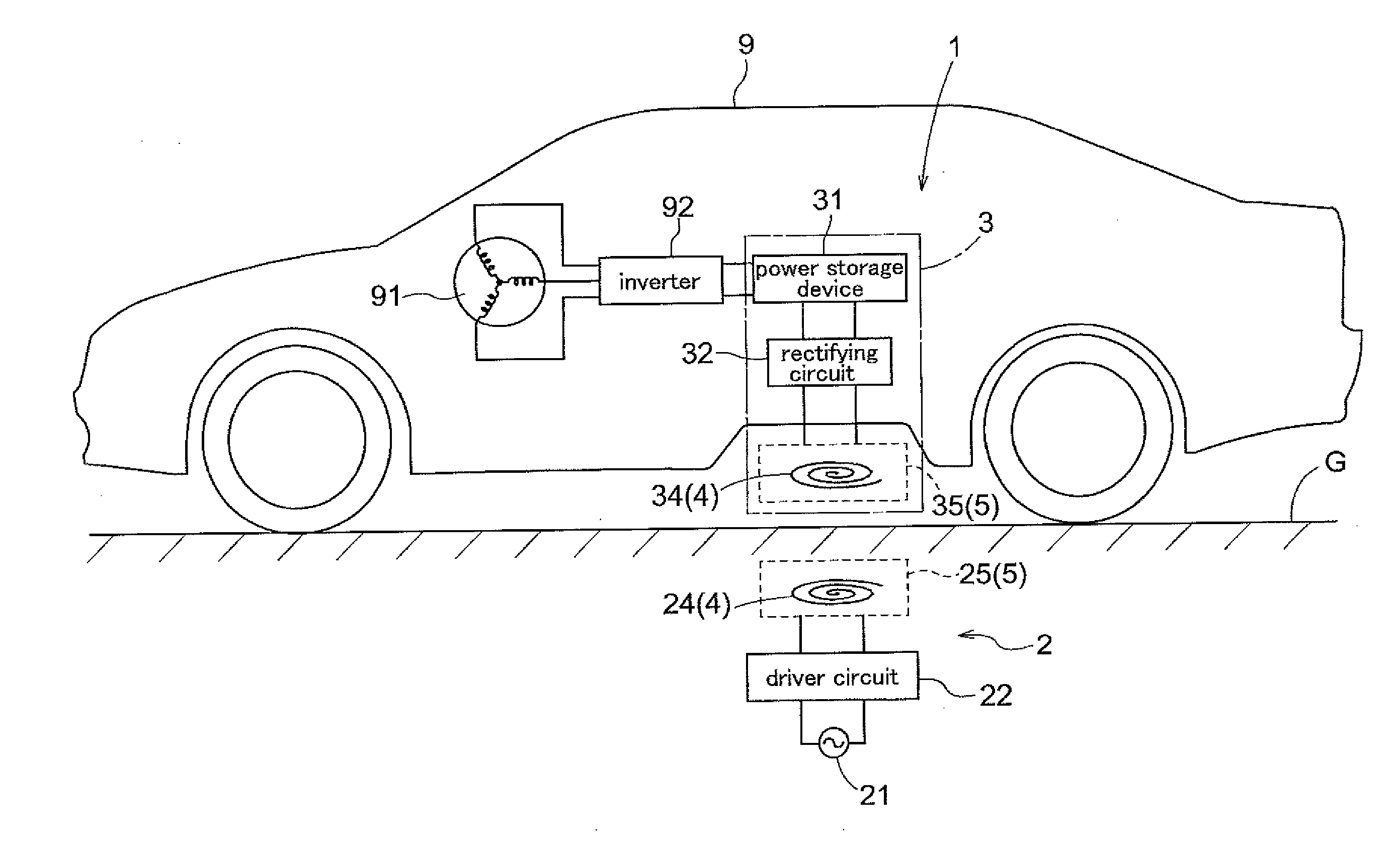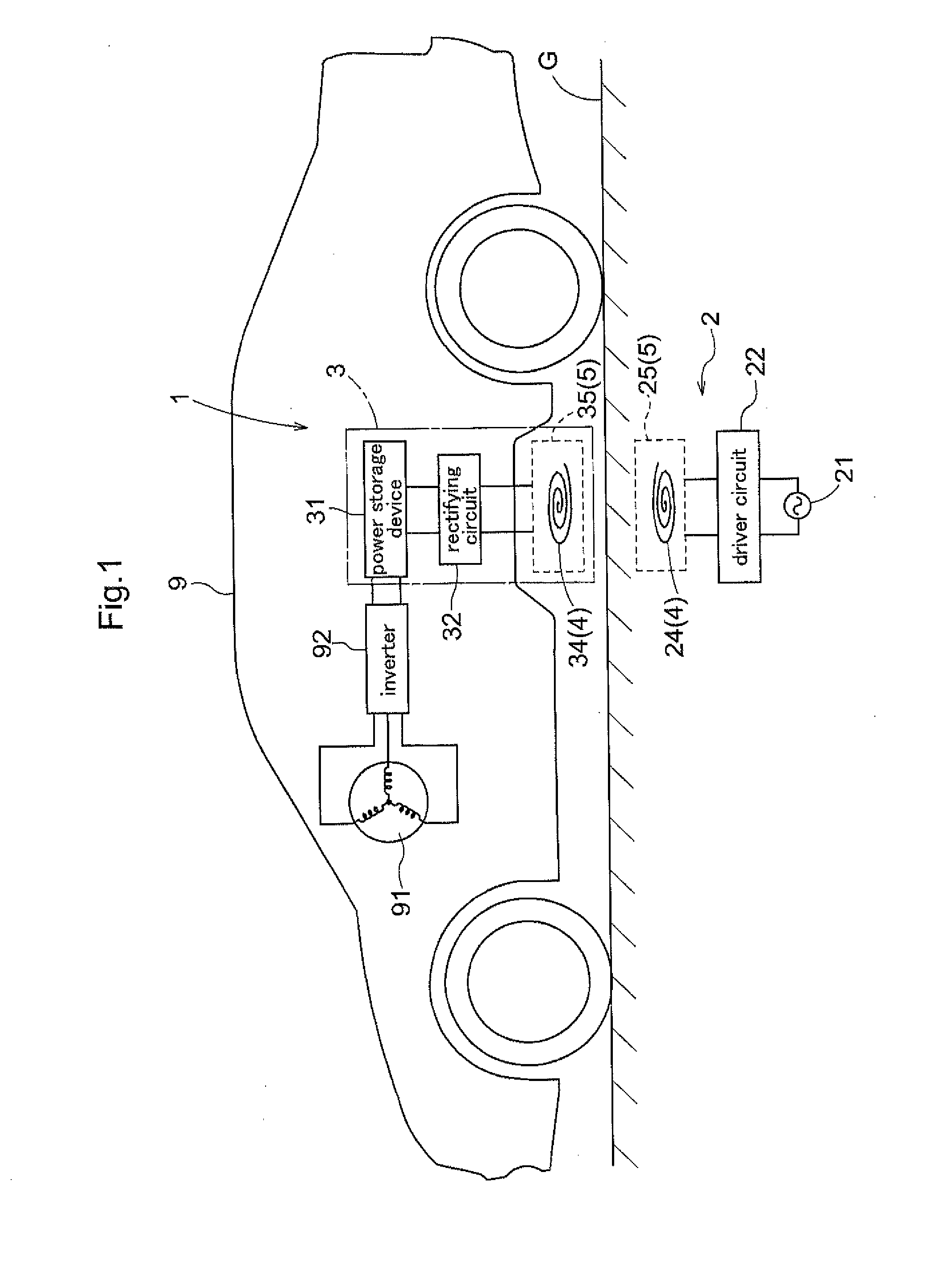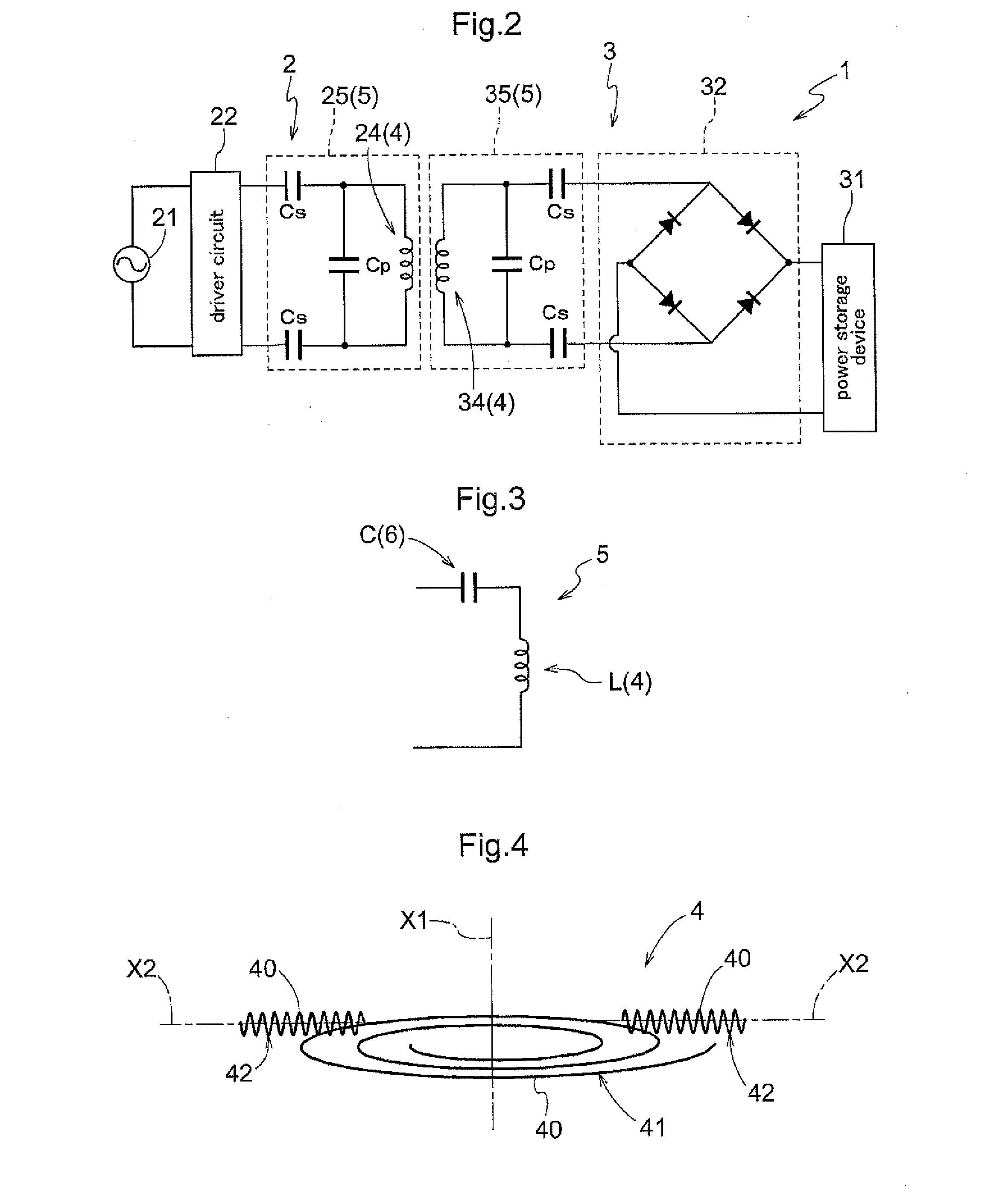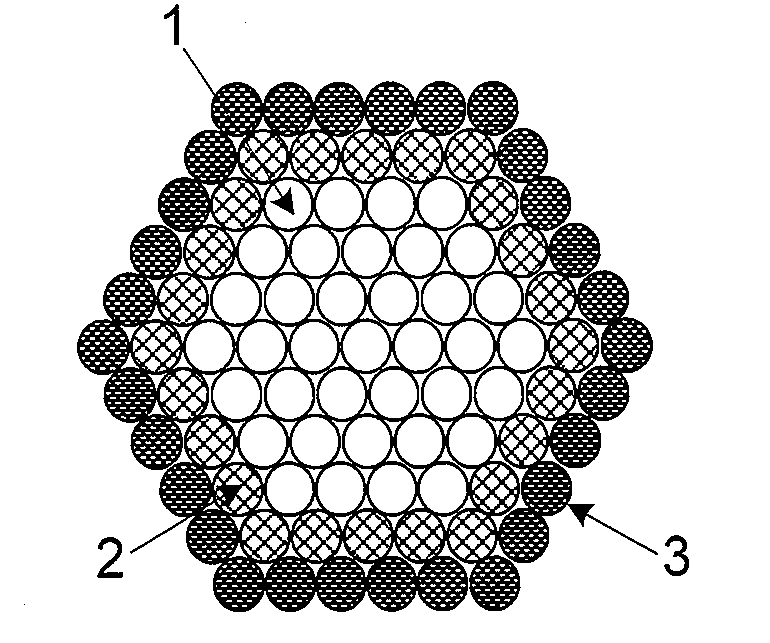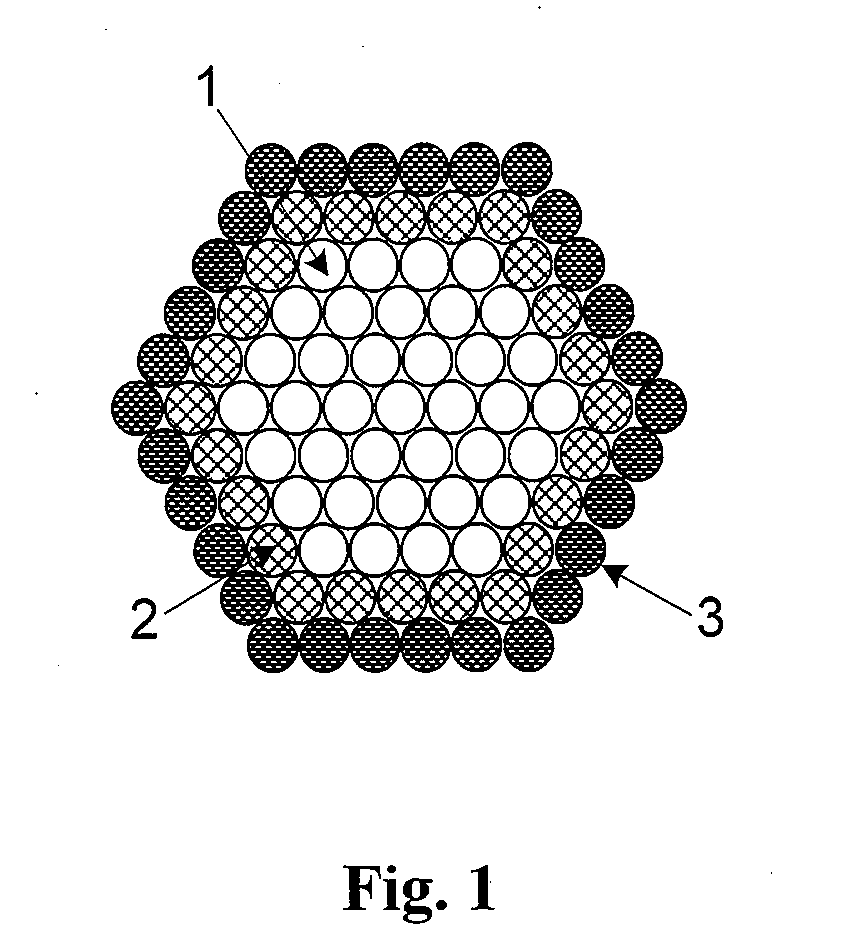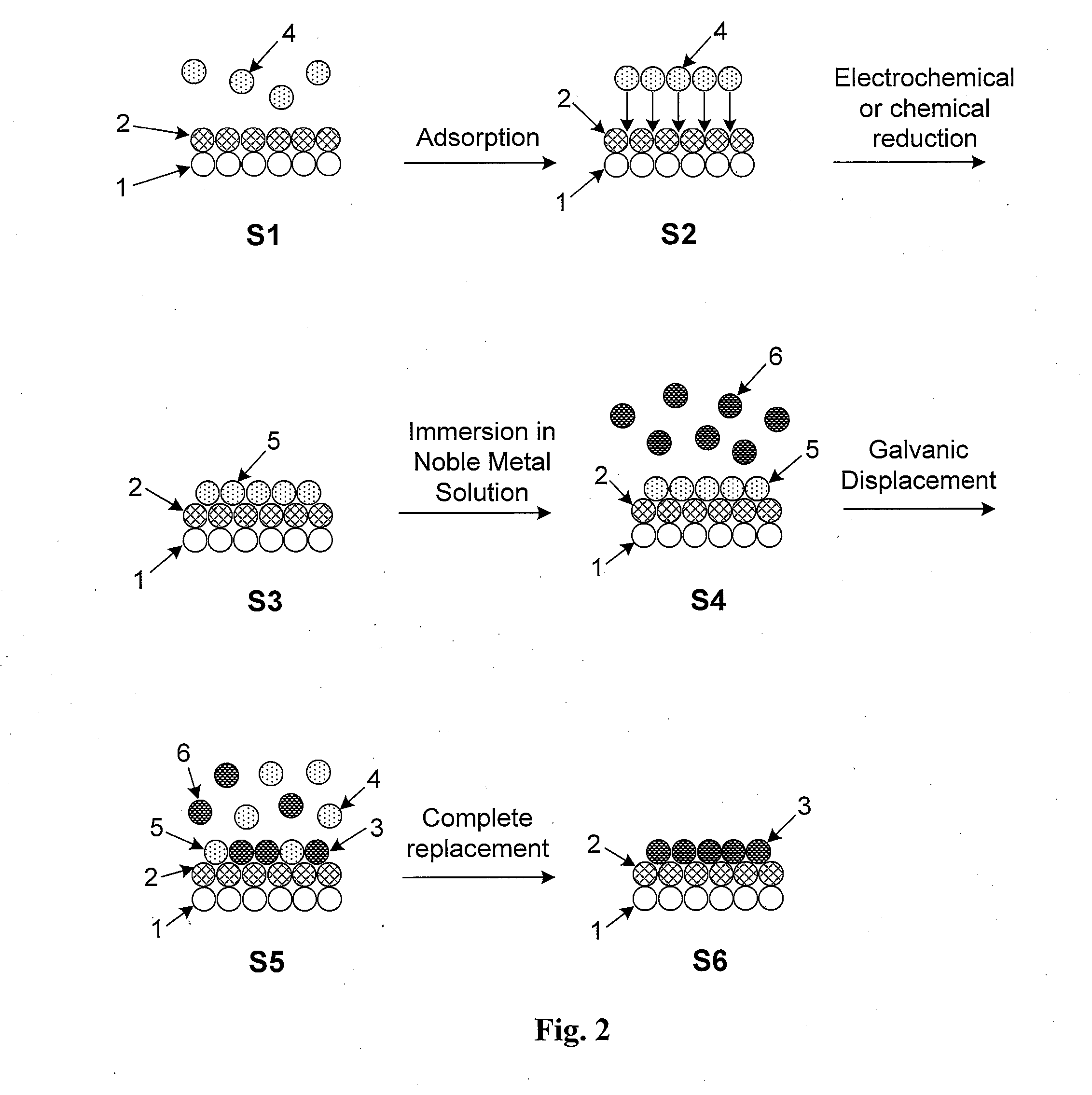Patents
Literature
Hiro is an intelligent assistant for R&D personnel, combined with Patent DNA, to facilitate innovative research.
1410results about How to "Efficiently formed" patented technology
Efficacy Topic
Property
Owner
Technical Advancement
Application Domain
Technology Topic
Technology Field Word
Patent Country/Region
Patent Type
Patent Status
Application Year
Inventor
Surgical stapling instrument having separate distinct closing and firing systems
InactiveUS7000818B2Severing and stapling tissueEfficiently formedSuture equipmentsStapling toolsSurgical stapleEngineering
Owner:CILAG GMBH INT
Thin-film deposition apparatus
ActiveUS20050229848A1Hinder reactionAvoid reactionSemiconductor/solid-state device manufacturingChemical vapor deposition coatingProduct gasEngineering
A gas-feeding apparatus configured to be connected to an evacuatable reaction chamber includes a gas-distribution head for introducing gases into the chamber through a head surface. The gas-feeding head includes a first section for discharging a gas through the head surface toward a susceptor and a second section for discharging a gas through the head surface toward the susceptor. The first and the second sections are isolated from each other in the gas-distribution head, at least one of which section is coupled to an exhaust system for purging therefrom a gas present in the corresponding section without passing through the head surface.
Owner:ASM JAPAN
Method for forming metal wiring structure
ActiveUS20070082132A1Efficiently formedImprove barrier propertiesSemiconductor/solid-state device detailsVacuum evaporation coatingCompound (substance)Metal halides
A method for forming a metal wiring structure includes: (i) providing a multi-layer structure including an exposed wiring layer and an exposed insulating layer in a reaction space; (ii) introducing an —NH2 or >NH terminal at least on an exposed surface of the insulating layer in a reducing atmosphere; (iii) introducing a reducing compound to the reaction space and then purging a reaction space; (iv) introducing a metal halide compound to the reaction space and then purging the reaction space; (v) introducing a gas containing N and H and then purging the reaction space; (vi) repeating steps (iii) to (v) in sequence to produce a metal-containing barrier layer; and (vii) forming a metal film on the metal-containing barrier layer.
Owner:ASM JAPAN
Method for forming insulation film
InactiveUS20050161434A1Quality improvementIncreasing the thicknessElectrical controlDecorative surface effectsSubstrate surfaceElectron
In a process involving the formation of an insulating film on a substrate for an electronic device, the insulating film is formed on the substrate surface by carrying out two or more steps for regulating the characteristic of the insulating film involved in the process under the same operation principle. The formation of an insulating film having a high level of cleanness can be realized by carrying out treatment such as cleaning, oxidation, nitriding, and a film thickness reduction while avoiding exposure to the air. Further, carrying out various steps regarding the formation of an insulating film under the same operation principle can realize simplification of the form of an apparatus and can form an insulating film having excellent property with a high efficiency.
Owner:TOKYO ELECTRON LTD
Phase-change memory cell and method of fabricating the phase-change memory cell
InactiveUS6936840B2Improve reliabilityHigh yieldTransistorSolid-state devicesPhase-change memoryEngineering
A memory cell and method of fabricating the memory cell includes an insulating layer formed on a first electrode layer, the insulating layer having a first opening, a stencil layer formed on the insulating layer, and having a second opening formed in an area of the first opening, a phase-change material layer formed on a surface of the first electrode layer in the first opening, and an electrically conductive layer including a first portion formed on the stencil layer and defining a second electrode layer and a second portion formed on the phase-change material layer.
Owner:GLOBALFOUNDRIES INC
Plasma processing apparatus and gas supply device for plasma processing apparatus
ActiveUS20120186521A1Reduce supply amountEfficiently formSemiconductor/solid-state device manufacturingChemical vapor deposition coatingForming gasPlasma processing
A plasma processing apparatus 31 includes a processing chamber 32; a gas supply unit 33 for supplying a plasma processing gas into a processing chamber 32; a mounting table 34 configured to hold the target substrate W thereon; a plasma generating device 39 configured to generate plasma within the processing chamber 32; and a gas supply device 61. The gas supply device 61 includes a head unit 62 configured to move between a first position above the mounting table 34 and a second position different from the first position and to supply a gas, and the head unit 62 is configured to supply a film forming gas to a small-volume region formed between the mounting table 34 and the head unit 62 when the head unit 62 is positioned at the first position and to adsorb the film forming gas on the target substrate W.
Owner:TOKYO ELECTRON LTD
Method for efficiently utilizing radio resources in a mobile telecommunication system providing VoIP service
InactiveUS20050213605A1Easy to useEfficiently formedNetwork traffic/resource managementClosure with auxillary devicesComputer networkMobile communication systems
A method for efficiently utilizing radio resources by reducing a size of a PDU of an RLC layer in a mobile communication system supporting a VoIP service. In the method, an RLC PDU is framed without inserting information regarding a start point and an end point of a voice packet, or existence or absence of padding, such that a size of overhead according to transmission of the voice packet can be reduced. Consequently, restricted radio resources can be efficiently used.
Owner:SAMSUNG ELECTRONICS CO LTD
Device for the generative manufacturing of three-dimensional components
ActiveUS20130108726A1Efficient and cost-effective operationEfficiently formedManufacturing platforms/substratesConfectioneryEngineeringMonochrome
The invention relates to a device for producing products having individual geometries, comprising a substrate carrier device, a material application device for applying material, preferably above the substrate carrier device, which material application device can be moved relative to the substrate carrier device, and a control device which is coupled to the material application device for signaling. According to the invention, the material application device is coupled to an input interface for signaling and for selection of a first or a second application mode, the control device and the application device being designed such as to produce, in the first application mode, a three-dimensional product on the surface of a substrate plate by way of an additive production method, said substrate plate being connected to the substrate carrier device. According to the additive production method, a curable material is applied in consecutive layers, one or more predetermined regions are selectively cured after or during each application of a layer, the predetermined regions being bonded to one or more regions of the underlying layer. The predetermined region(s) is / are predetermined by a cross-section geometry of the product in the respective layer and is / are stored in the control device, and the curable material is applied in a plurality of consecutive layers to produce the three-dimensional product. The control device and the application device are further designed such that in the second mode of application one or more colors are applied to predetermined regions of a print substrate material connected to the substrate carrier device to produce a monochrome or polychrome print.
Owner:BEGO MEDICAL
Light-Emitting Element, Display Device, Electronic Device, and Lighting Device
PendingUS20170012207A1Improve luminous efficiencyReduce the driving voltageSolid-state devicesSemiconductor/solid-state device manufacturingHost materialDisplay device
A light-emitting element containing a light-emitting material with high luminous efficiency is provided. The light-emitting element includes a host material and a guest material. The host material includes a first organic compound and a second organic compound. In the first organic compound, a difference between a singlet excitation energy level and a triplet excitation energy level is larger than 0 eV and smaller than or equal to 0.2 eV. The HOMO level of one of the first organic compound and the second organic compound is higher than or equal to that of the other organic compound, and the LUMO level of the one of the organic compounds is higher than or equal to that of the other organic compound. The first organic compound and the second organic compound form an exciplex.
Owner:SEMICON ENERGY LAB CO LTD
Light-emitting element, display device, electronic device, and lighting device
ActiveUS20160343949A1Improve luminous efficiencyReduce the driving voltageSolid-state devicesSemiconductor/solid-state device manufacturingLight equipmentFluorescence
A light-emitting element containing a light-emitting material with high light emission efficiency is provided. The light-emitting element includes a high molecular material and a guest material. The high molecular material includes at least a first high molecular chain and a second high molecular chain. The guest material has a function of exhibiting fluorescence or converting triplet excitation energy into light emission. The first high molecular chain and the second high molecular chain each include a first skeleton, a second skeleton, and a third skeleton, and the first skeleton and the second skeleton are bonded to each other through the third skeleton. The first high molecular chain and the second high molecular chain have a function of forming an excited complex.
Owner:SEMICON ENERGY LAB CO LTD
Light-emitting element, display device, electronic device, and lighting device
ActiveUS20160343954A1Improve luminous efficiencyReduce the driving voltageSolid-state devicesSemiconductor/solid-state device manufacturingLight equipmentFluorescence
A light-emitting element containing a light-emitting material and having high light emission efficiency is provided. The light-emitting element includes a host material and a guest material. The host material includes at least a first molecule and a second molecule having the same molecular structure. The guest material has a function of exhibiting fluorescence or converting triplet excitation energy into light emission. The first molecule and the second molecule each include a first skeleton, a second skeleton, and a third skeleton, and the first skeleton and the second skeleton are bonded to each other through the third skeleton. The first skeleton includes at least one of a π-electron rich heteroaromatic skeleton and an aromatic amine skeleton and the second skeleton includes a π-electron deficient heteroaromatic skeleton. The first molecule and the second molecule have a function of forming an excited complex.
Owner:SEMICON ENERGY LAB CO LTD
Vertical semiconductor device with tunnel insulator in current path controlled by gate electrode
InactiveUS6873009B2Suppress lowering of driving forceLower average currentTransistorSolid-state devicesGate leakage currentJunction leakage
It is an object of the present invention to provides a field effect transistor with extremely low leakage current. It is another object of the invention to provide a semiconductor memory device having an excellent information holding characteristic. It is a further object of the invention to provide a method for manufacturing in a simple manner a novel field effect transistor or semiconductor memory device with extremely low leakage current. According to a typical basic configuration of the present invention, a thin insulating film is inserted in a vertically disposed Schottky junction to form source and drain electrodes and a tunnel of the insulating film in the junction is controlled by a gate electrode. The gate electrode is disposed on each of both sides of a vertical channel, permitting a field effect to be exerted effectively on the junction, whereby a junction leakage in an OFF state can be made extremely low.
Owner:HITACHI LTD
Phase-change memory cell and method of fabricating the phase-change memory cell
InactiveUS20050167656A1Improve reliabilityHigh yieldTransistorDigital storagePhase-change memoryEngineering
A memory cell and method of fabricating the memory cell includes an insulating layer formed on a first electrode layer, the insulating layer having a first opening, a stencil layer formed on the insulating layer, and having a second opening formed in an area of the first opening, a phase-change material layer formed on a surface of the first electrode layer in the first opening, and an electrically conductive layer including a first portion formed on the stencil layer and defining a second electrode layer and a second portion formed on the phase-change material layer.
Owner:GLOBALFOUNDRIES INC
Shower head and cvd apparatus using the same
InactiveUS20080196666A1Efficient dissociationImprove efficiencyElectric discharge tubesChemical vapor deposition coatingEngineeringMechanical engineering
The showerhead for a CVD apparatus can be easily produced and is capable of forming a film efficiently. The showerhead comprises: a shower plate being made of a metal; and a porous plate contacting a rear face of the shower plate. A plurality of gas diffusion holes are formed in a plate section of the shower plate, which faces a workpiece, and penetrate the plate section in the thickness direction, and the porous plate covers all of the gas diffusion holes.
Owner:ORBOTECH LT SOLAR
Noncontact power-transmission coil, portable terminal and terminal charging device, planar coil magnetic layer formation device, and magnetic layer formation method
ActiveUS20080164844A1Efficiently formedImprove efficiencyCircuit authenticationTransformers/inductances coils/windings/connectionsElectric power transmissionElectrical conductor
Owner:SONY MOBILE COMM INC +1
Organic thin film transistor and method of manufacturing the same, and semiconductor device having the organic thin film transistor
InactiveUS20040023447A1Simple manufacturing processThin thicknessSolid-state devicesSemiconductor/solid-state device manufacturingMan-hourEngineering
There have been problems in that a dedicated apparatus is needed for a conventional method of manufacturing an organic thin film transistor and in that: a little amount of an organic semiconductor film is formed with respect to a usage amount of a material; and most of the used material is discarded. Further, apparatus maintenance such as cleaning of the inside of an apparatus cup or chamber has needed to be frequently carried out in order to remove the contamination resulting from the material that is wastefully discarded. Therefore, a great cost for materials and man-hours for maintenance of apparatus have been required. In the present invention, a uniform organic semiconductor film is formed by forming an aperture between a first substrate for forming the organic semiconductor film and a second substrate used for injection with an insulating film formed at a specific spot and by injecting an organic semiconductor film material into the aperture due to capillarity to the aperture. The insulating film formed at the specific spot enables formation of the organic semiconductor film with high controllability. Further, the insulating film can also serve as a spacer that holds the aperture, that is, an interval (gap) between the substrates.
Owner:SEMICON ENERGY LAB CO LTD
Methods of post chemical mechanical polishing and wafer cleaning using amidoxime compositions
InactiveUS20090133716A1Reducing and eliminating corrosion problemSignificant to useOrganic detergent compounding agentsNon-surface-active detergent compositionsDielectric surfaceCompound (substance)
The invention relates to a method for the removal of residues and contaminants from metal or dielectric surfaces and to a method for chemical mechanical polishing of a copper or aluminum surface. The methods of the invention include using an aqueous amidoxime complex agent. Optionally, the pH of the solution can be adjusted with an acid or base. The method includes applying the above composition to the copper or aluminum surface and polishing the surface in the presence of the composition.
Owner:EKC TECH
Method for manufacturing semiconductor device, and method for manufacturing semiconductor module
ActiveUS6916725B2Short timeImprove throughputSemiconductor/solid-state device detailsSolid-state devicesDevice materialEngineering
To form through electrodes effectively without deteriorating the quality of the through electrodes, a semiconductor substrate is spin etched at its back surface, thereby thinning down the semiconductor substrate, making opening sections penetrate the semiconductor substrate, and forming through holes in the semiconductor substrate. Tips of embedded electrodes are exposed out of the through holes in the semiconductor substrate, to form through electrodes.
Owner:SAMSUNG ELECTRONICS CO LTD
Semiconductor integrated circuit device having improved punch-through resistance and production method thereof, semiconductor integrated circuit device including a low-voltage transistor and a high-voltage transistor
InactiveUS20050280075A1Increase resistanceRaise the threshold voltageTransistorSolid-state devicesHigh voltage transistorsHigh pressure
An integrated circuit device comprises a memory cell well formed with a flash memory device, first and second well of opposite conductivity types for formation of high voltage transistors, and third and fourth wells of opposite conductivity types for low voltage transistors, wherein at least one of the fist and second wells and at least one of the third and fourth wells have an impurity distribution profile steeper than the memory cell well.
Owner:FUJITSU SEMICON LTD
Bacteriorhodopsin Protein Variants and Methods of Use for Long Term Data Storage
ActiveUS20090268511A1High through-put storageEnhanced protein performanceNanoinformaticsPeptide preparation methodsLong term dataWild type
Bacteriorhodopsin protein variants and methods using the bacteriorhodopsin variants for performance in holographic and three-dimensional (3D) memory storage devices are described. The amino acid and chemical modifications of bacteriorhodopsin provided herein achieve greatly enhanced protein performance. The memory storage devices write, read and erase data proficiently. The bacteriorhodopsin protein variants are useful in optical memory storage and associative processor systems. Irradiation of the light-sensitive protein with light of known wavelength causes the protein to switch between different states. The variants enter the branched photocycle via a single or a two photon process and form the permanent ‘Q’ state more efficiently than the wild-type bacteriorhodopsin protein. This branching photocycle of the variants is exploited in the fabrication of 3D memory storage devices.
Owner:UNIV OF CONNECTICUT
Preshaped localization catheter, system, and method for graphically reconstructing pulmonary vein ostia
ActiveUS20060253116A1Efficiently formedIncrease contactSurgical instrument detailsCatheterVeinProximal point
Catheters, systems, and methods are provided for performing medical procedures, such as tissue ablation, adjacent the ostia of anatomical vessels, such as pulmonary veins. The catheter comprises an elongated flexible catheter body, which includes a proximal shaft portion and a distal shaft portion, and a tracking element carried by the distal shaft portion. The proximal section is pre-shaped to form a curve having an apex sized to be inserted into the vessel ostium, and a distal section configured to contact the adjacent tissue when the curve apex is inserted within the vessel ostium. The method may comprise inserting the curve apex into the vessel ostium to place the distal section in contact with a first tissue site adjacent the vessel ostium, and determining a location of the tracking element(s) within a coordinate system while the distal section is in contact with the first tissue site.
Owner:BOSTON SCI SCIMED INC
Multiphoton photosensitization system
InactiveUS6852766B1Efficiently formedHigh sensitivityOrganic chemistryPhotosensitive materialsChemical reactionPhotoinitiator
A method of multiphoton photosensitizing a photoreactive composition comprises irradiating the composition with light sufficient to cause simultaneous absorption of at least two photons, thereby inducing at least one acid- or radical-initiated chemical reaction where the composition is exposed to the light. The composition comprises: (a) at least one reactive species that is capable of undergoing such reaction; and (b) at least one multi-component, multiphoton photoinitiator system.
Owner:3M INNOVATIVE PROPERTIES CO
Dual work function CMOS devices utilizing carbide based electrodes
ActiveUS20070037335A1Efficiently formedHigh bulk densitySemiconductor/solid-state device manufacturingSemiconductor devicesCMOSCarbide
Concurrently forming different metal gate transistors having respective work functions is disclosed. In one example, a metal carbide, which has a relatively low work function, is formed over a semiconductor substrate. Oxygen and / or nitrogen are then added to the metal carbide in a second region to establish a second work function in the second region, where the metal carbide itself establishes a first work function in a first region. One or more first metal gate transistor types are then formed in the first region and one or more second metal gate transistor types are formed in the second region.
Owner:TEXAS INSTR INC
Thin-film deposition apparatus
ActiveUS7273526B2Avoid reactionPurge very quicklySemiconductor/solid-state device manufacturingChemical vapor deposition coatingSusceptorEngineering
Owner:ASM JAPAN
Process for manufacture of negative electrode material for a non-aqueous electrolyte secondary battery
InactiveUS20030175589A1Maintain good propertiesReduce battery sizeSolid electrolytesElectrode manufacturing processesAlloySolid solution
A negative electrode material for a nonaqueous electrolyte secondary battery having a high discharge capacity and a good cycle life is made from alloy particles having an average particle diameter of 0.1-50 mum and including Si phase grains 40 and a phase of a solid solution or an intermetallic compound of Si and other element selected from Group 2A elements, transition elements, Group 3B elements, and Group 4B elements from the long form periodic table (for example, an NiSi2 phase 42 and an [NiSi2+NiSi] phase 41) at least partially enveloping the Si phase grains. 5-99 wt % of this material is Si phase grains. The alloy particles can be manufactured by rapid solidification (such as atomization or roller quenching) of a melt including Si and the other element, or by adhering the other element to Si powder by electroless plating or mechanical alloying and then performing heat treatment. Even if rapid solidification is carried out, a negative electrode material having a good discharge capacity and cycle life is obtained without heat treatment.
Owner:CHUO DENKI KOGYO CO LTD
Backpack based system for human electricity generation and use when off the electric grid
ActiveUS20090015022A1Prolong lifeReduce weightTravelling sacksAcceleration measurementRange of motionElectrical battery
An electricity-generating backpack that is substantially lighter in weight, has the multiple springs replaced with one large spring whose spring constant can be adjusted in the field in seconds, and replaces a DC generator with a brushless AC generator that permits approximately 70% generator efficiency and the generation of up to 20 W of electrical power by converting mechanical energy to electrical power. A device is provided that always removes some electricity, but not too much, as necessary to extract large levels of the electricity while controlling damping by providing electrical damping circuits including a DC-DC converter designed to emulate a desired load at its input terminals. Additional electricity generating E-MOD devices may be used for generating additional power by hooking an E-Mod device to a generator and to the backpack belt at the wearer's hip and includes a wand that fits against the wearer's femur so as to move through a range of motion as the patient walks. The system also provides multiple possibilities of electricity generation when not walking including a light-weight bicycle ergometer which can be mounted to the backpack frame and generate very high power levels (100 W). The electricity generated and stored by the backpack may be used to charge batteries and to power a number of devices that may be carried by the backpack, such as a Sterling Cooler System that is powered by the backpack's stored power to provide cooling power for cooling items carried by the backpack.
Owner:LIGHTNING PACKS
Method for producing piezoelectric composite substrate
ActiveUS8932686B2Improve utilization efficiencyUniform thicknessAfter-treatment detailsImpedence networksSingle crystalPiezoelectric composite
A method for producing a piezoelectric composite substrate having a single-crystal thin film of a piezoelectric material includes an ion-implantation step and a separation step. In the ion-implantation step, He+ ions are implanted into the single-crystal base made of the piezoelectric material to form localized microcavities in a separation layer located inside the single-crystal base and apart from a surface of the single-crystal base. In the separation step, the microcavities formed in the ion-implantation step are subjected to thermal stress to divide the separation layer of the piezoelectric single-crystal base, thereby detaching the single-crystal thin film.
Owner:MURATA MFG CO LTD
Silica film forming material, silica film and method of manufacturing the same, multilayer wiring structure and method of manufacturing the same, and semiconductor device and method of manufacturing the same
InactiveUS20070026689A1Reduced parasitic capacityImprove signal transmission speedSemiconductor/solid-state device manufacturingCoatingsSilicon dioxideSemiconductor
Owner:FUJITSU LTD
Antenna coil
InactiveUS20150137612A1Reduced strengthTransmission limitLoop antennas with ferromagnetic coreCharging stationsMagnetic fluxPhysics
Provided is an antenna coil capable of forming a magnetic field in a desired direction in an efficient manner, while suppressing leakage of magnetic flux into a space other than the space in which the magnetic field is formed. The antenna coil includes a main coil portion formed by winding a length of conductor wire around a first reference axis and an auxiliary coil portion formed by winding the conductor wire around a second reference axis. The second reference axis is set to intersect the magnetic flux of the main coil portion at an axial end of the auxiliary coil portion. The main coil portion and the auxiliary coil portion are connected to together form a closed circuit.
Owner:EQUOS RES
Platinum-Coated Non-Noble Metal-Noble Metal Core-Shell Electrocatalysts
InactiveUS20100197490A1Minimal loadingEfficiently formedMaterial nanotechnologyCell electrodesAlloyPt element
Core-shell particles encapsulated by a thin film of a catalytically active metal are described. The particles are preferably nanoparticles comprising a non-noble core with a noble metal shell which preferably do not include Pt. The non-noble metal-noble metal core-shell nanoparticles are encapsulated by a catalytically active metal which is preferably Pt. The core-shell nanoparticles are preferably formed by prolonged elevated-temperature annealing of nanoparticle alloys in an inert environment. This causes the noble metal component to surface segregate and form an atomically thin shell. The Pt overlayer is formed by a process involving the underpotential deposition of a monolayer of a non-noble metal followed by immersion in a solution comprising a Pt salt. A thin Pt layer forms via the galvanic displacement of non-noble surface atoms by more noble Pt atoms in the salt. The overall process is a robust and cost-efficient method for forming Pt-coated non-noble metal-noble metal core-shell nanoparticles.
Owner:BROOKHAVEN SCI ASSOCS
Features
- R&D
- Intellectual Property
- Life Sciences
- Materials
- Tech Scout
Why Patsnap Eureka
- Unparalleled Data Quality
- Higher Quality Content
- 60% Fewer Hallucinations
Social media
Patsnap Eureka Blog
Learn More Browse by: Latest US Patents, China's latest patents, Technical Efficacy Thesaurus, Application Domain, Technology Topic, Popular Technical Reports.
© 2025 PatSnap. All rights reserved.Legal|Privacy policy|Modern Slavery Act Transparency Statement|Sitemap|About US| Contact US: help@patsnap.com
